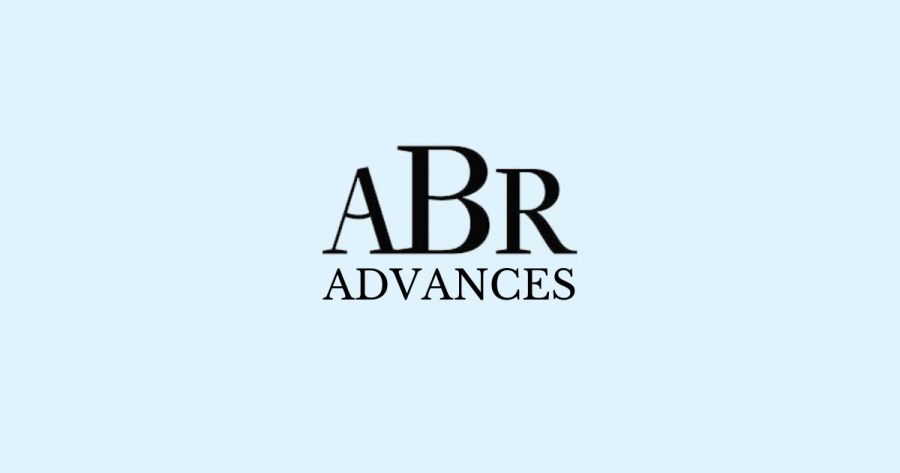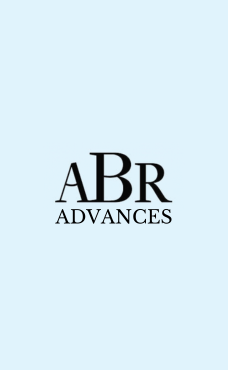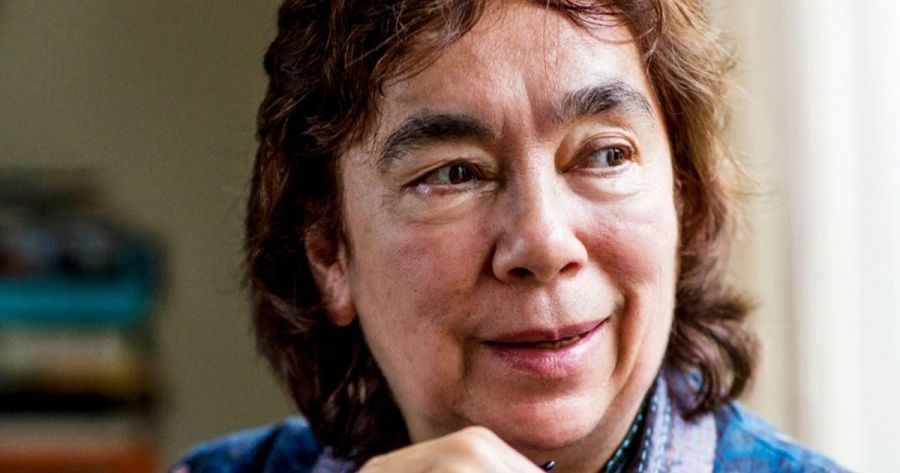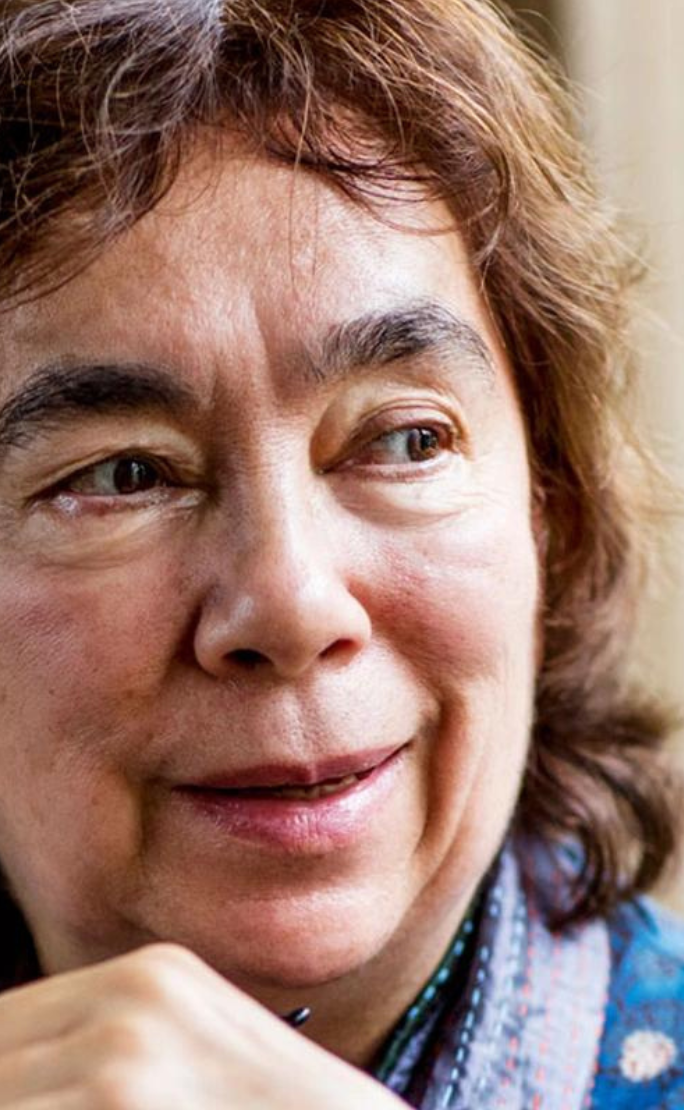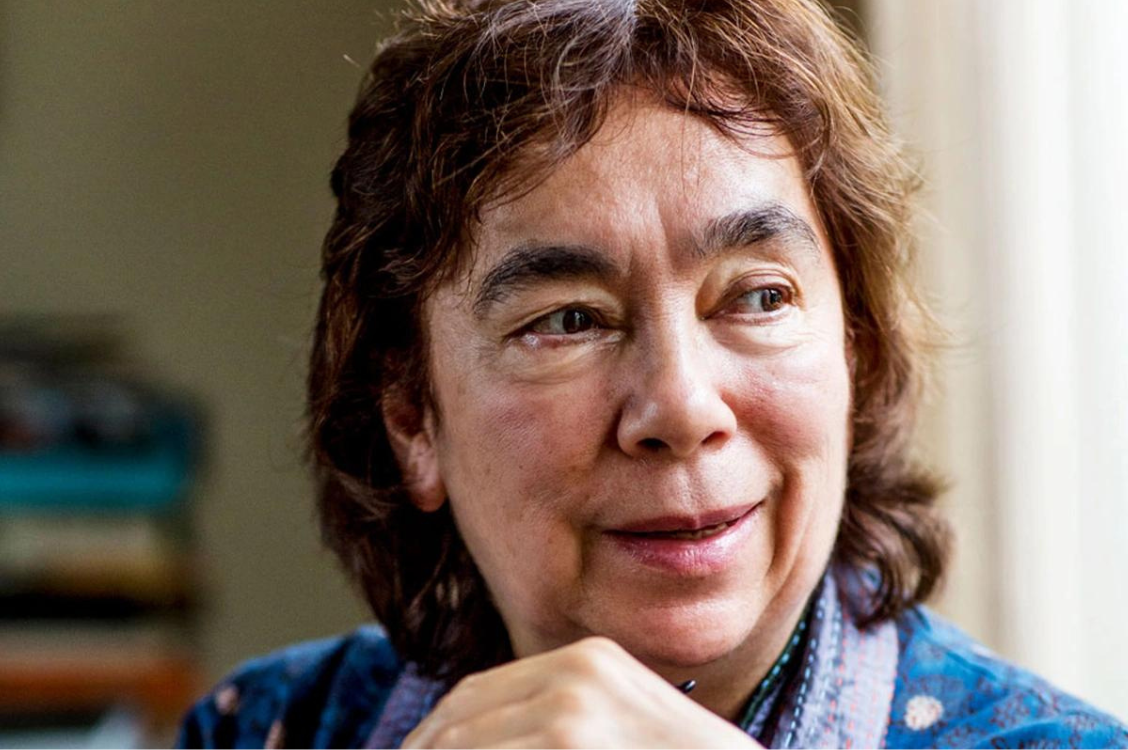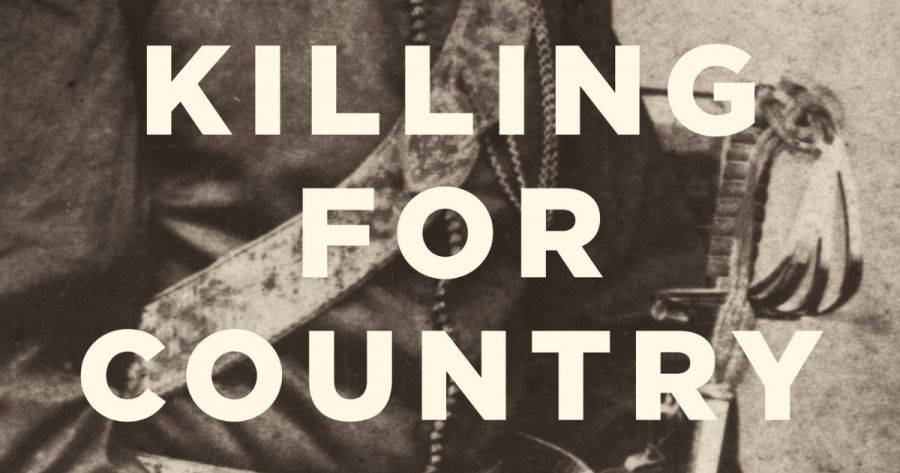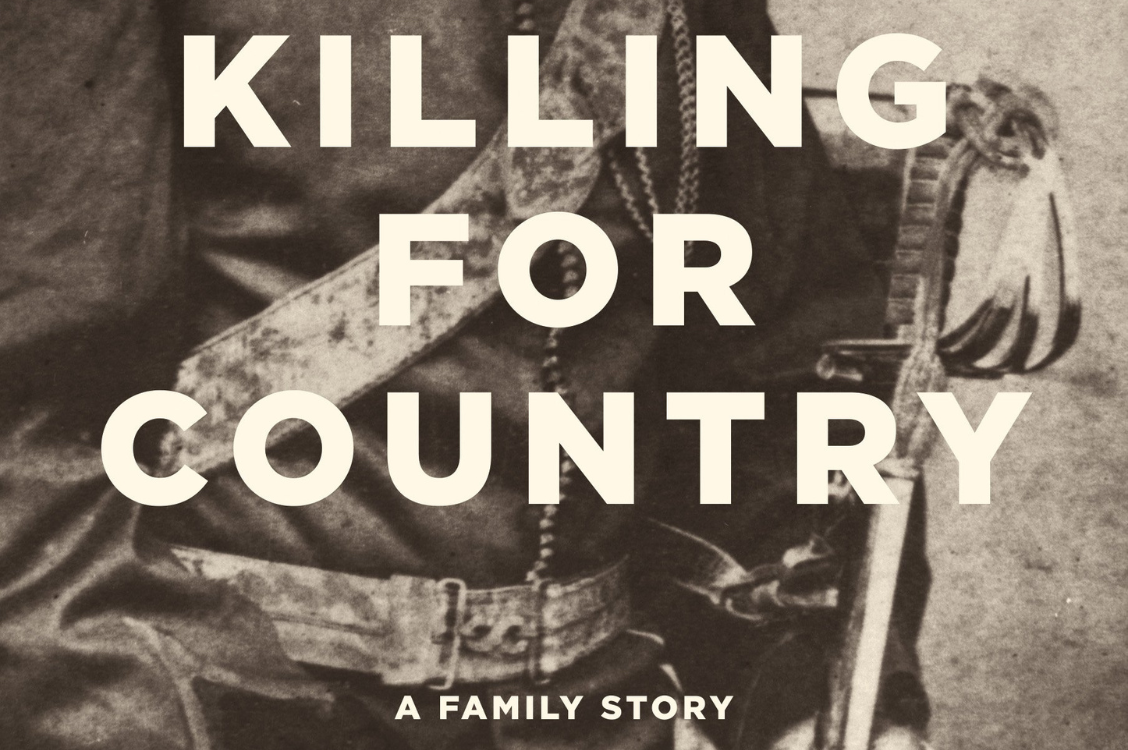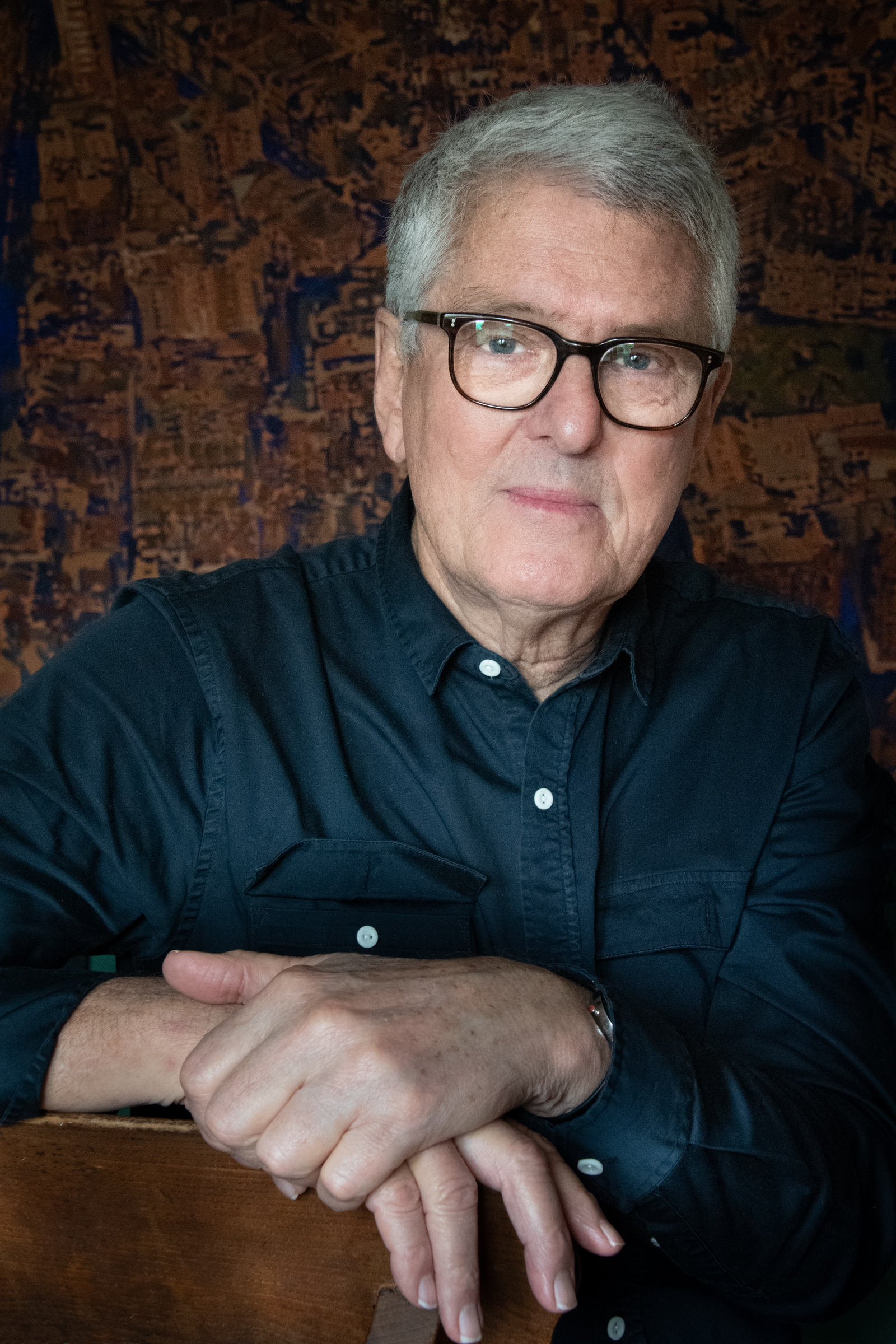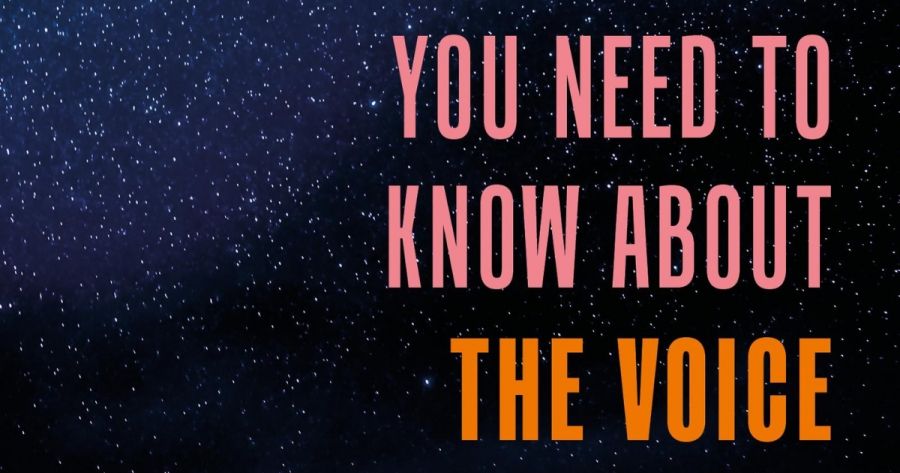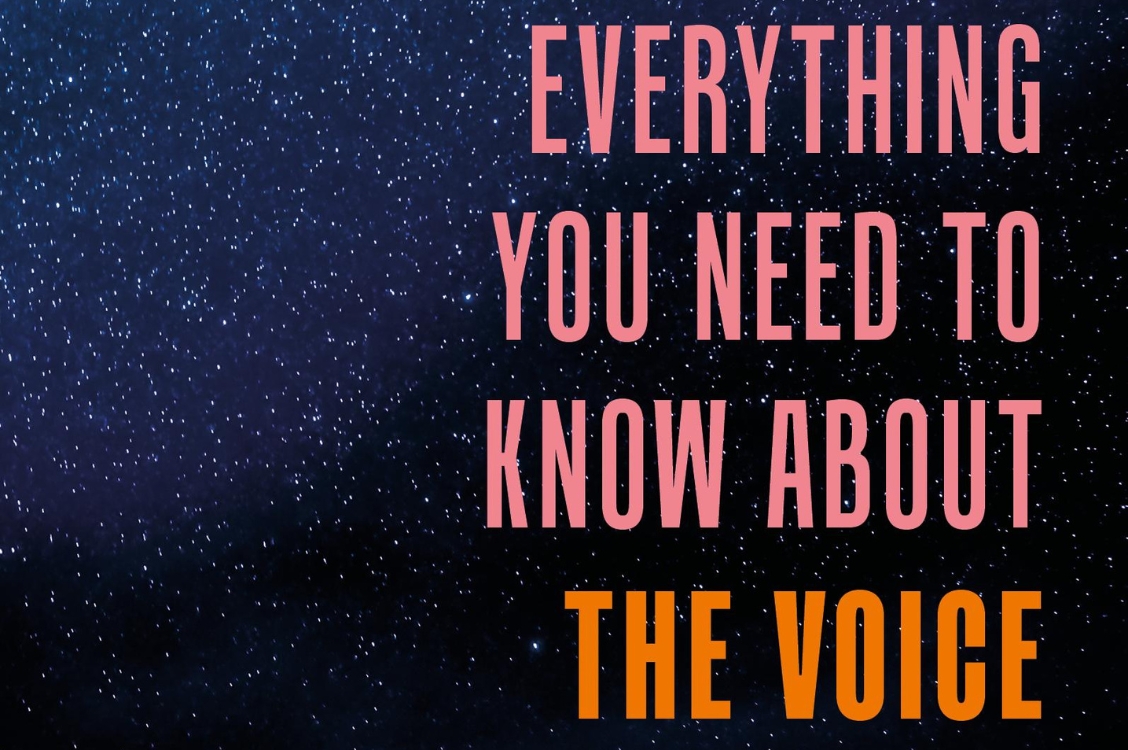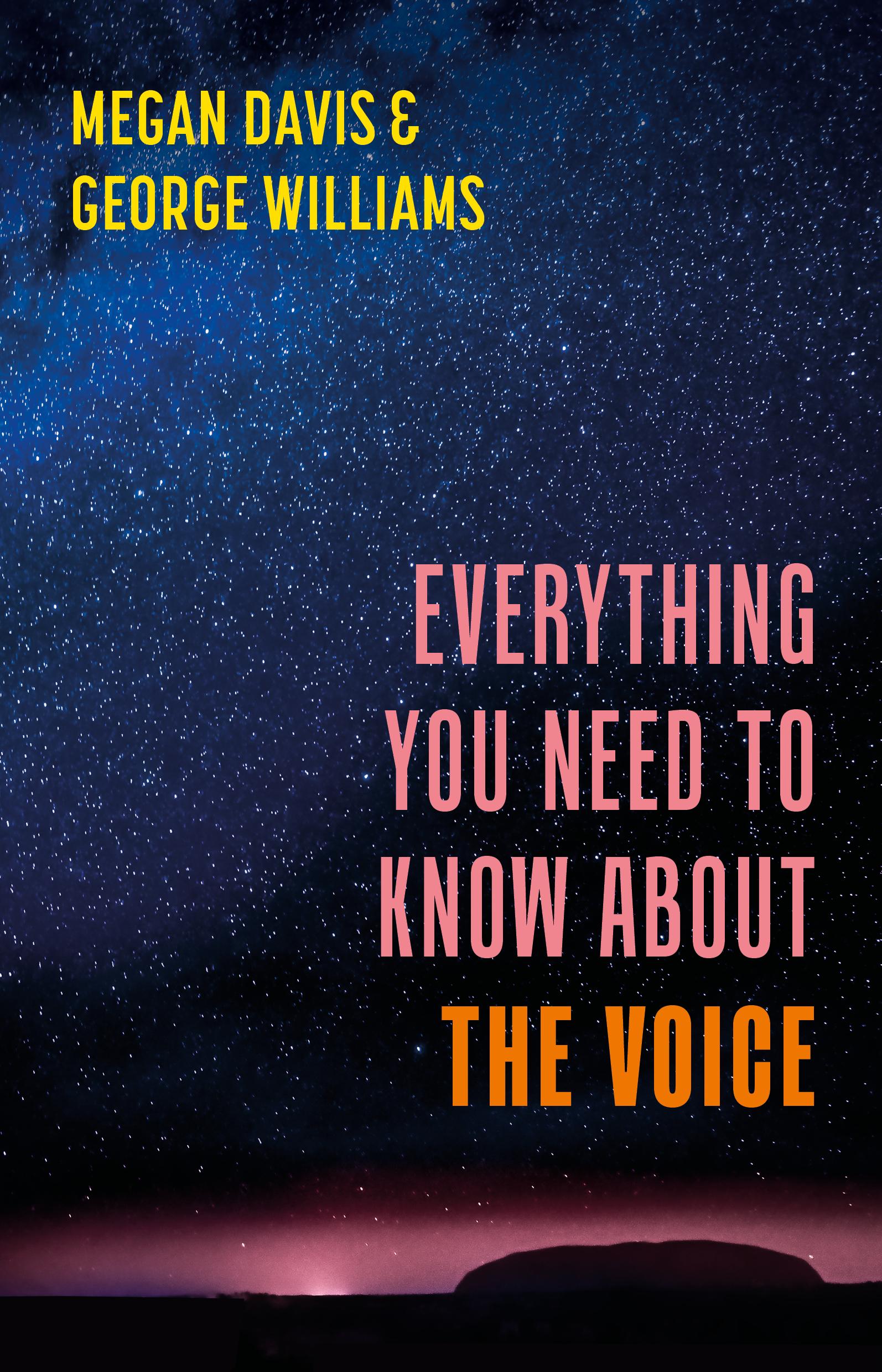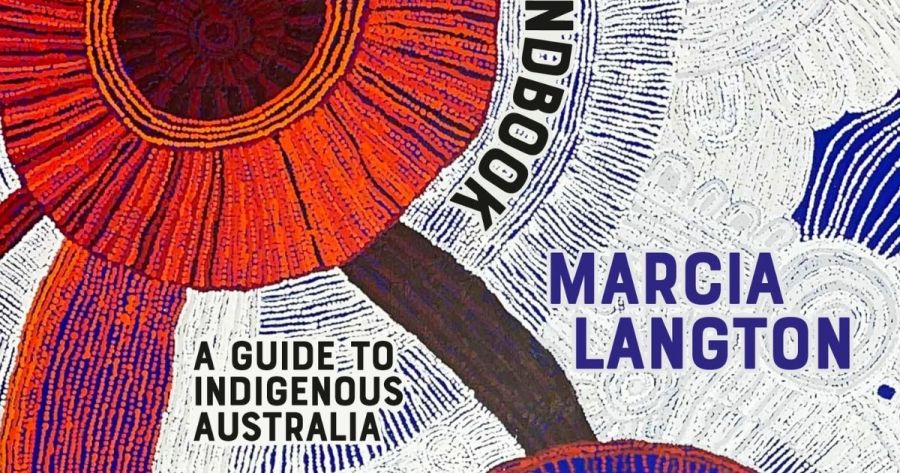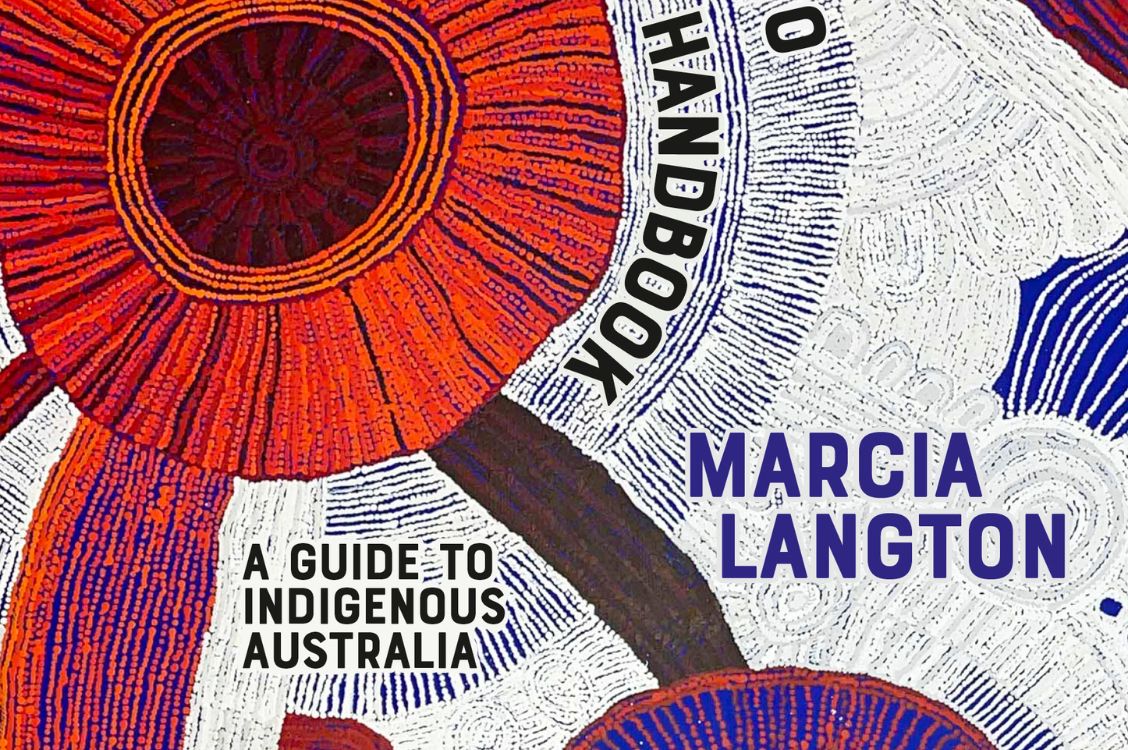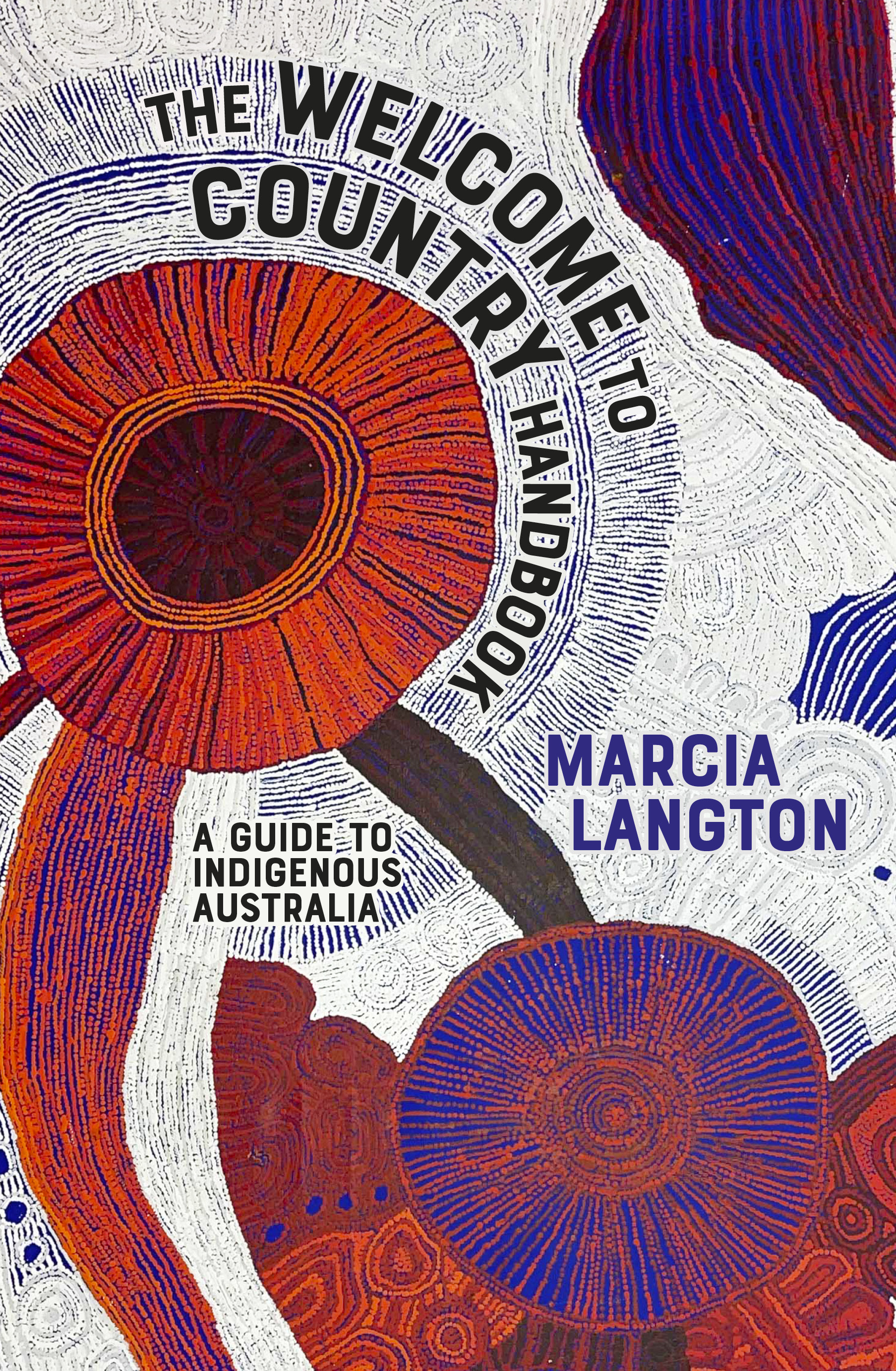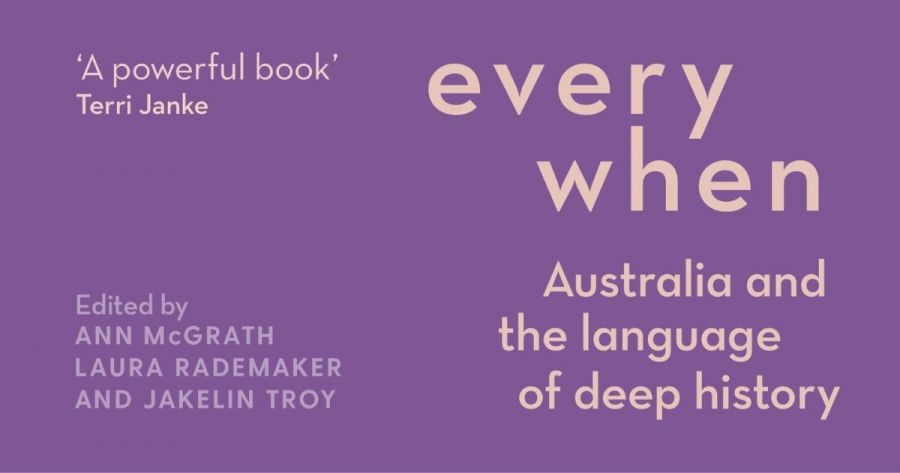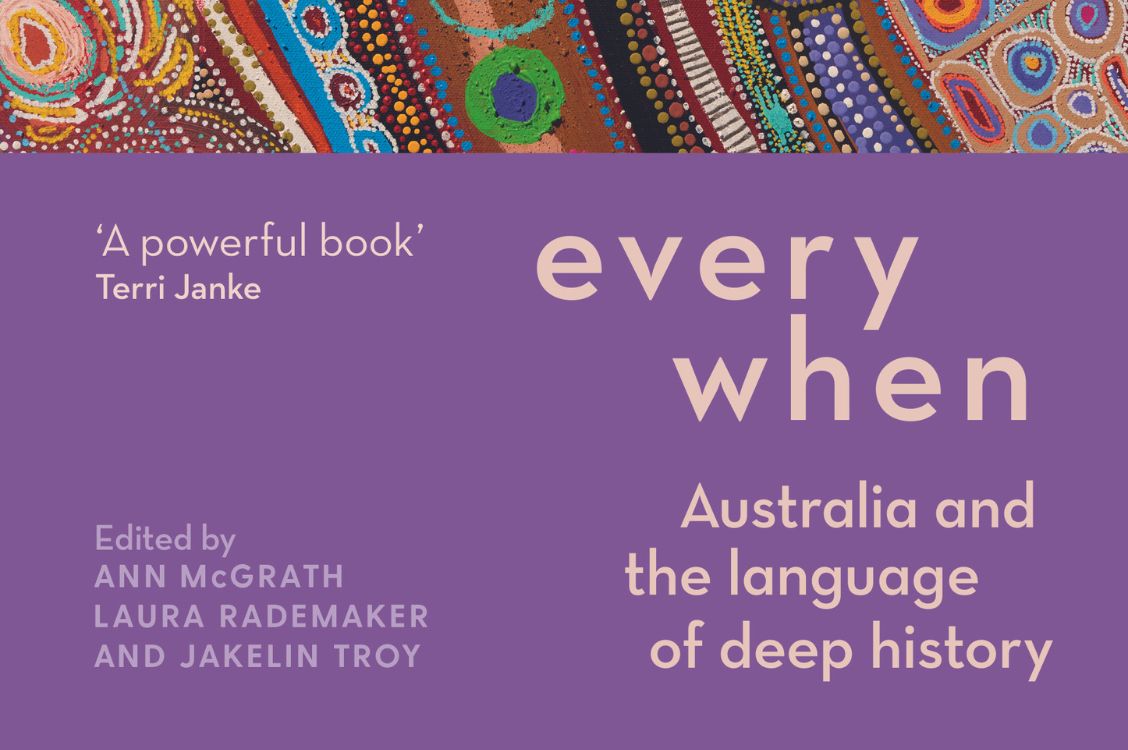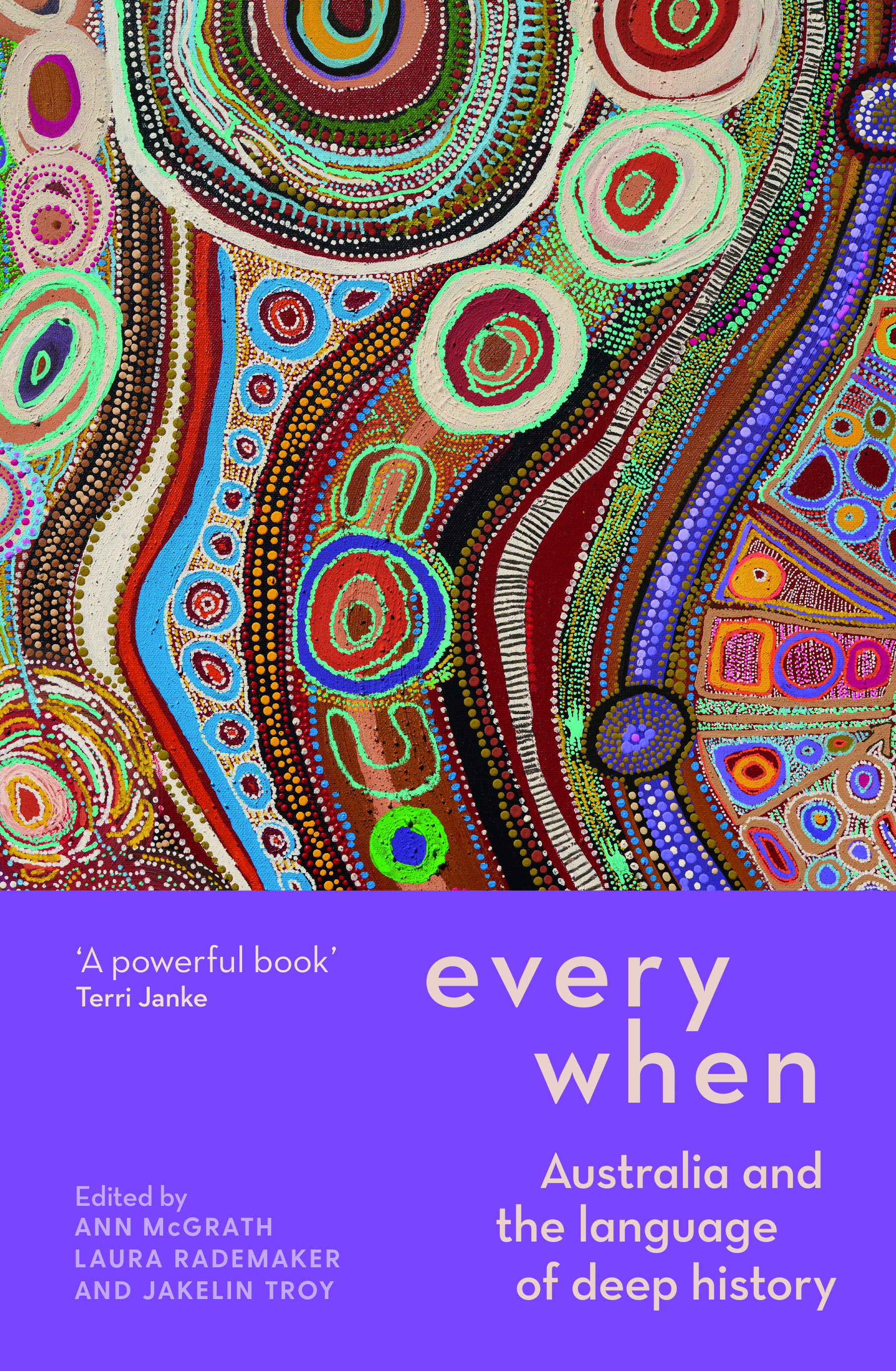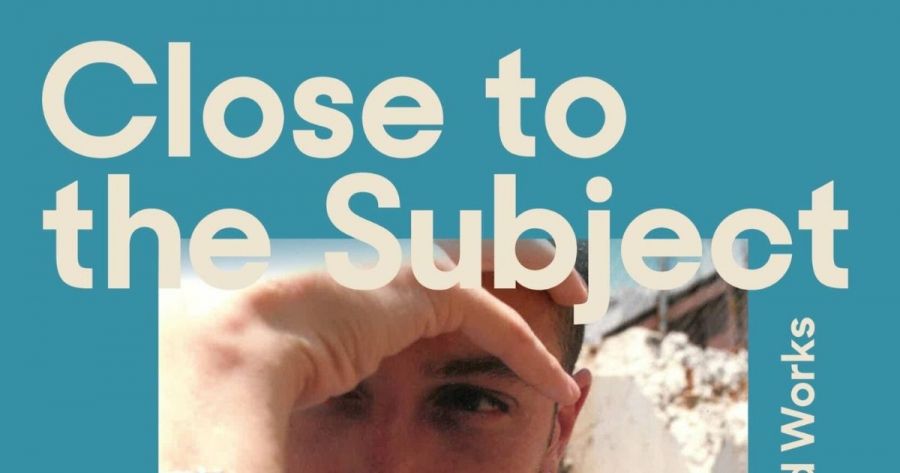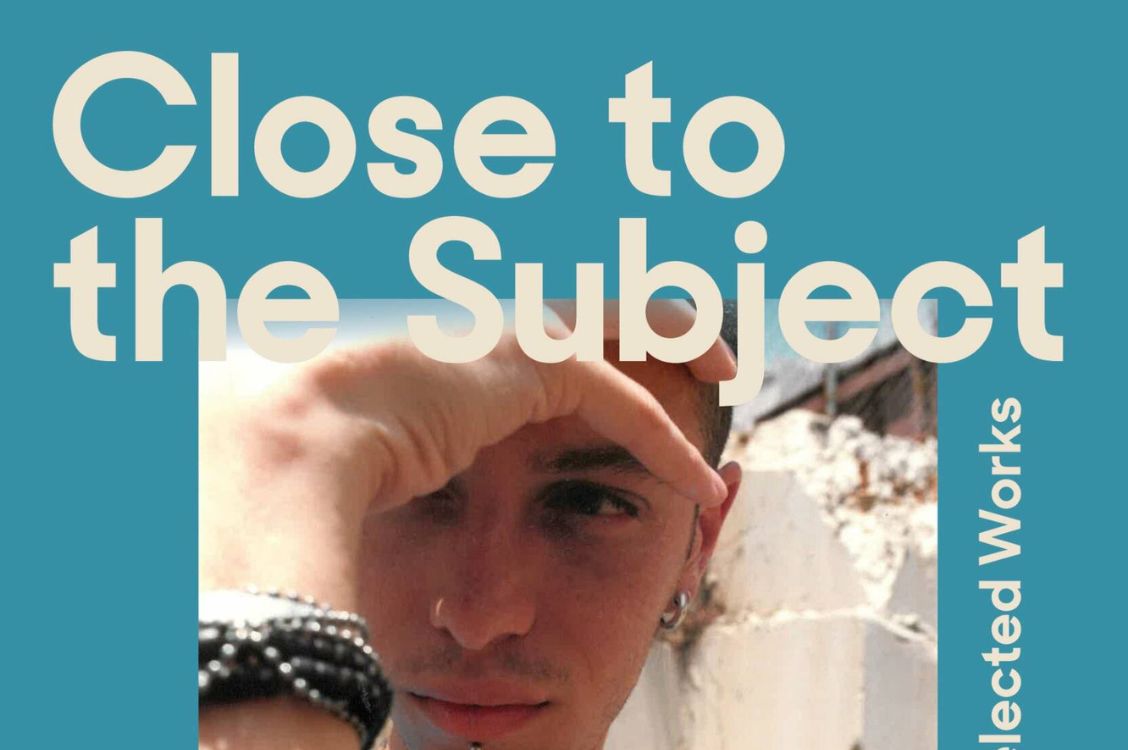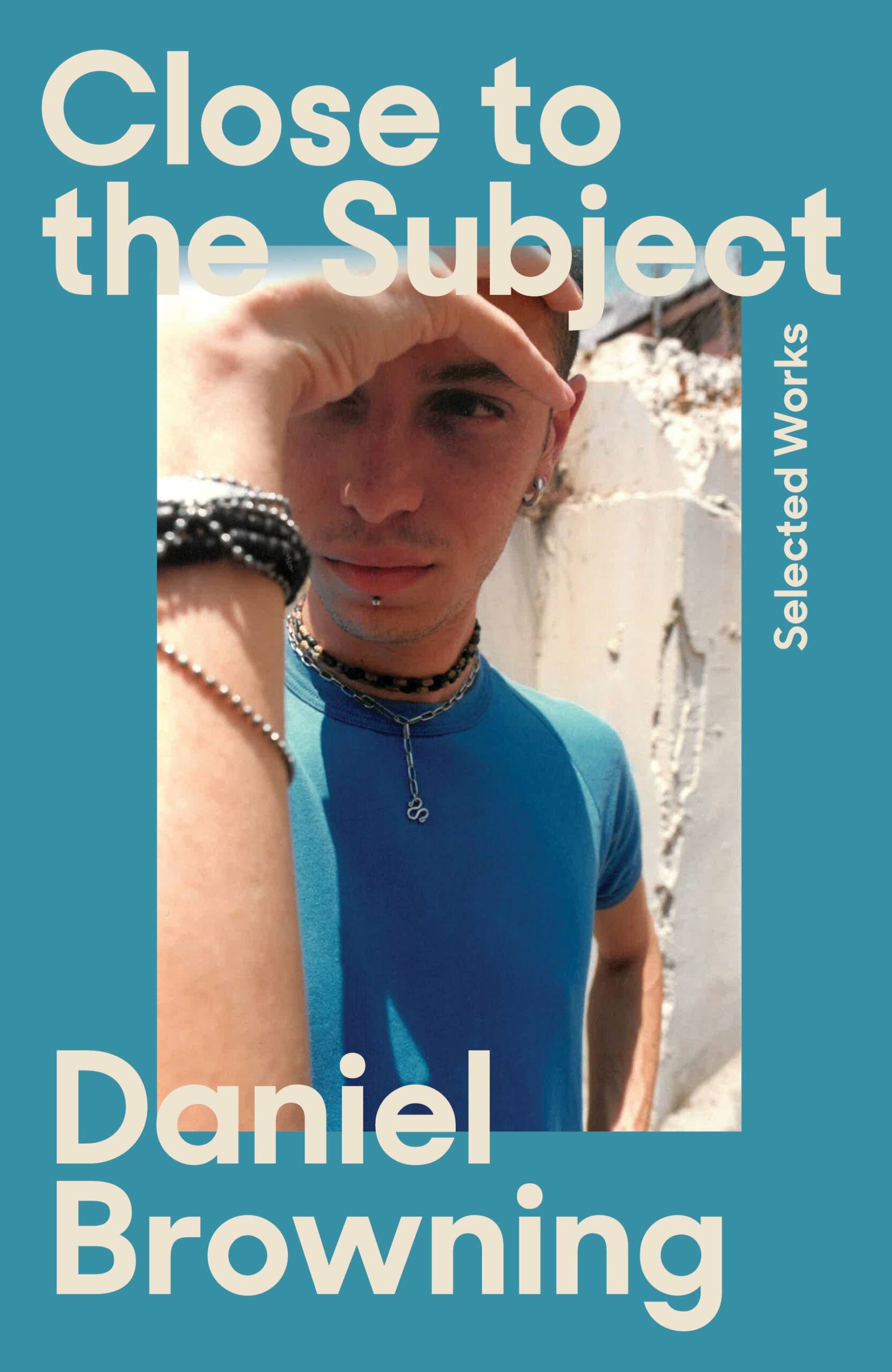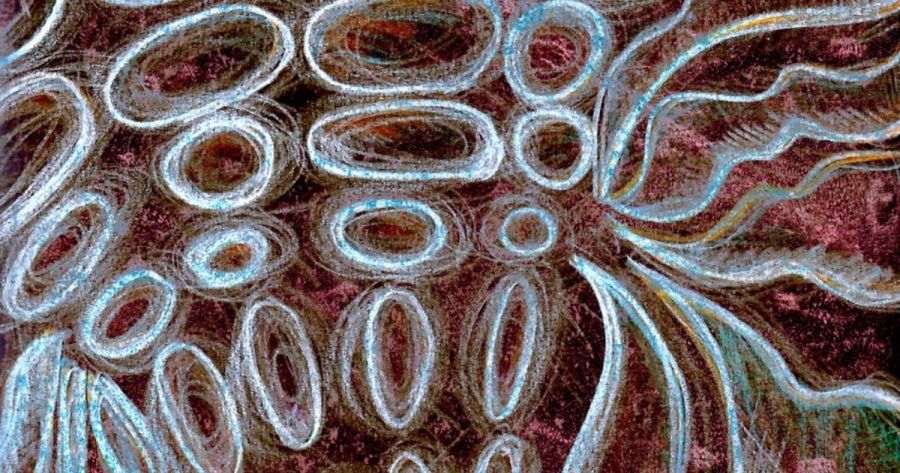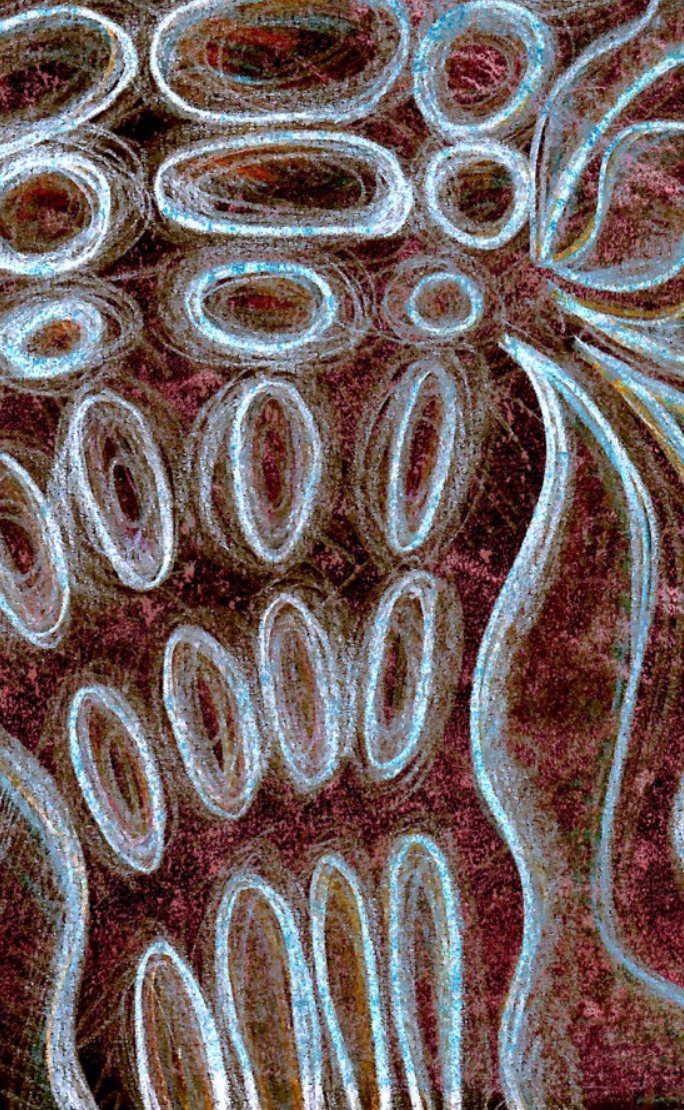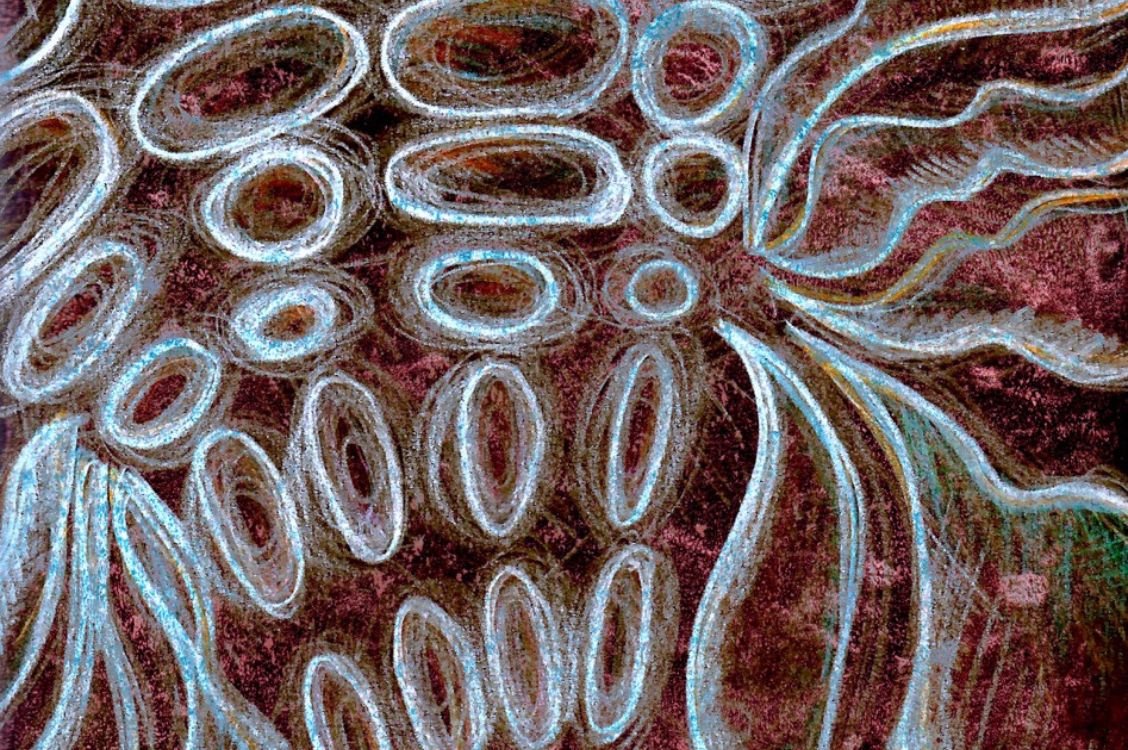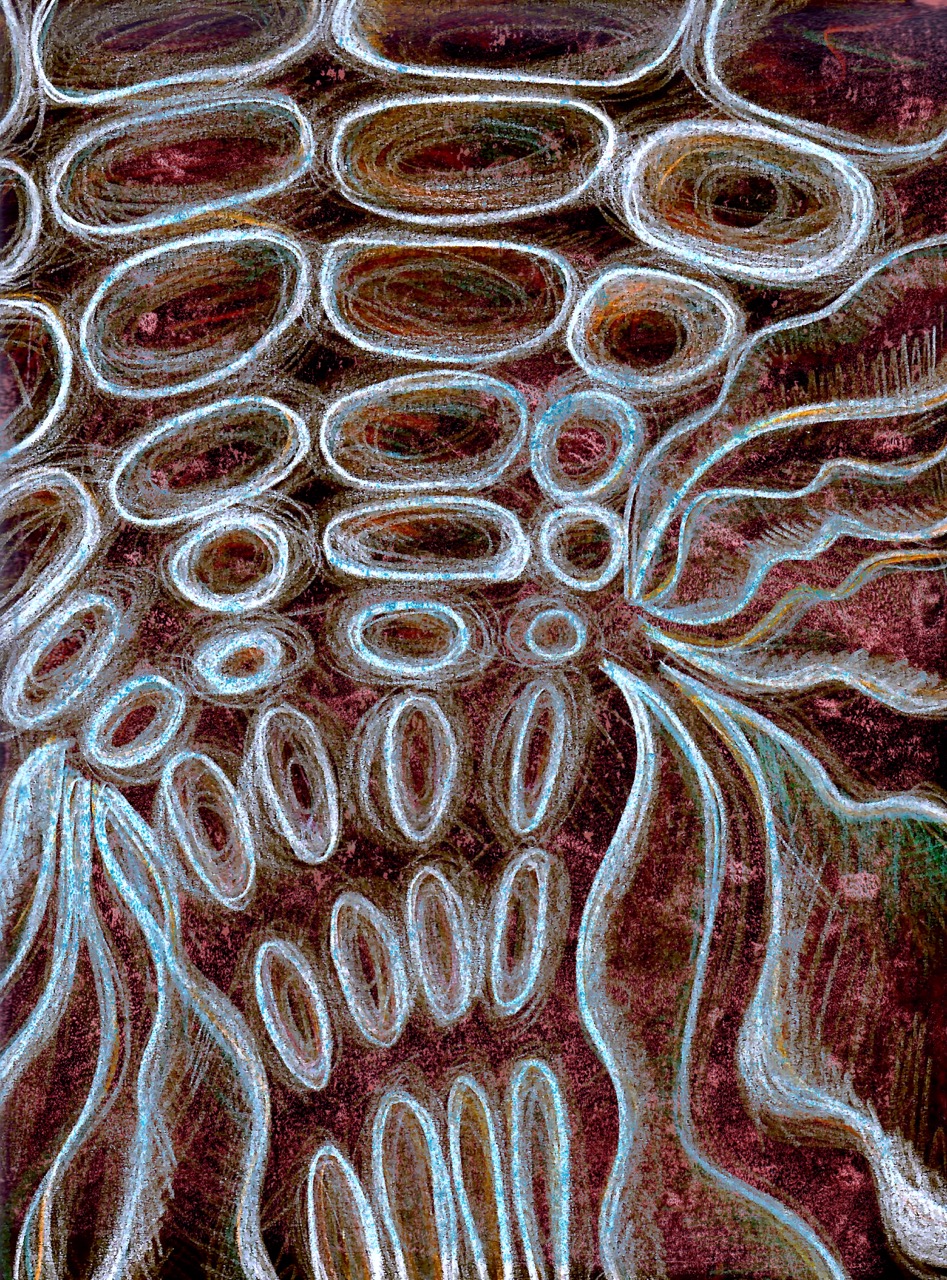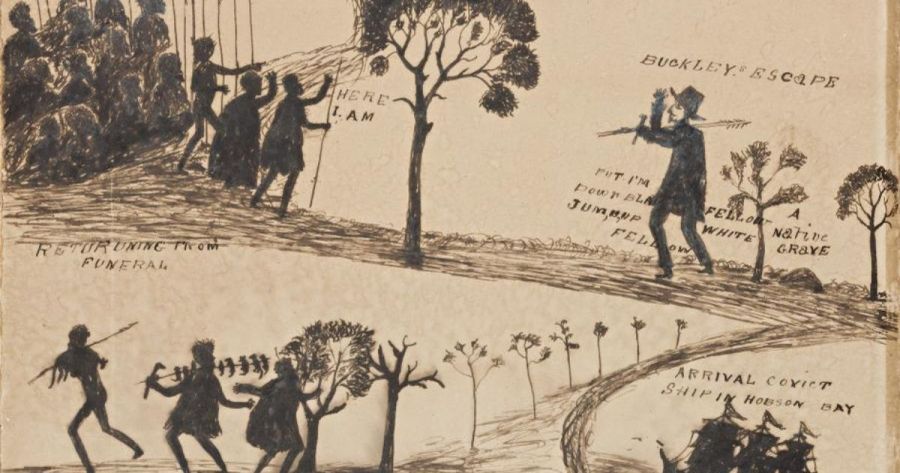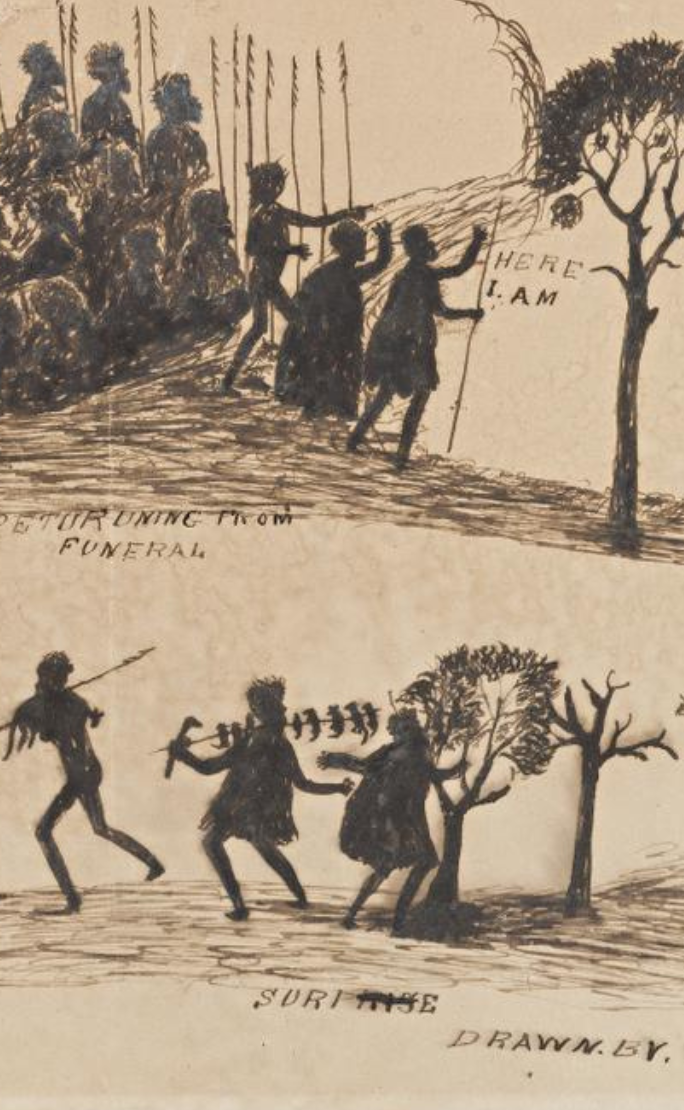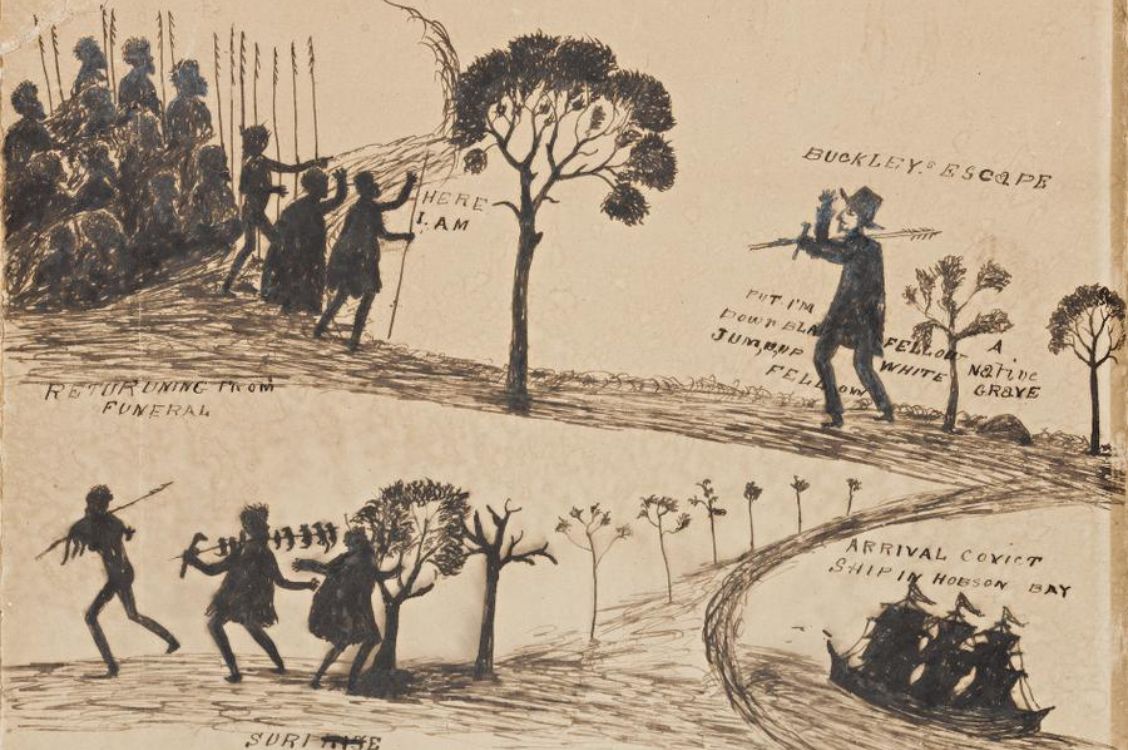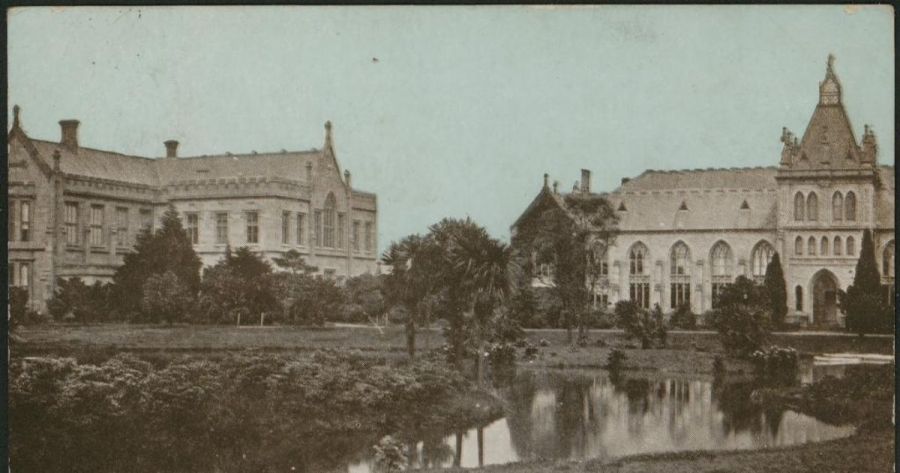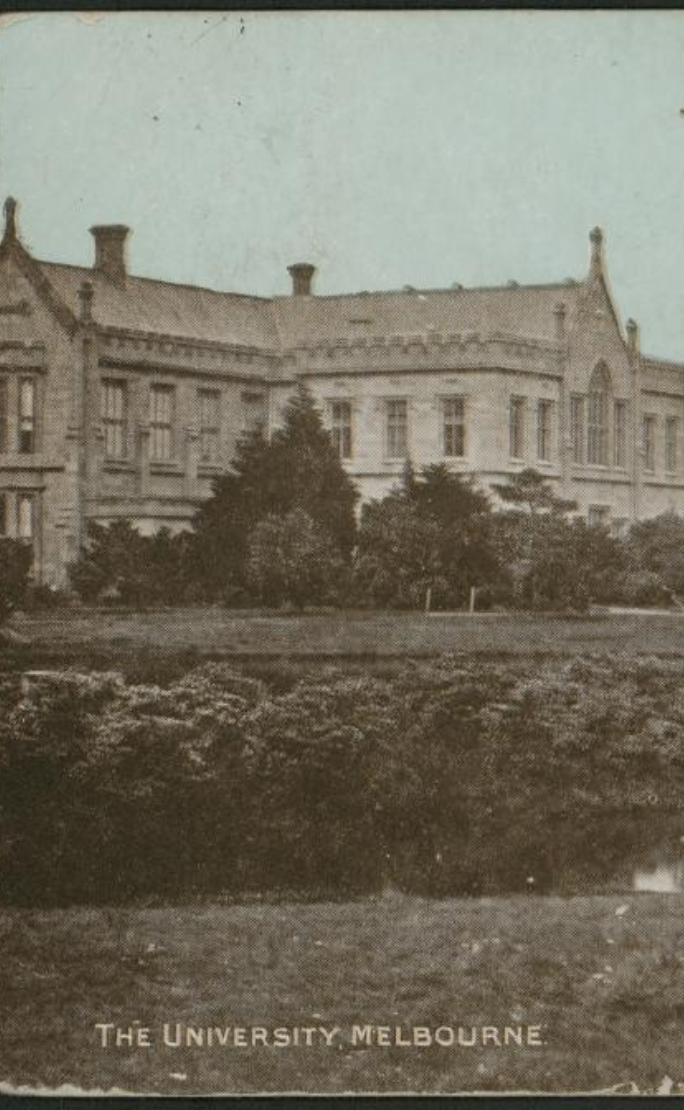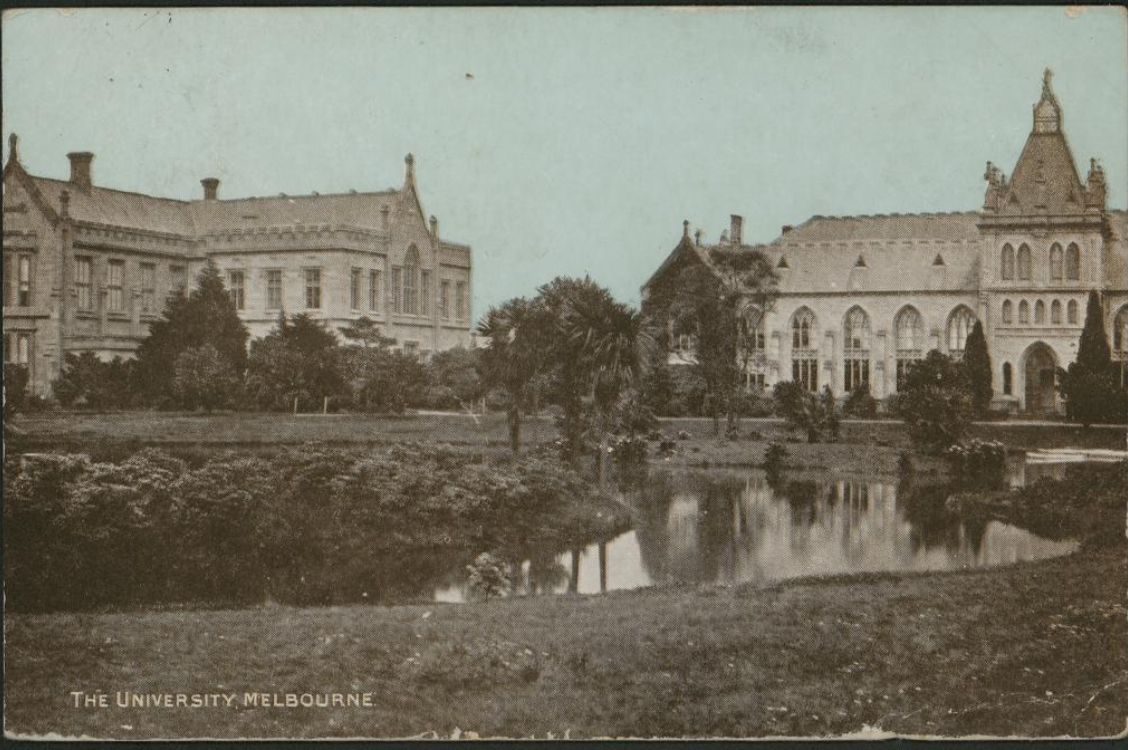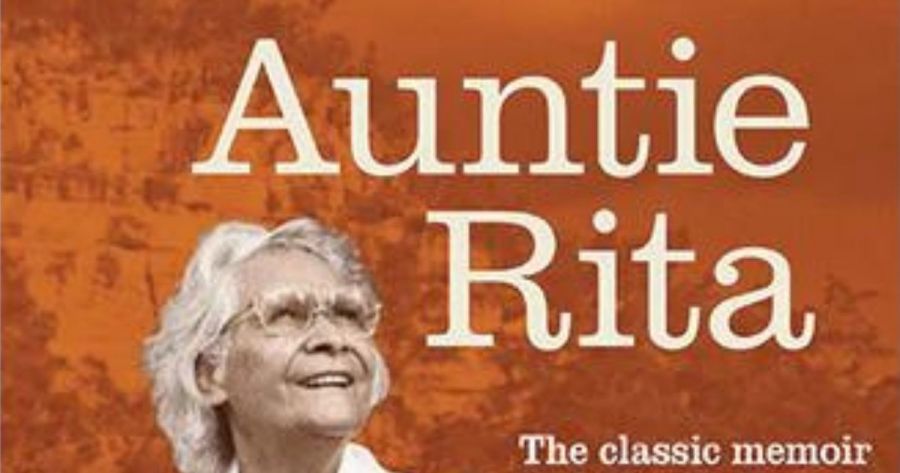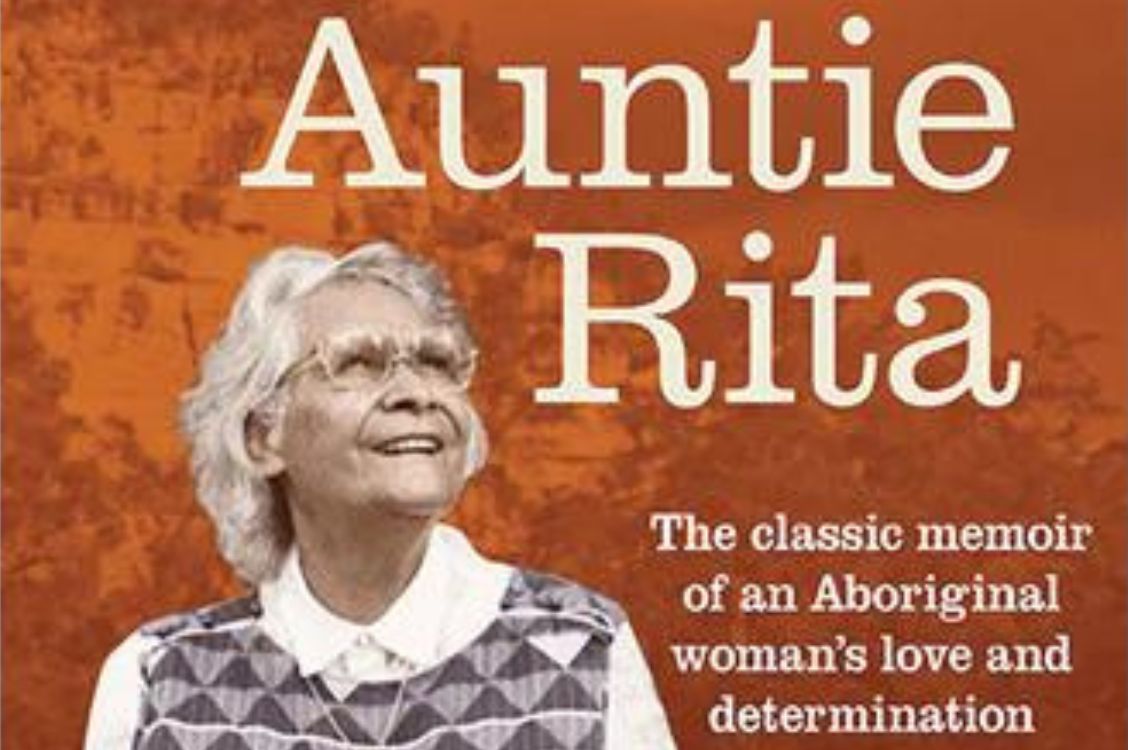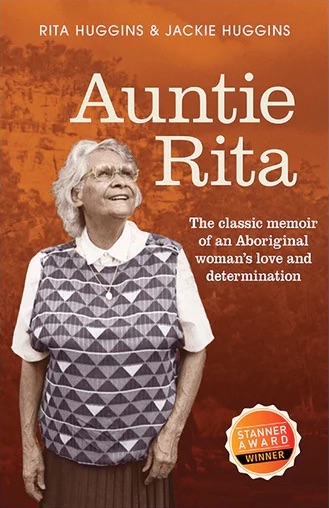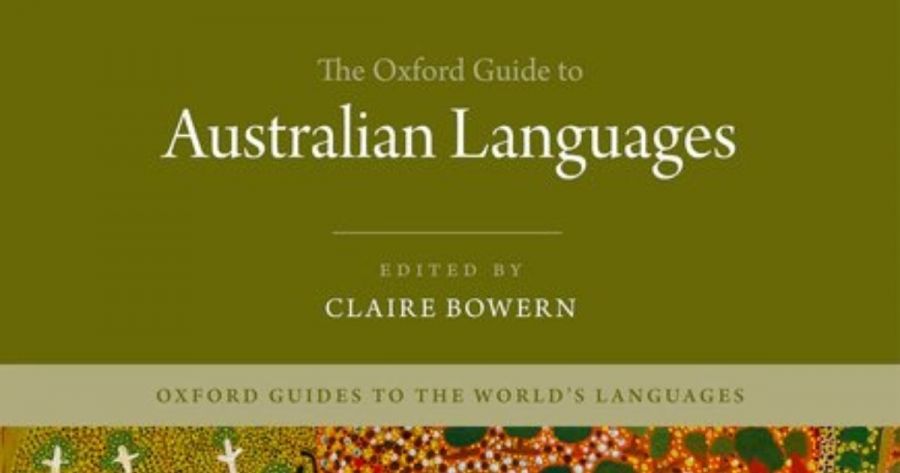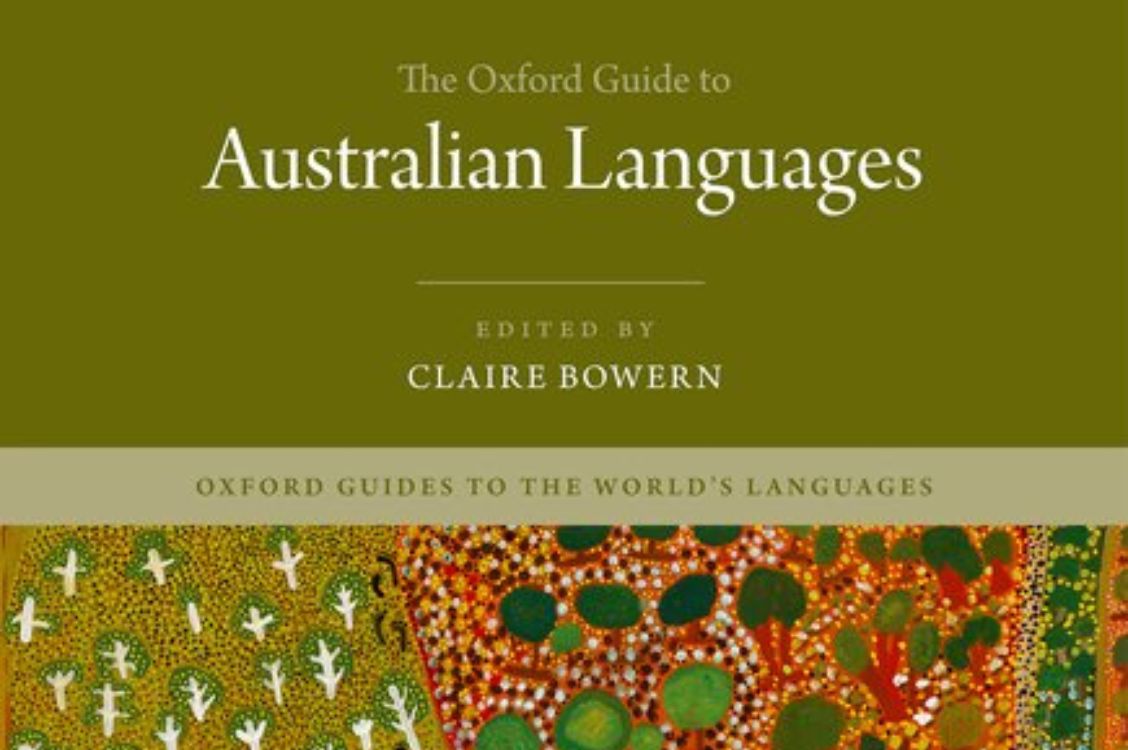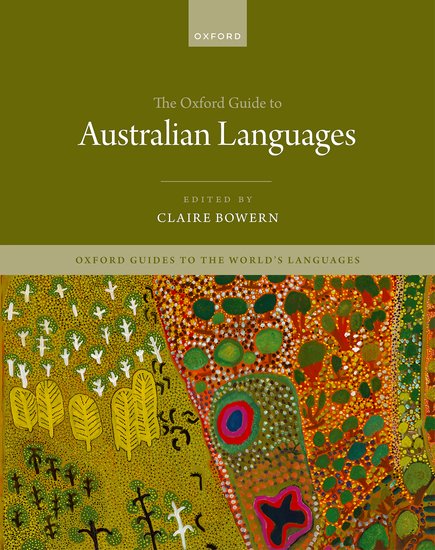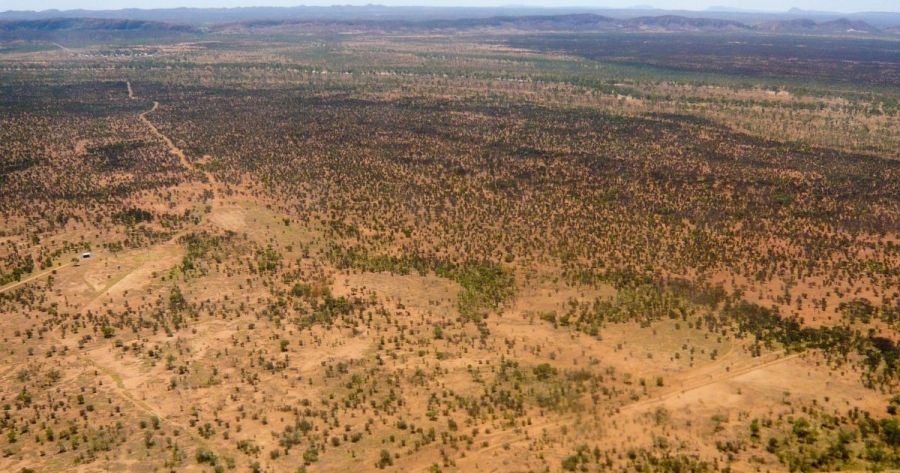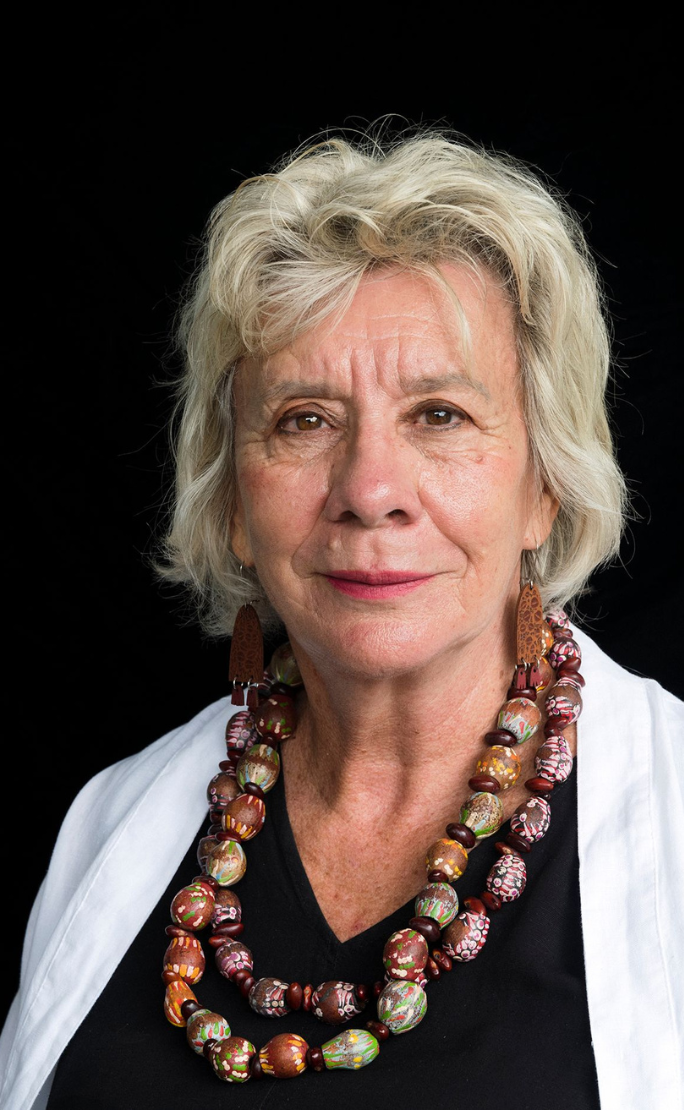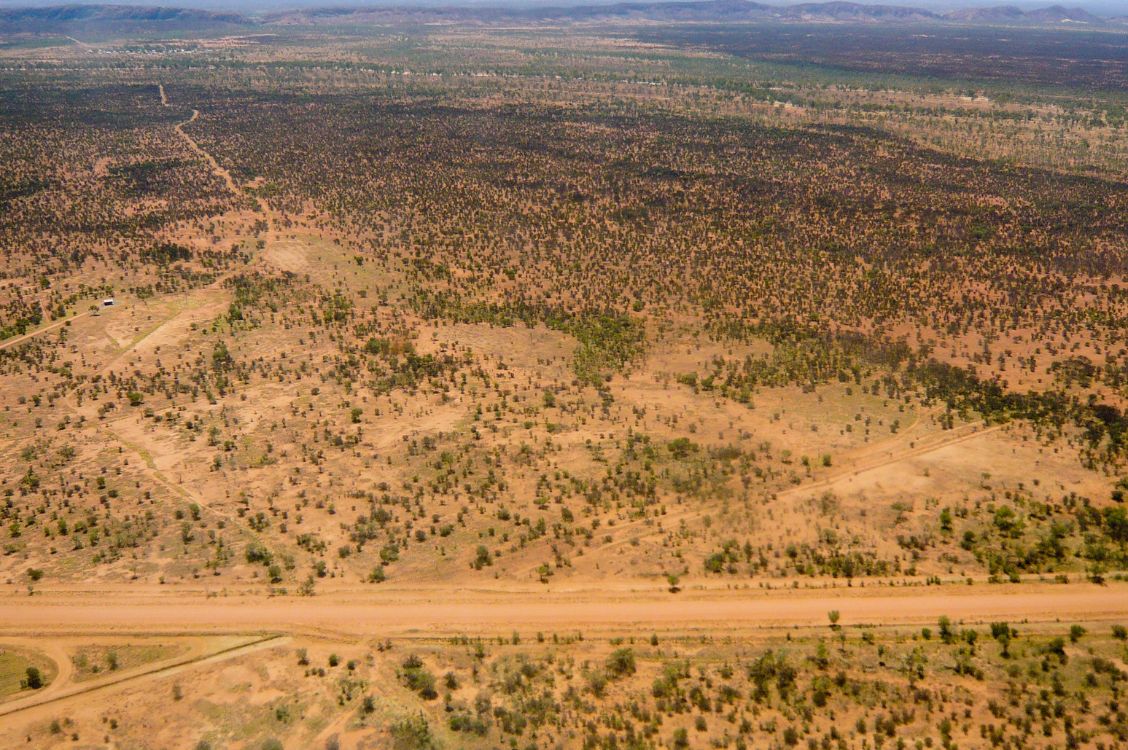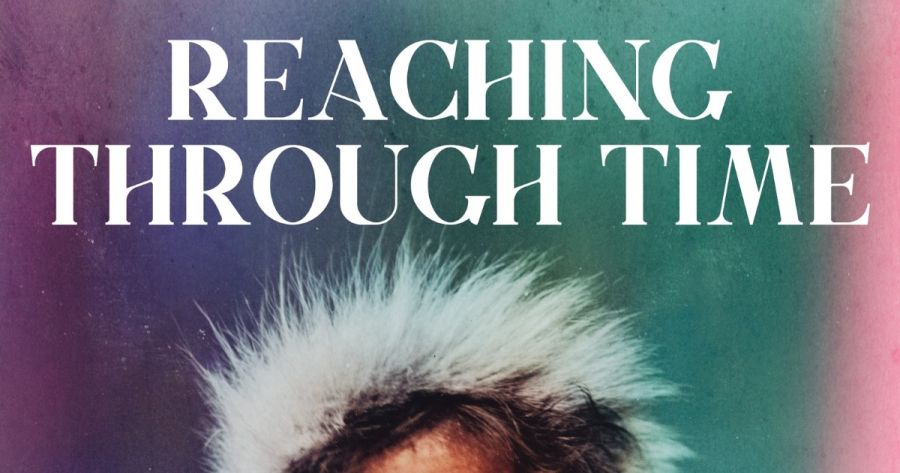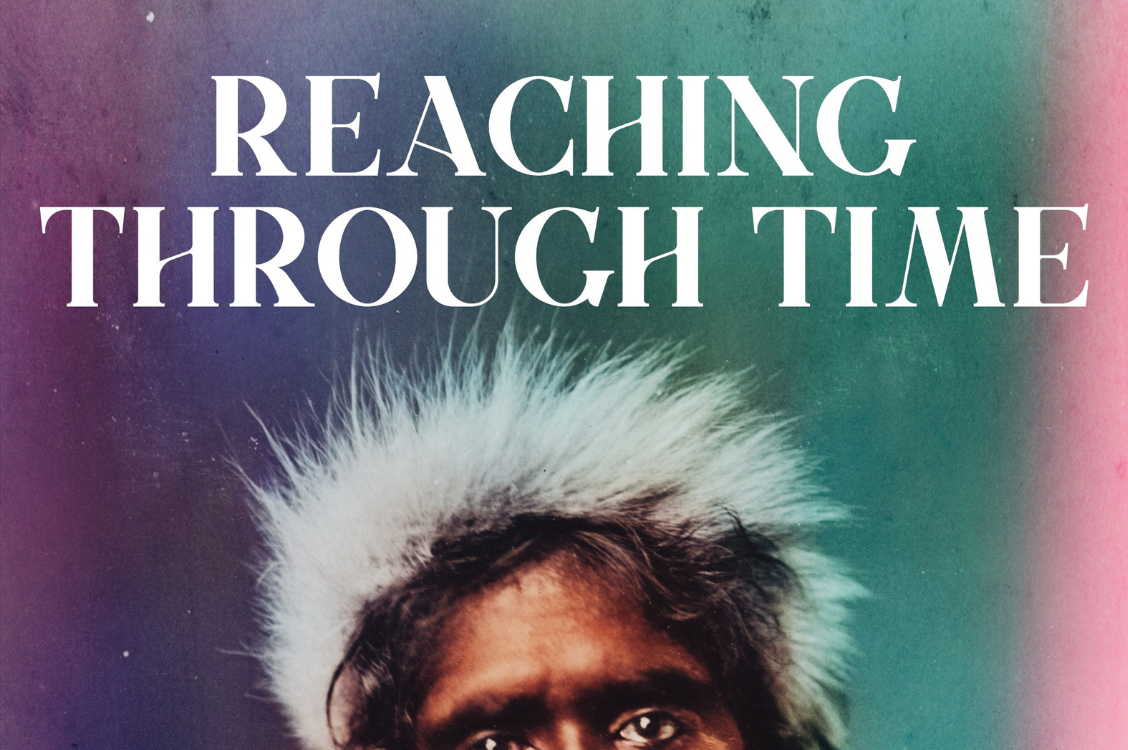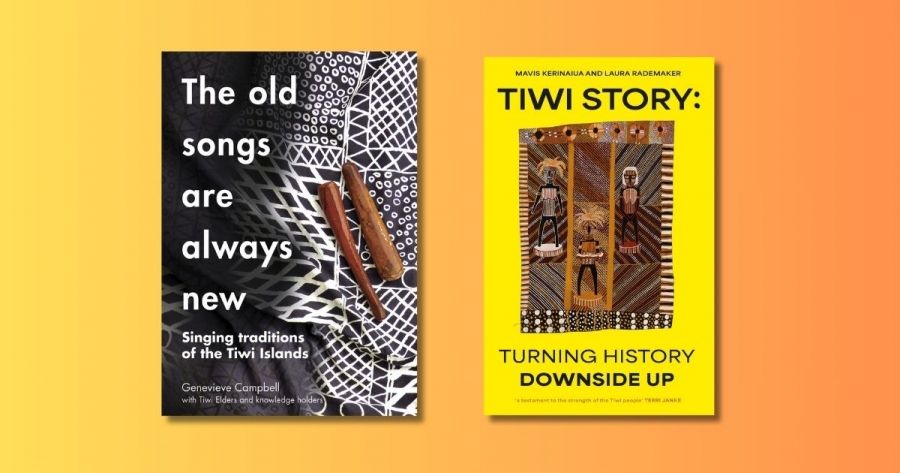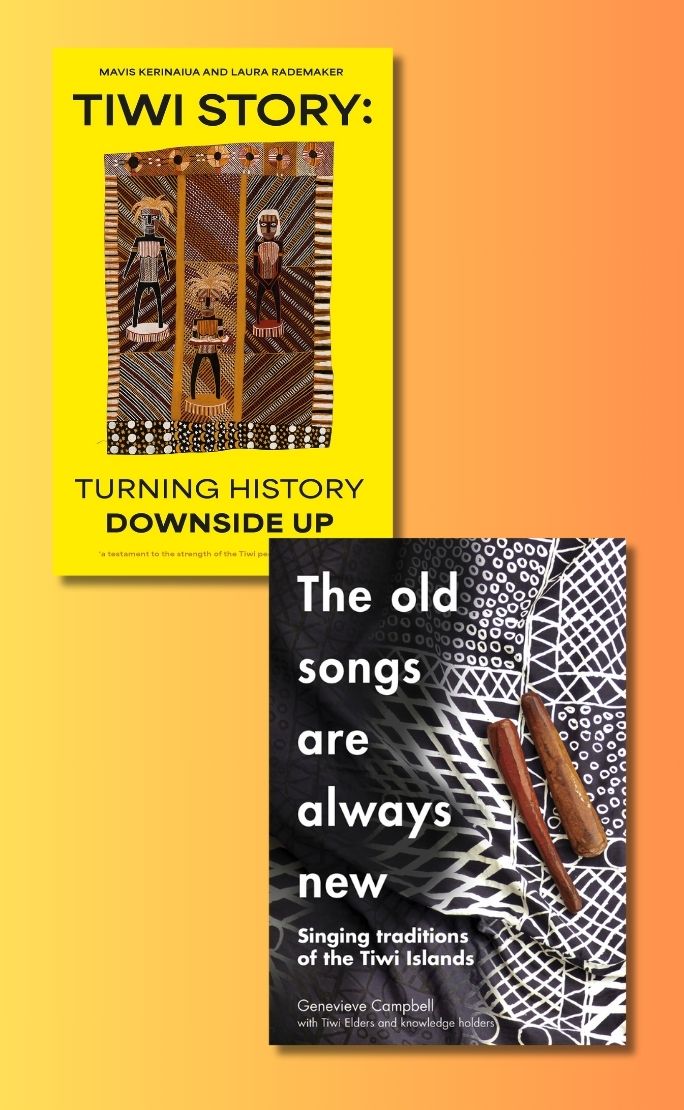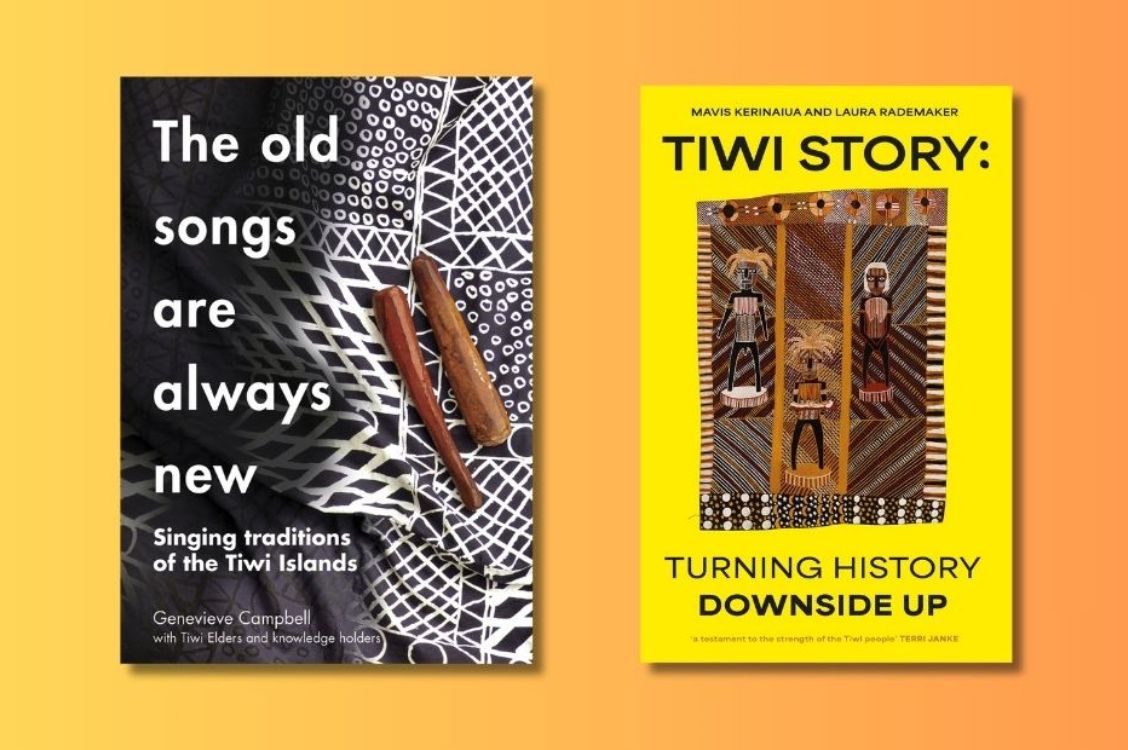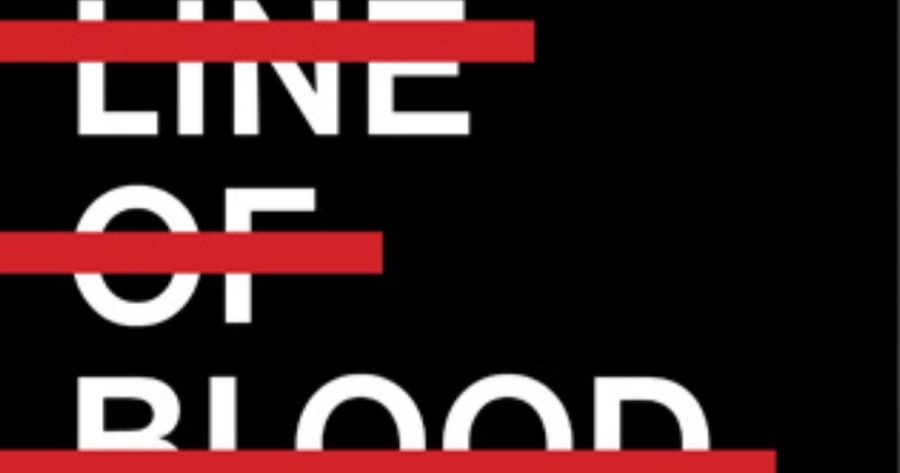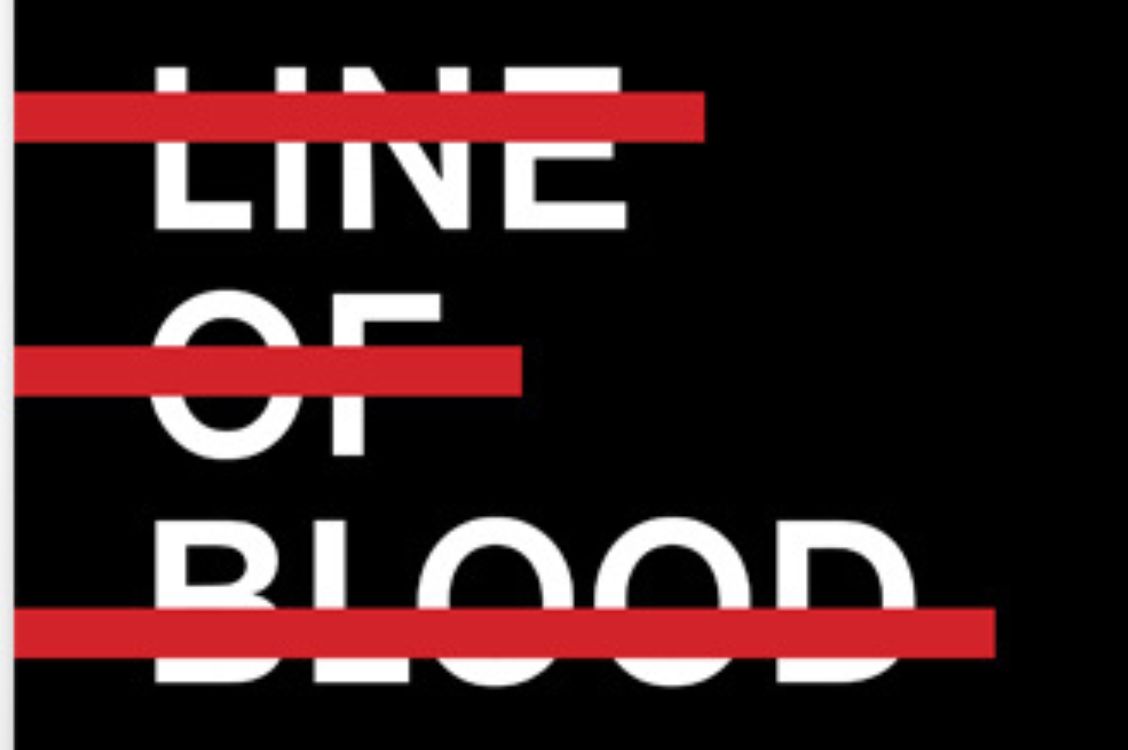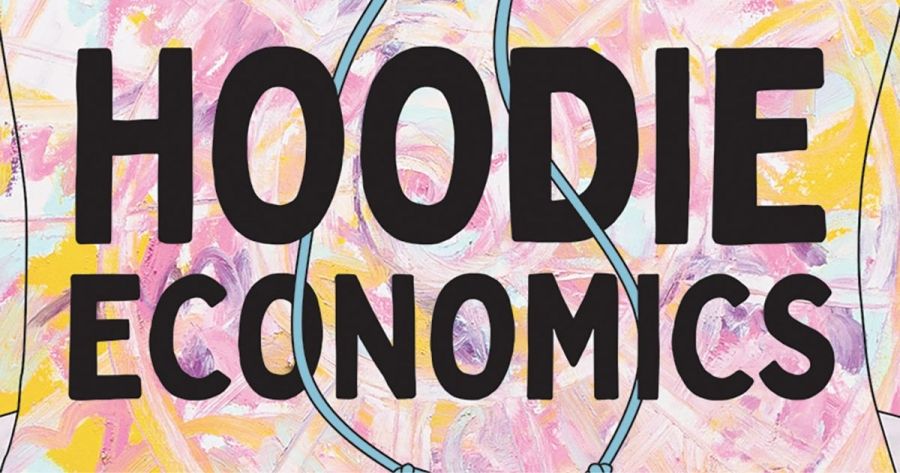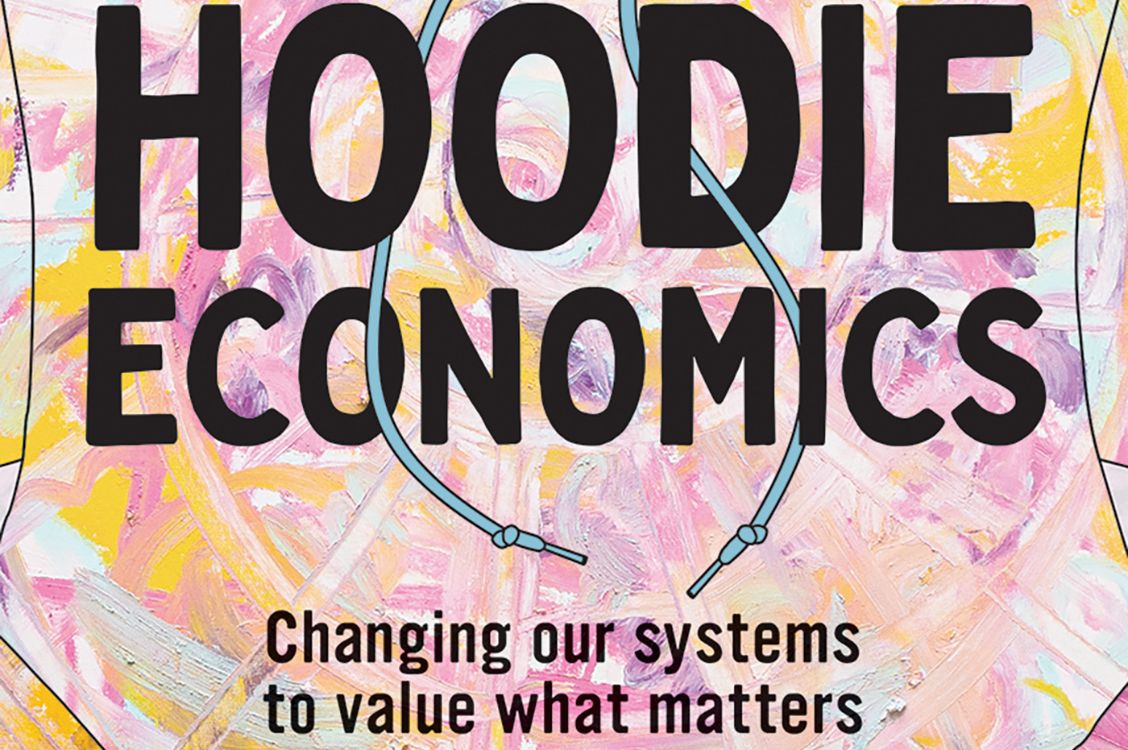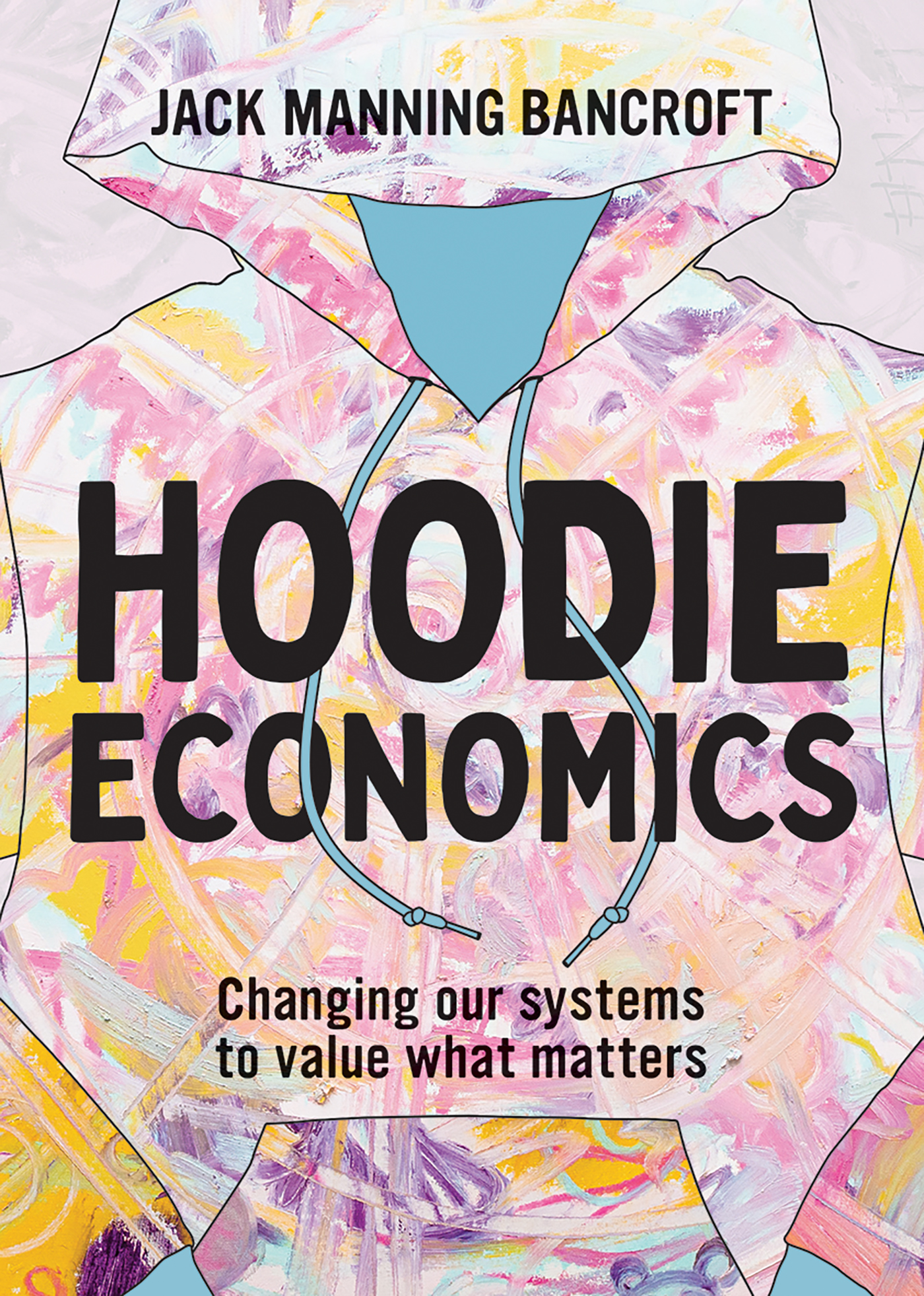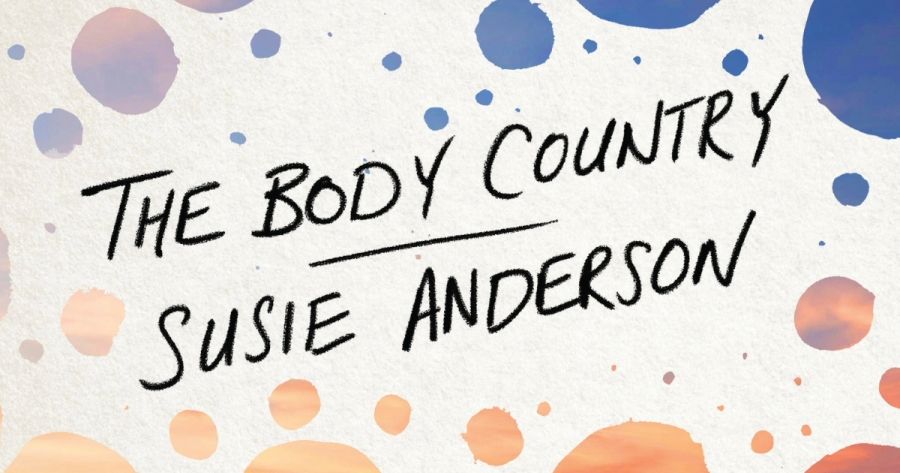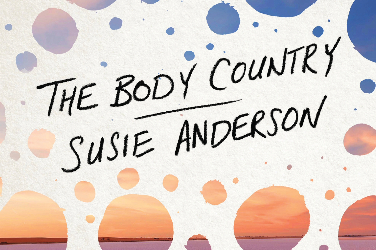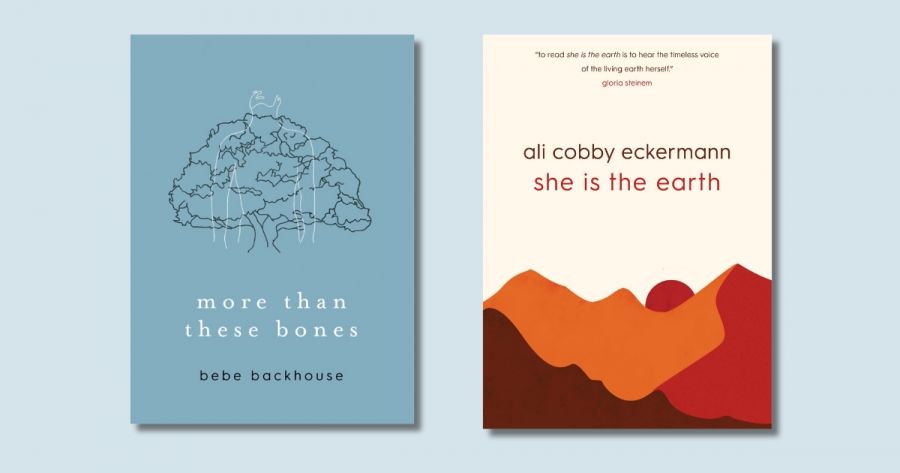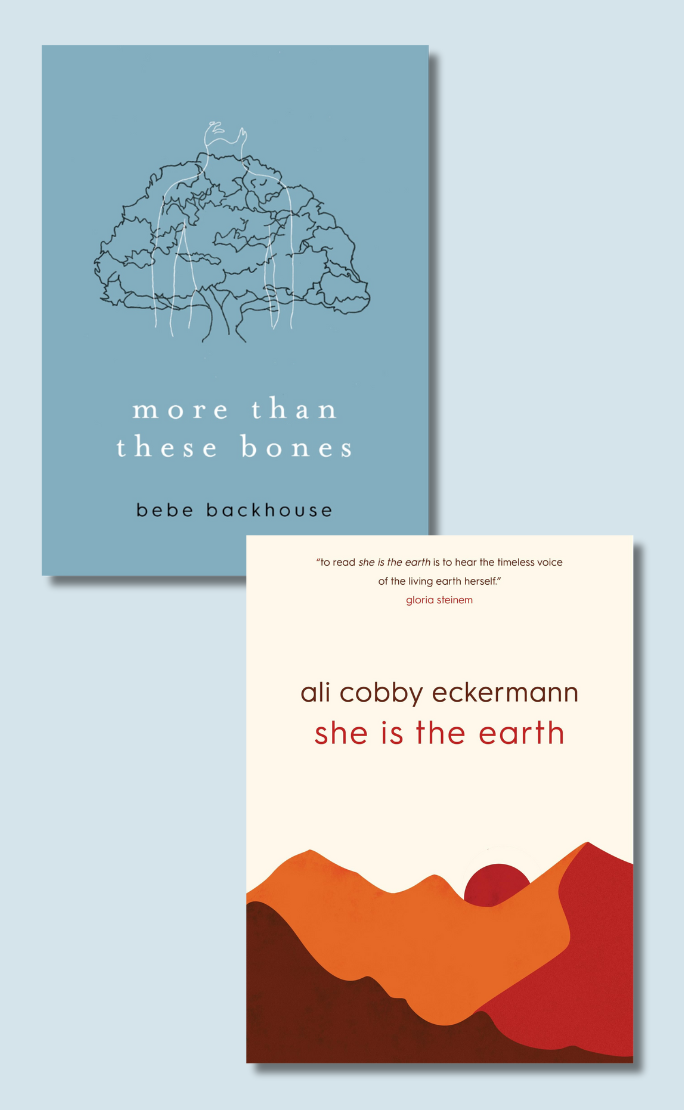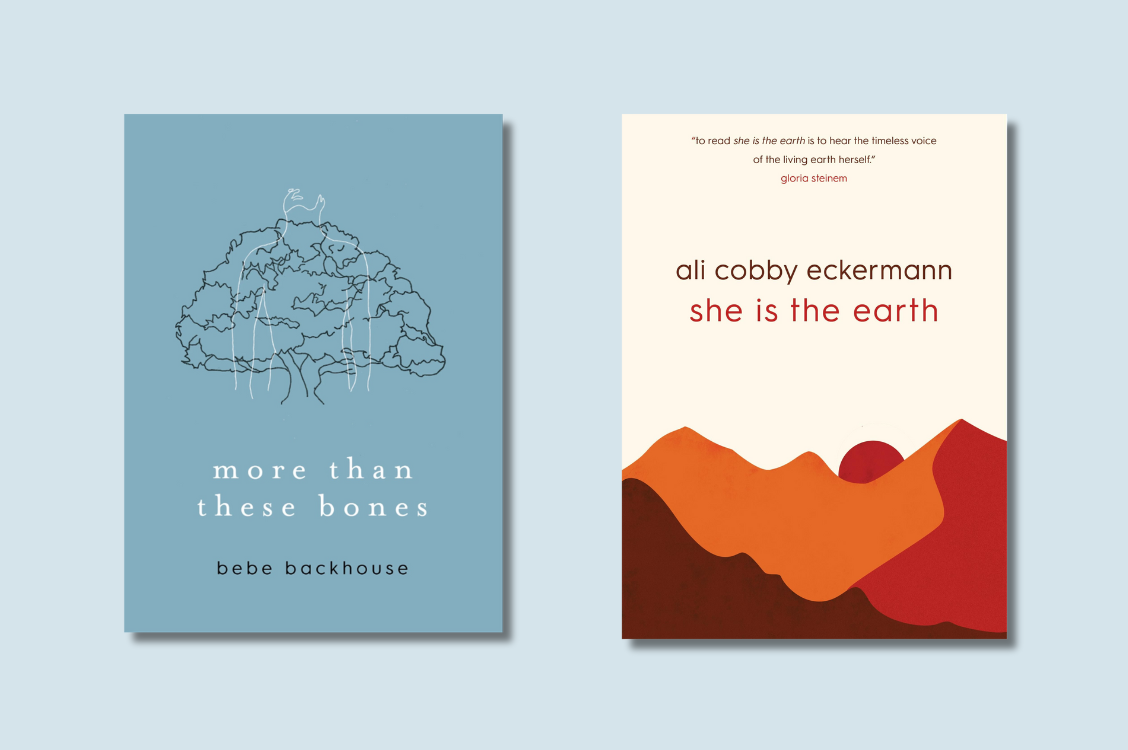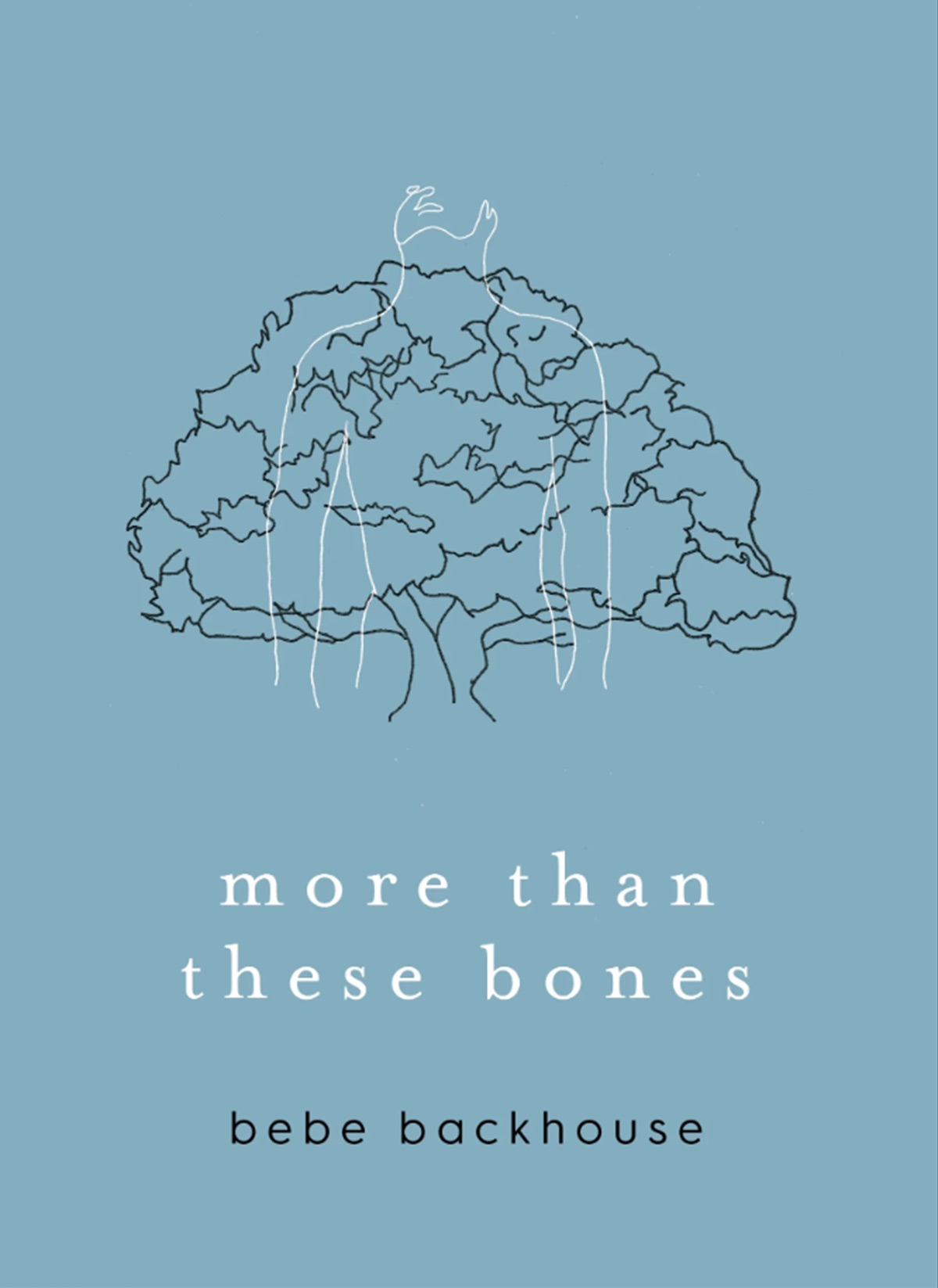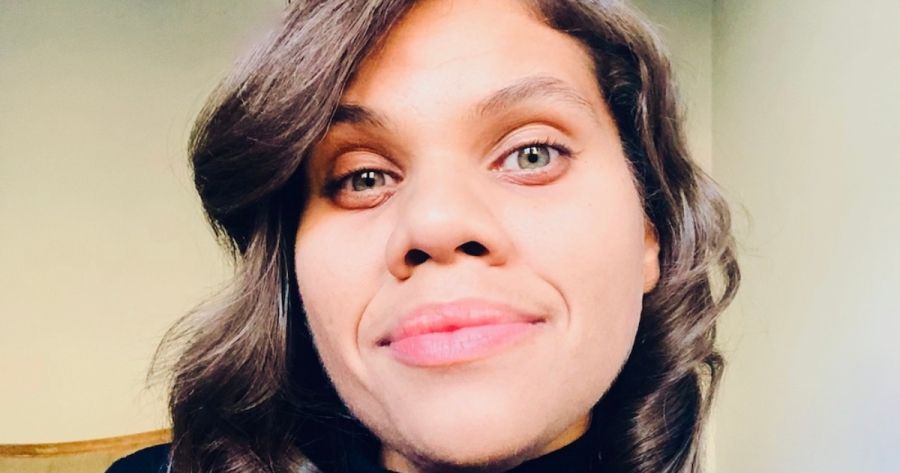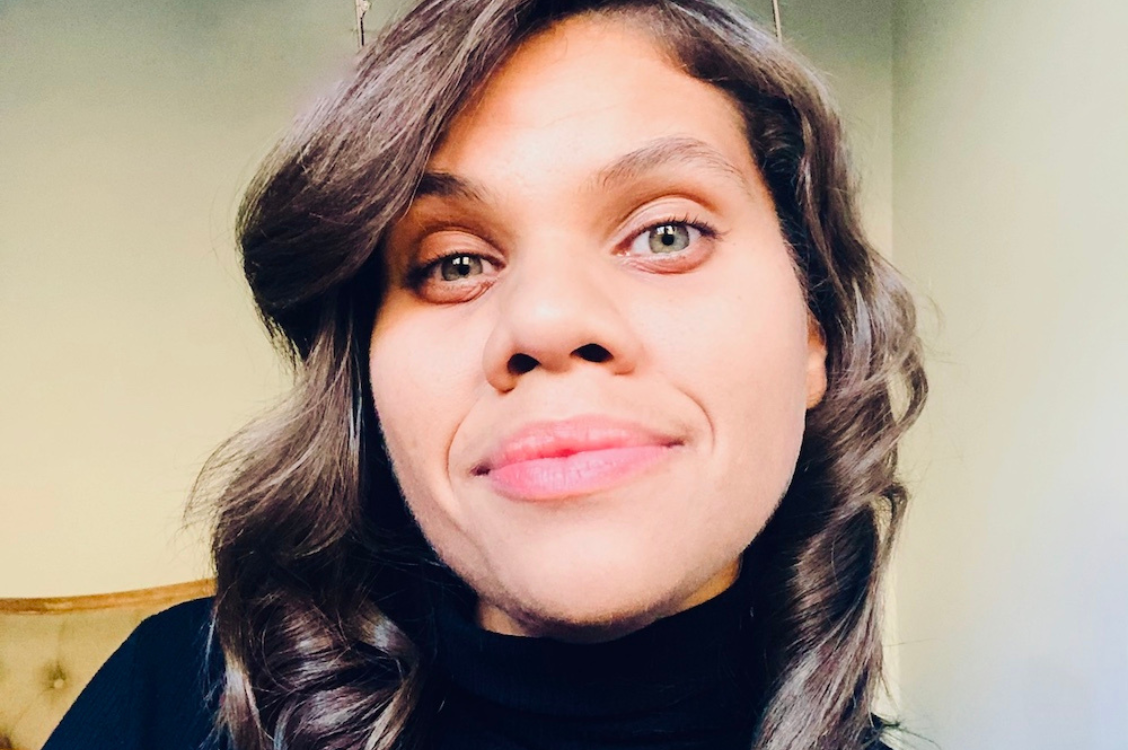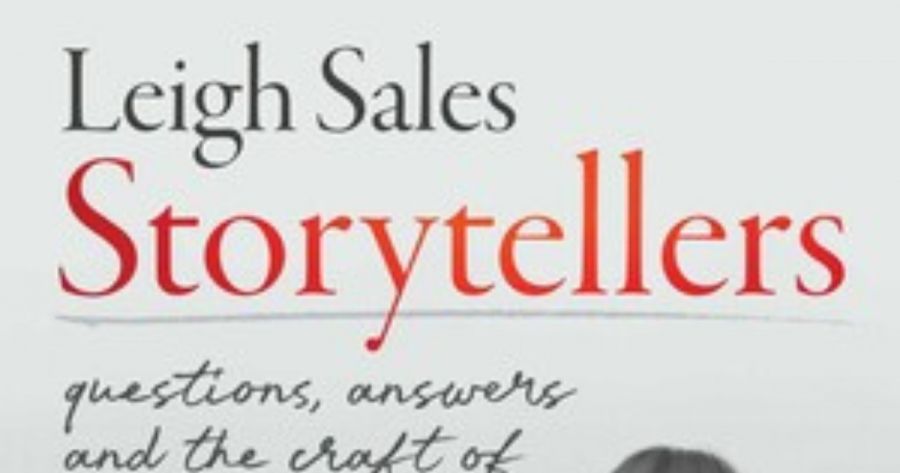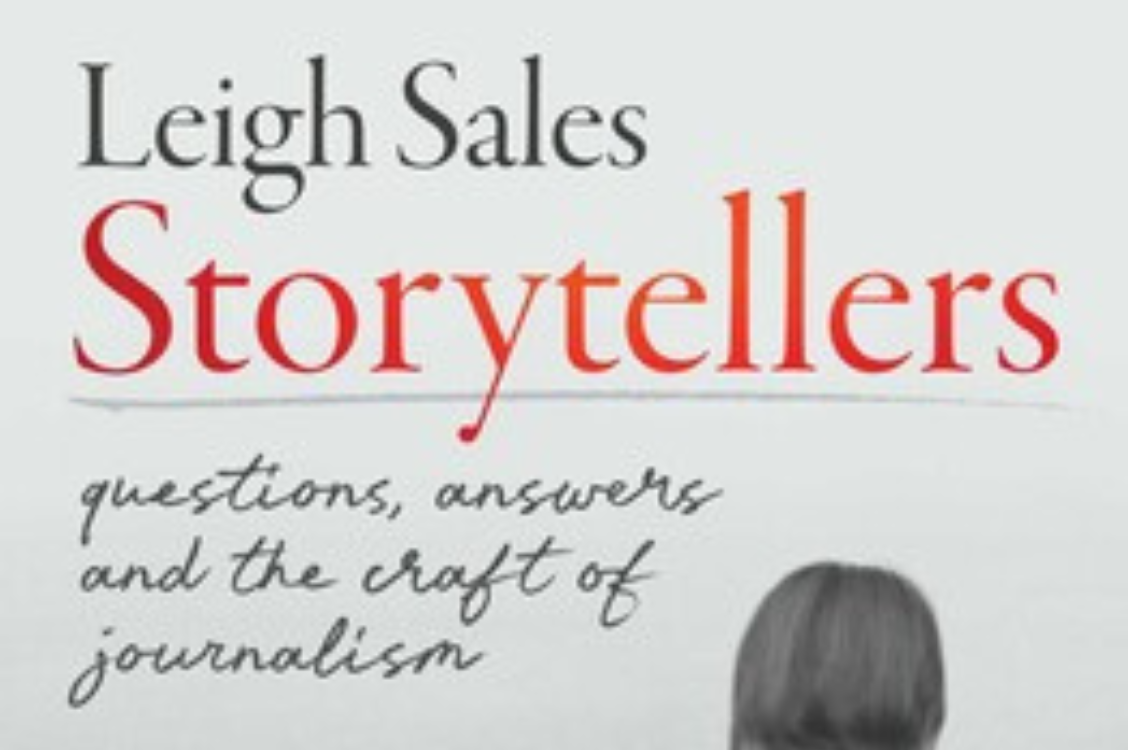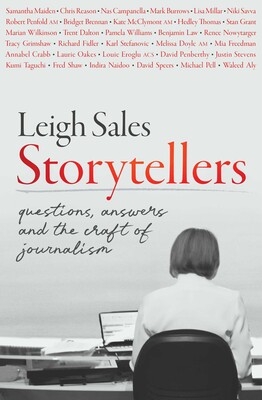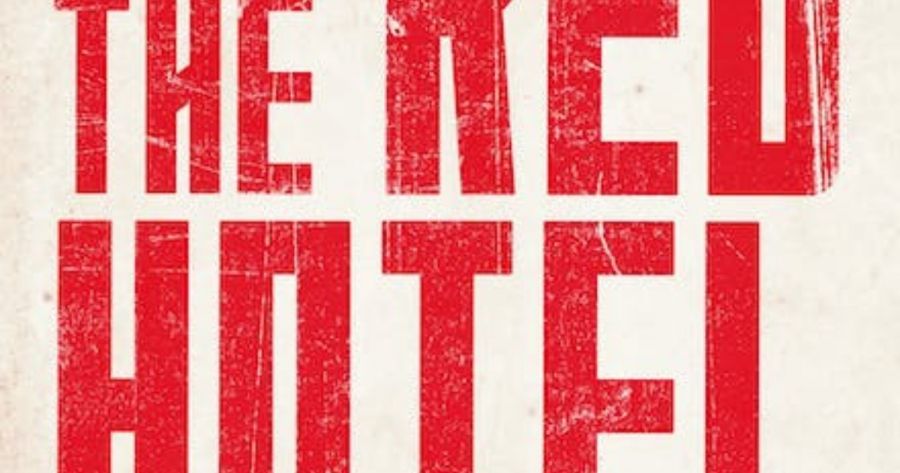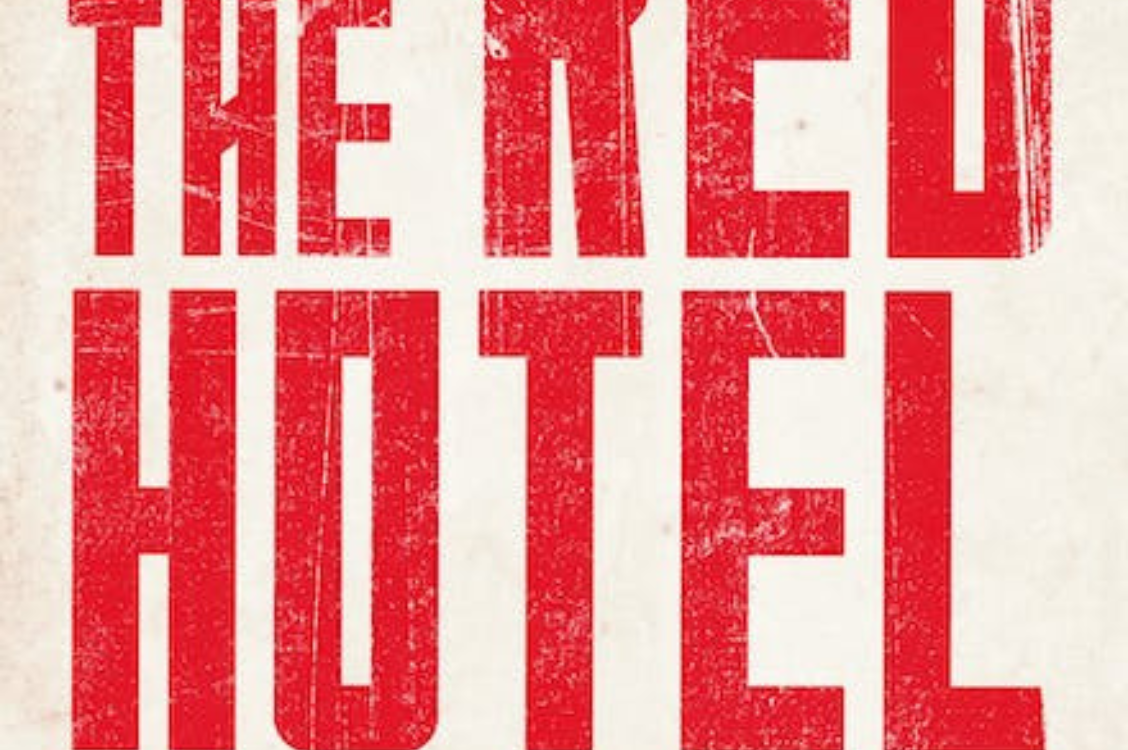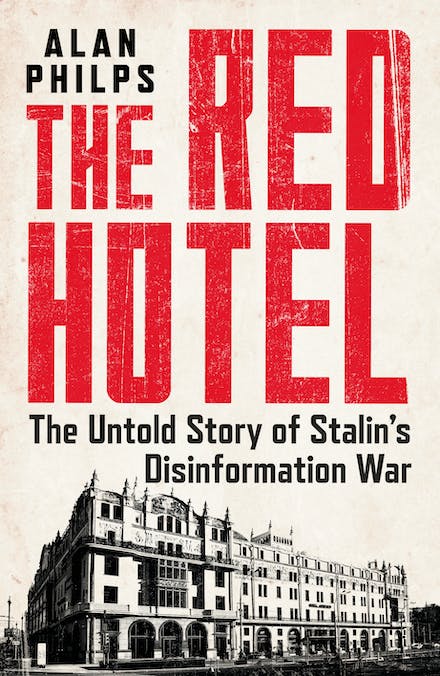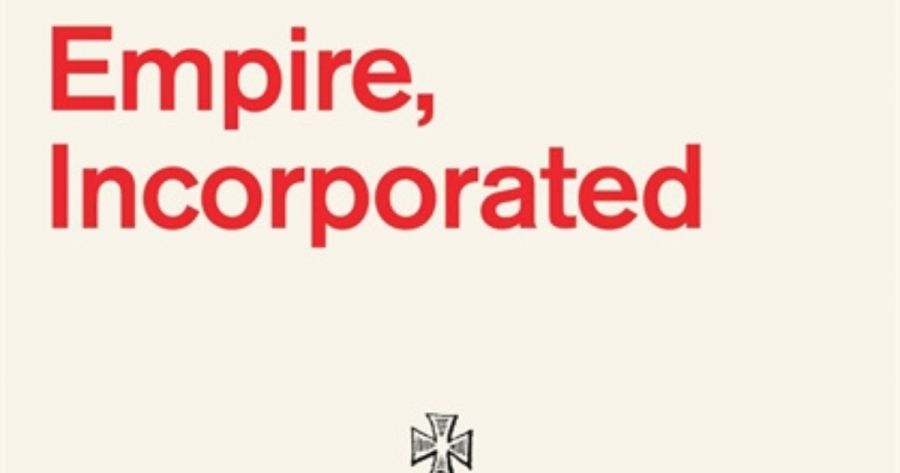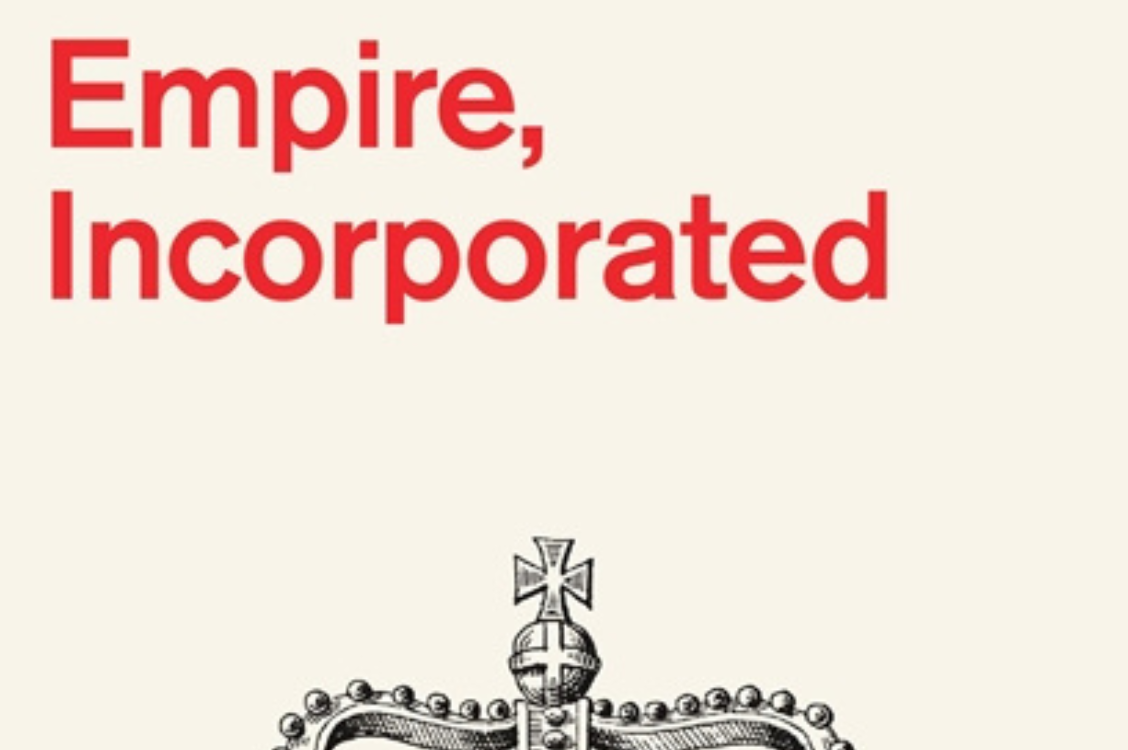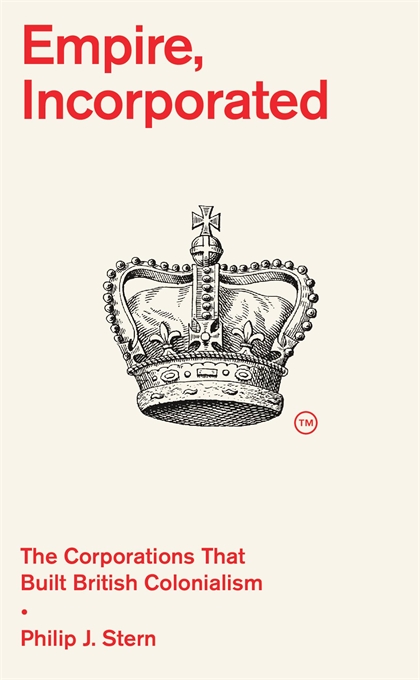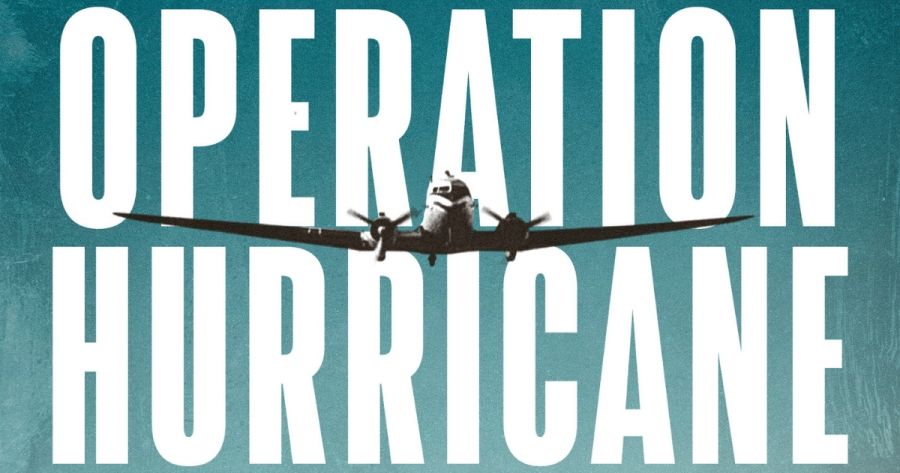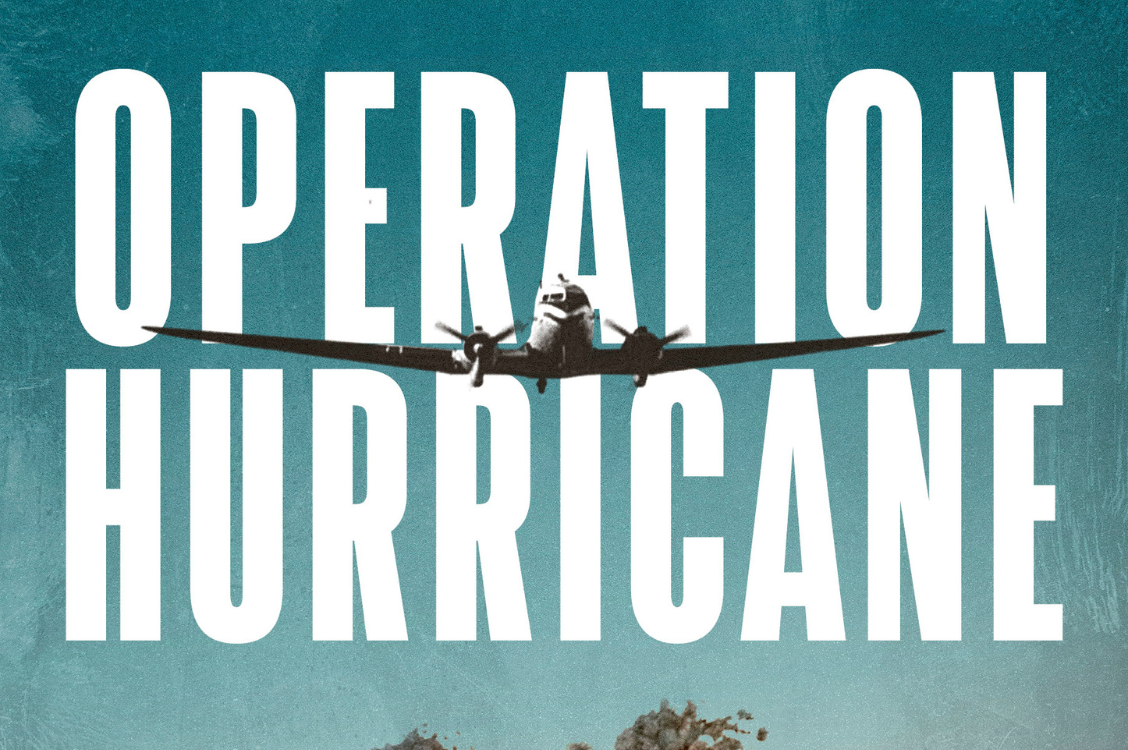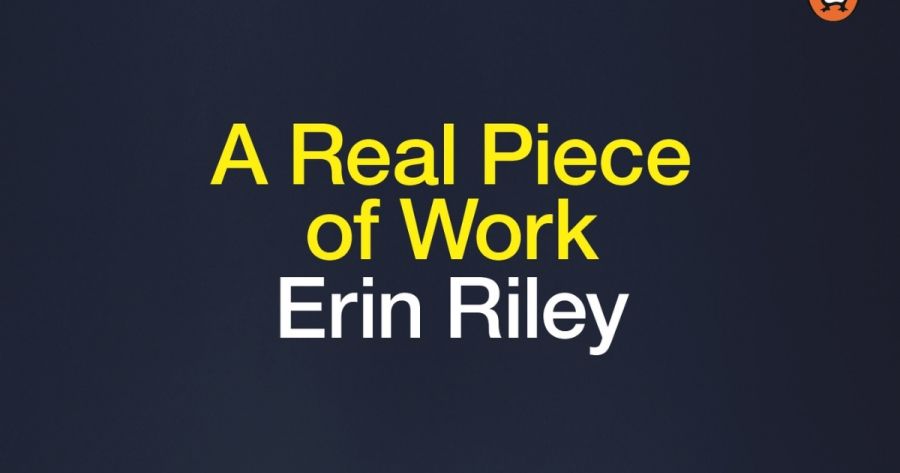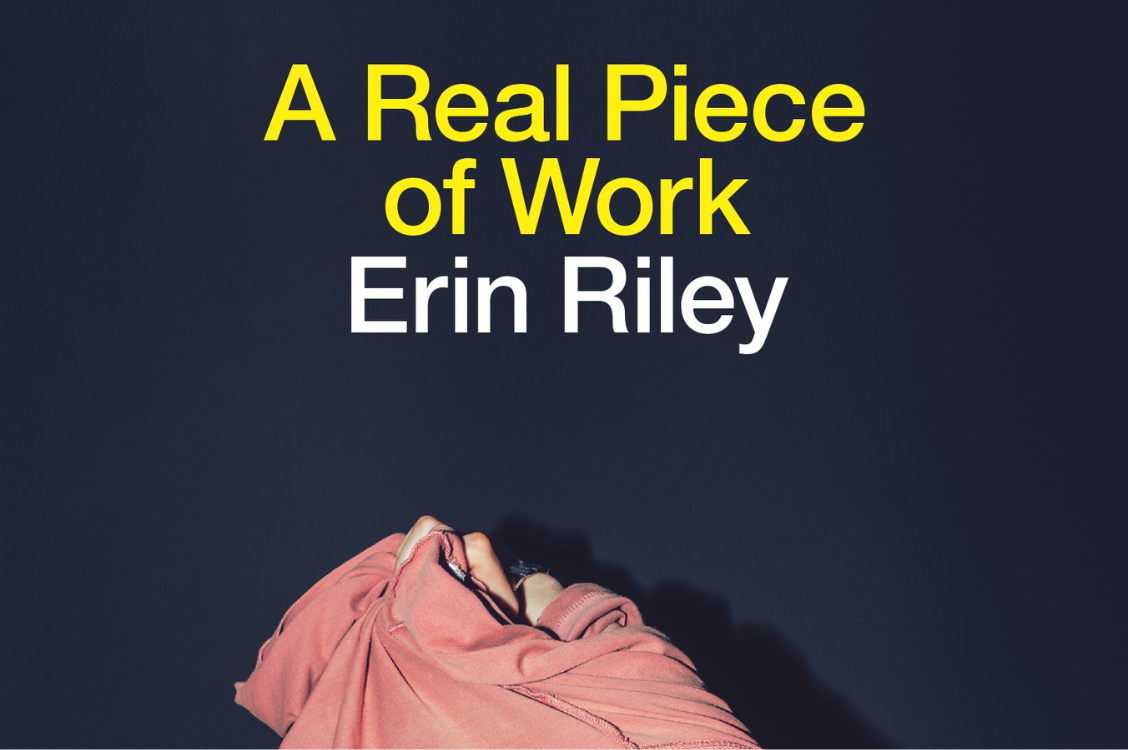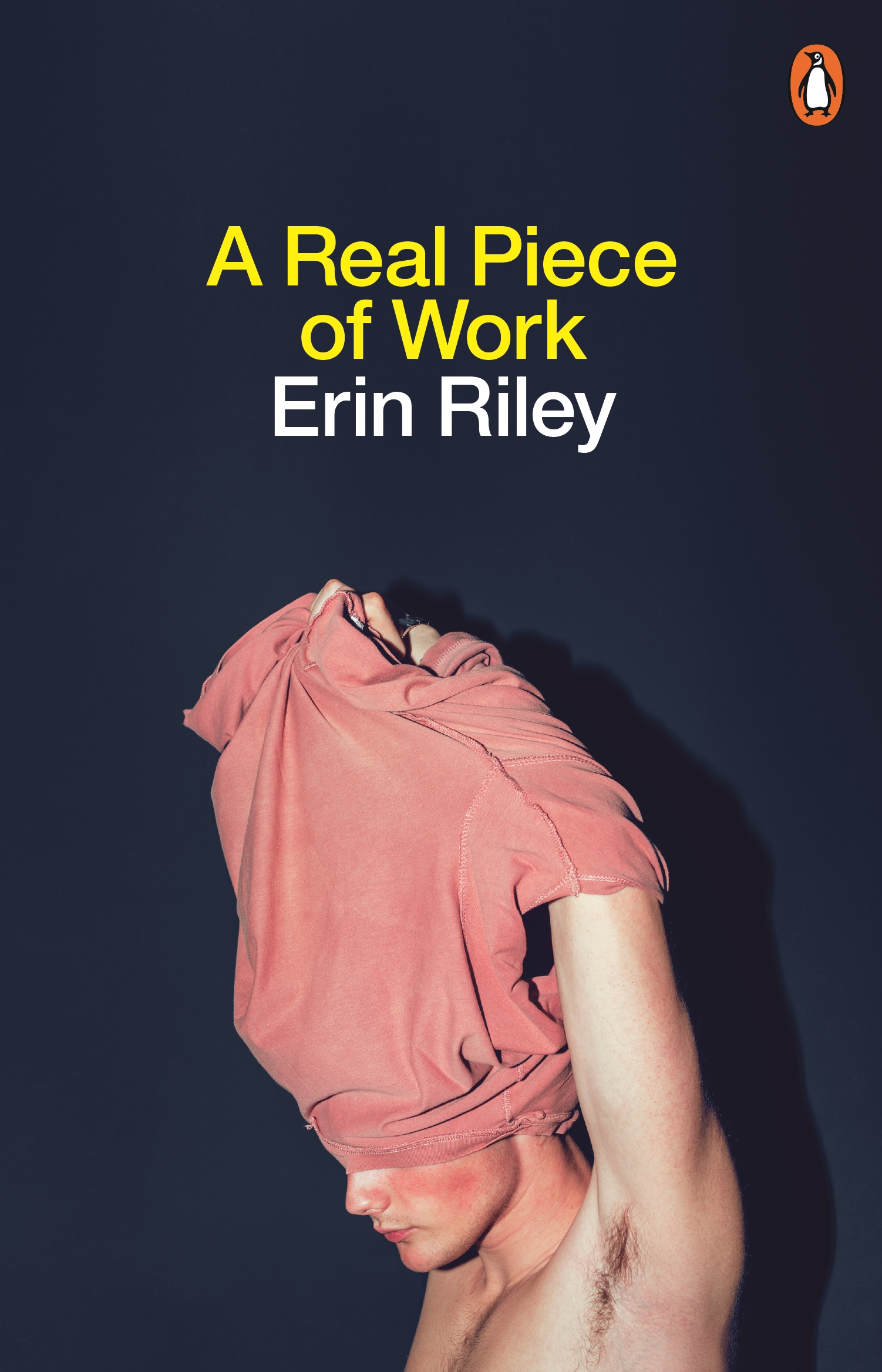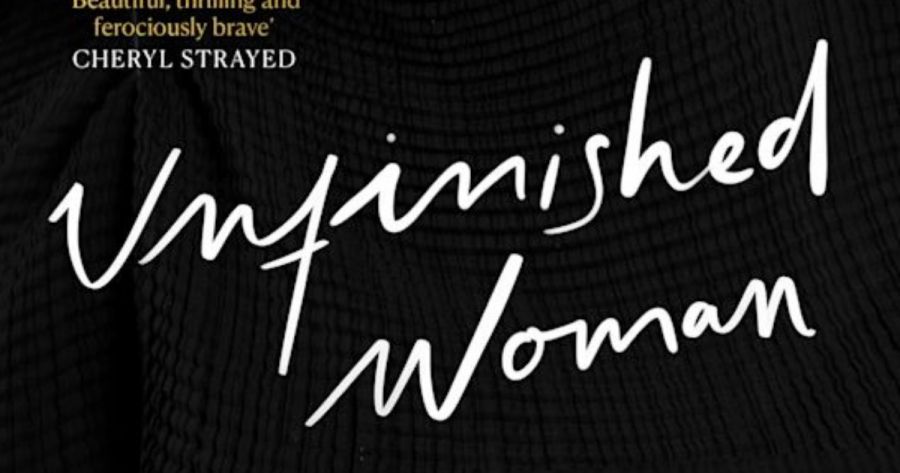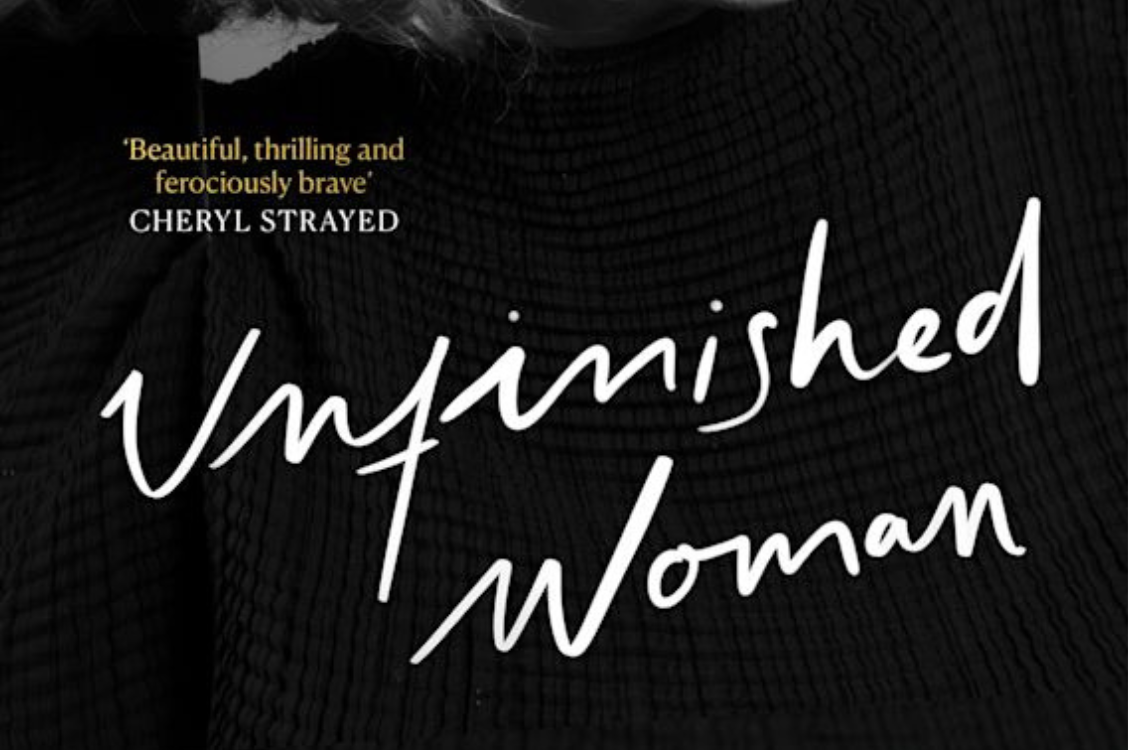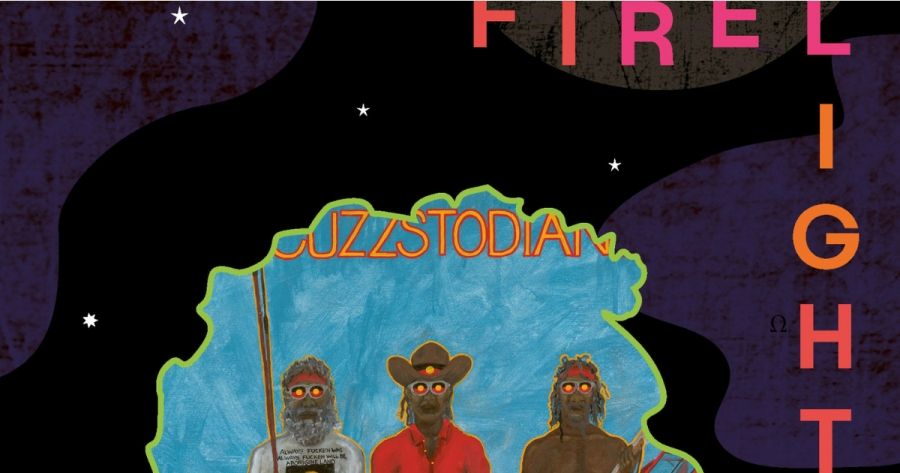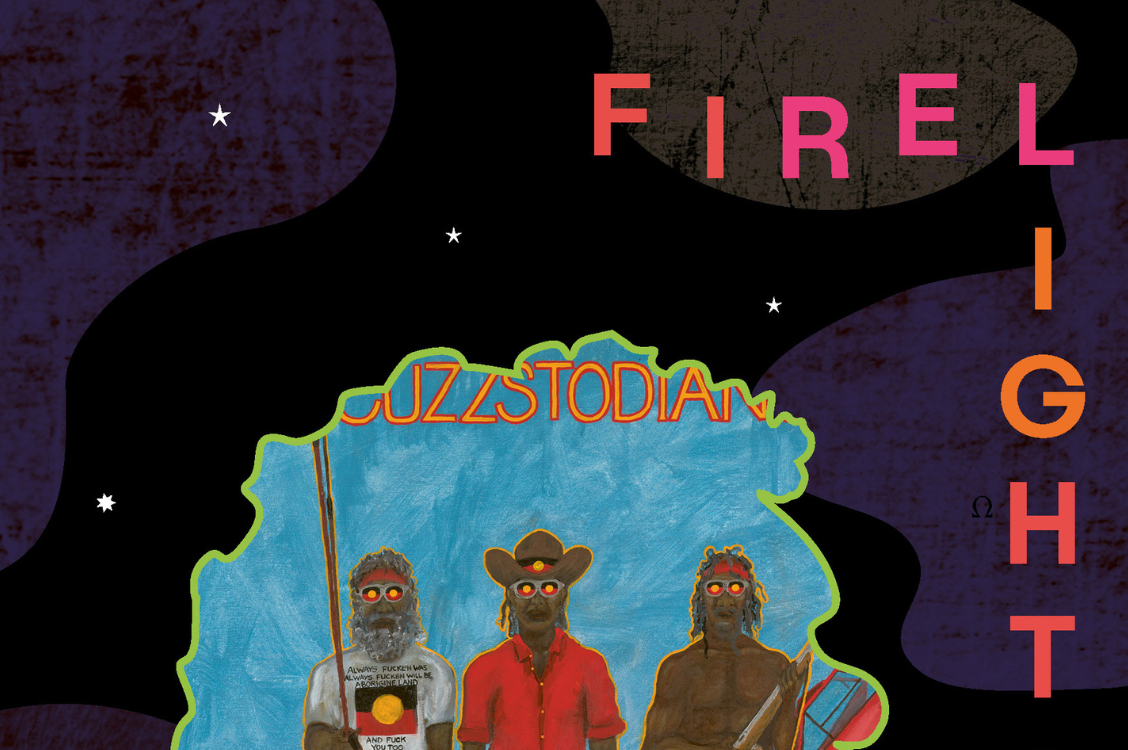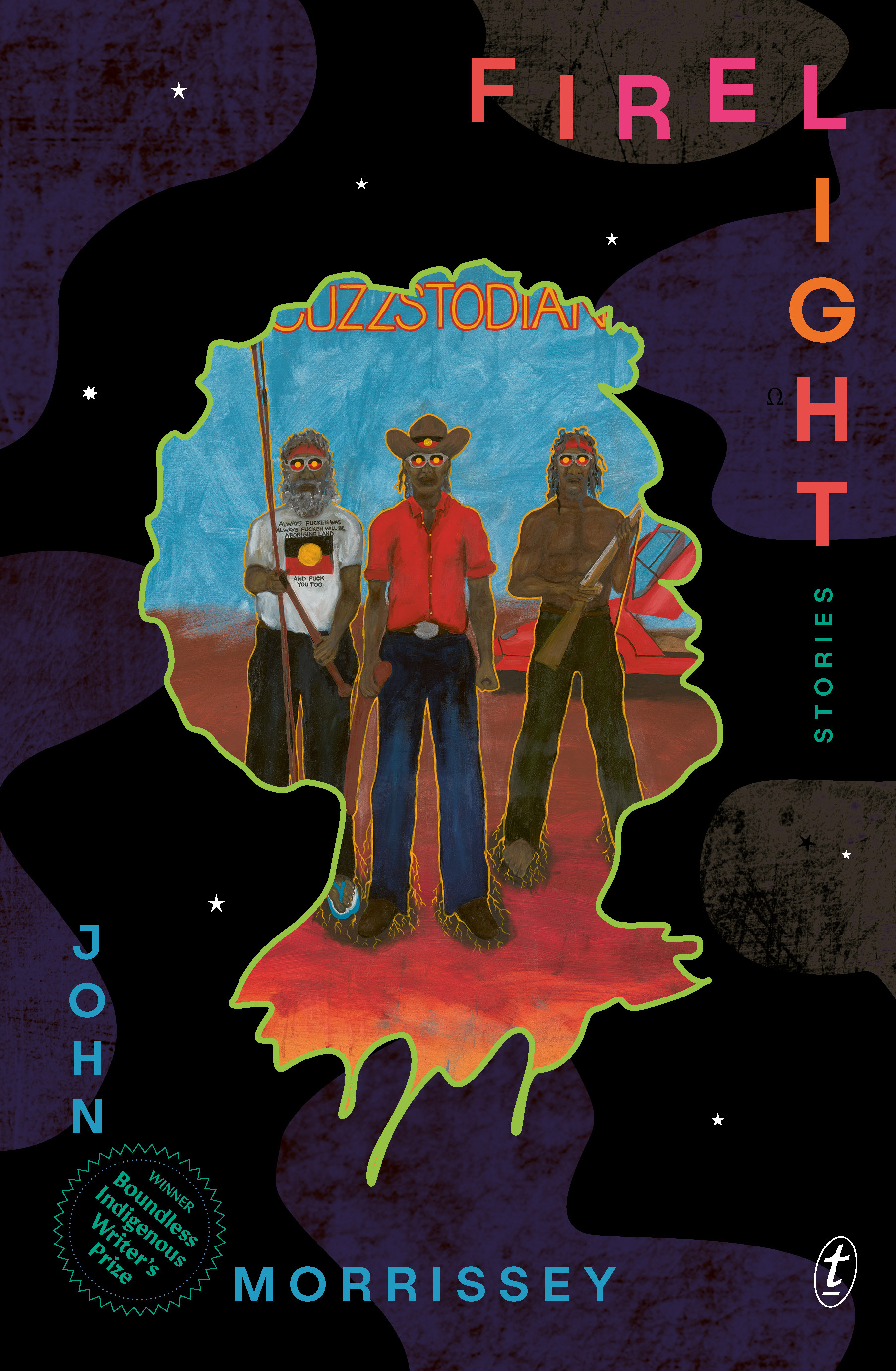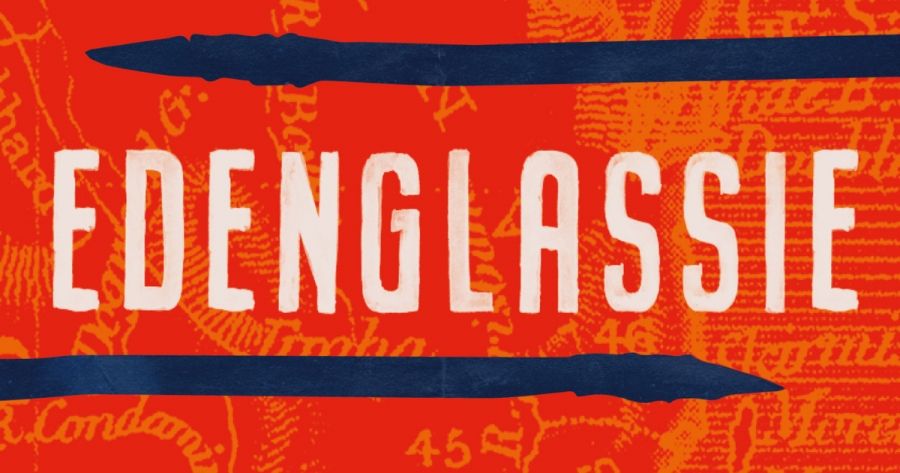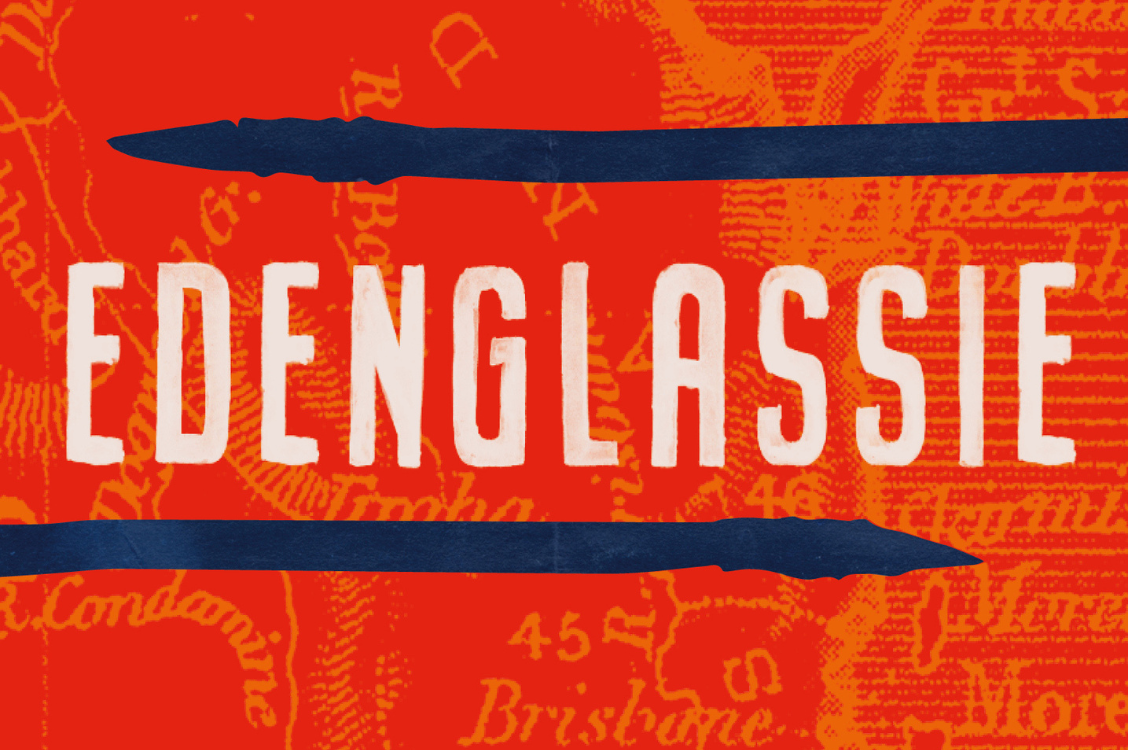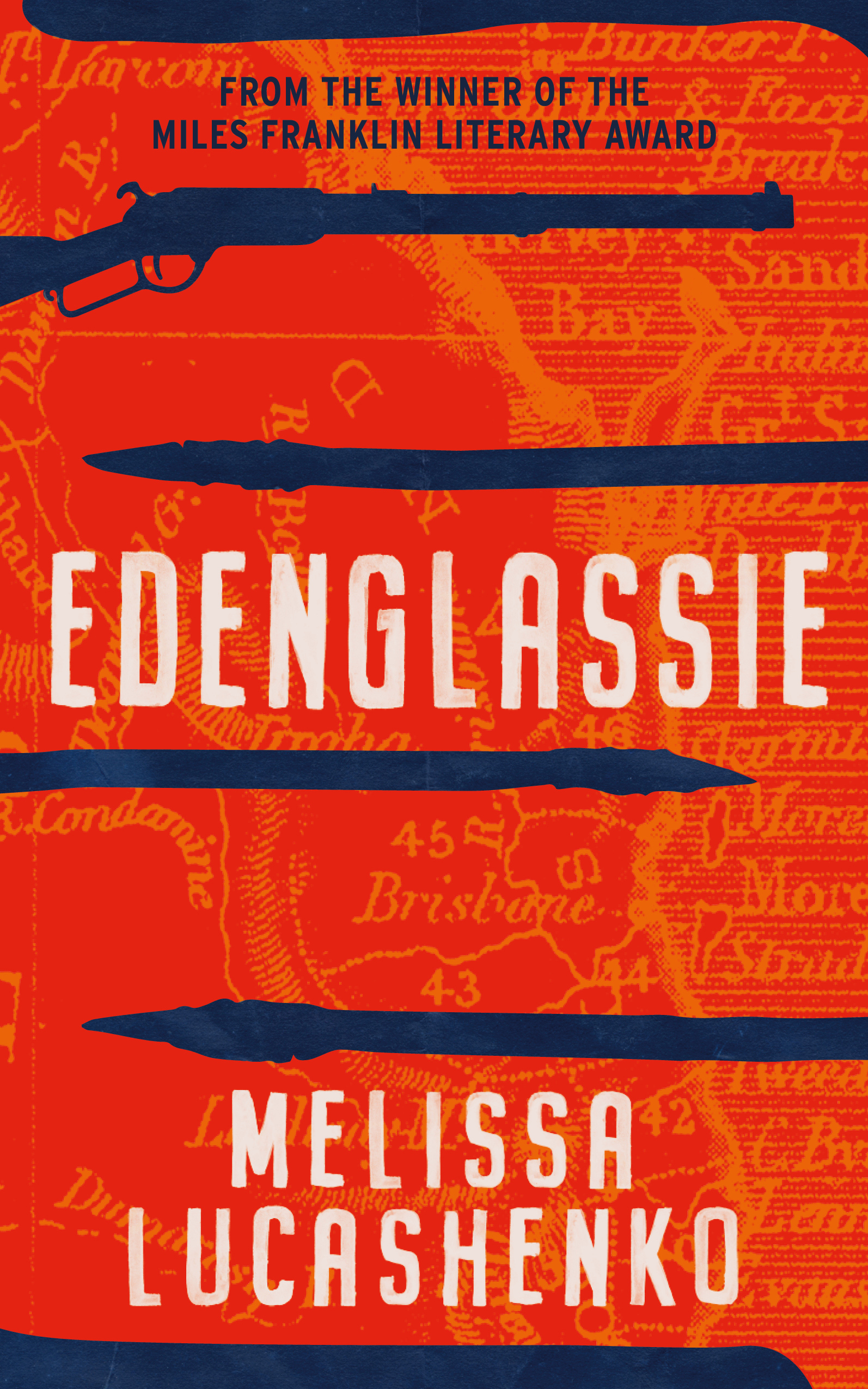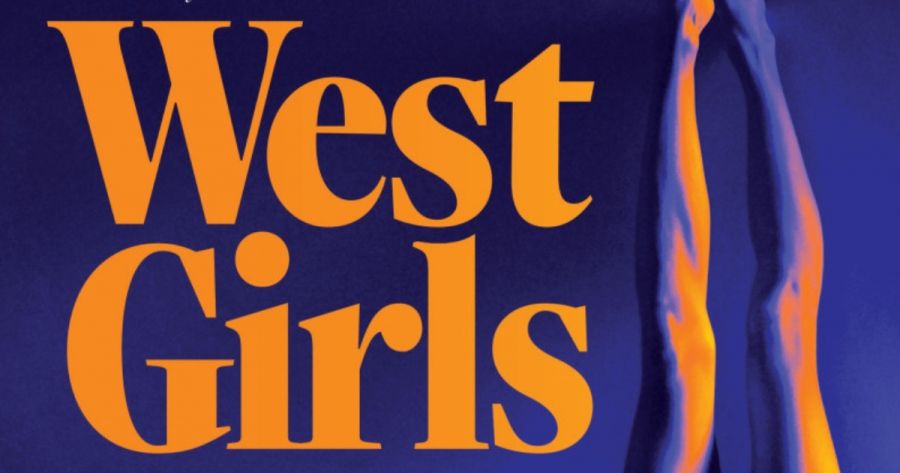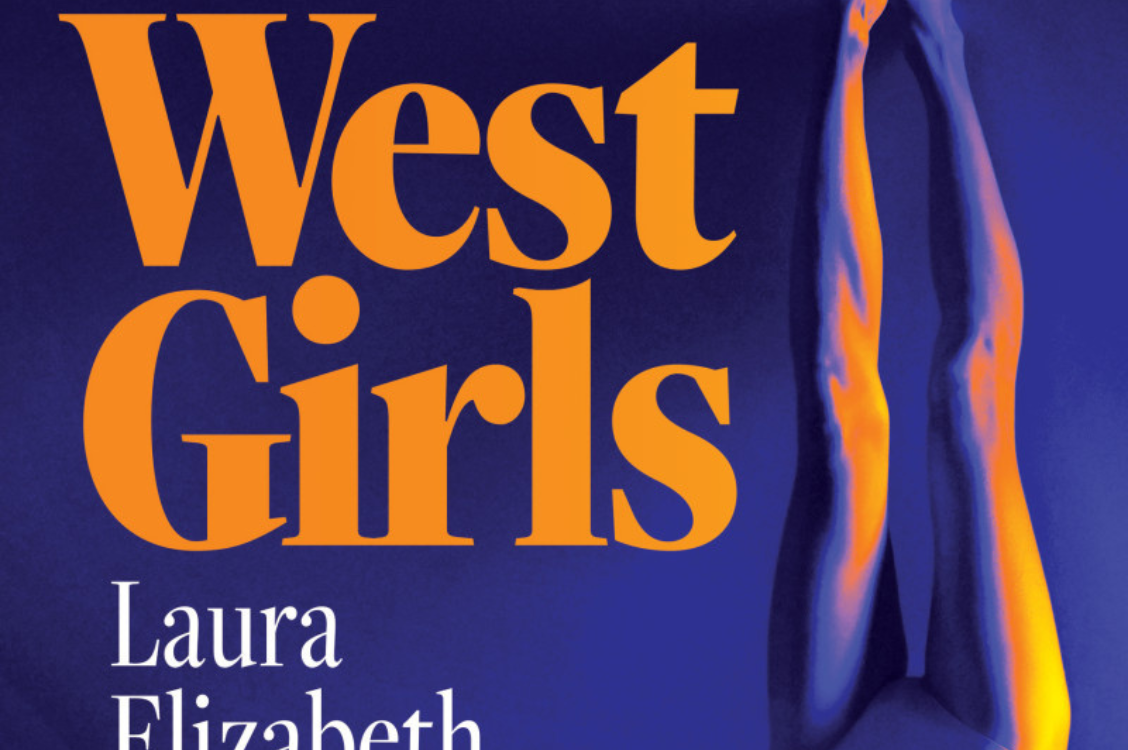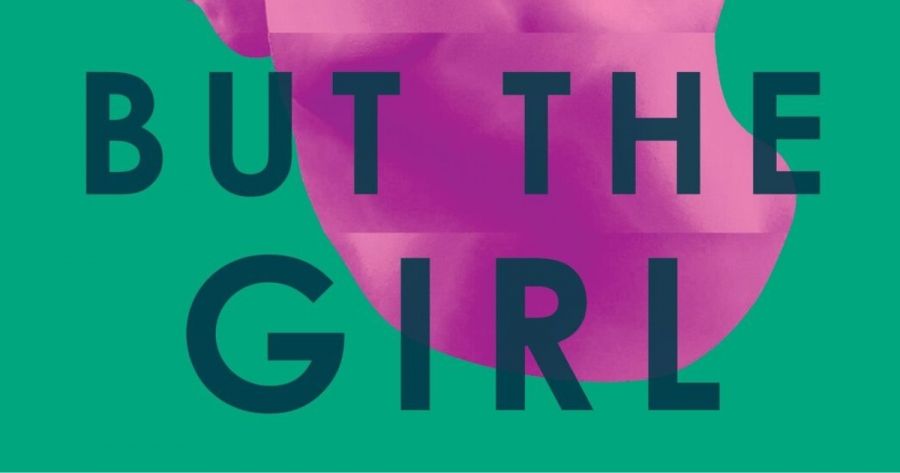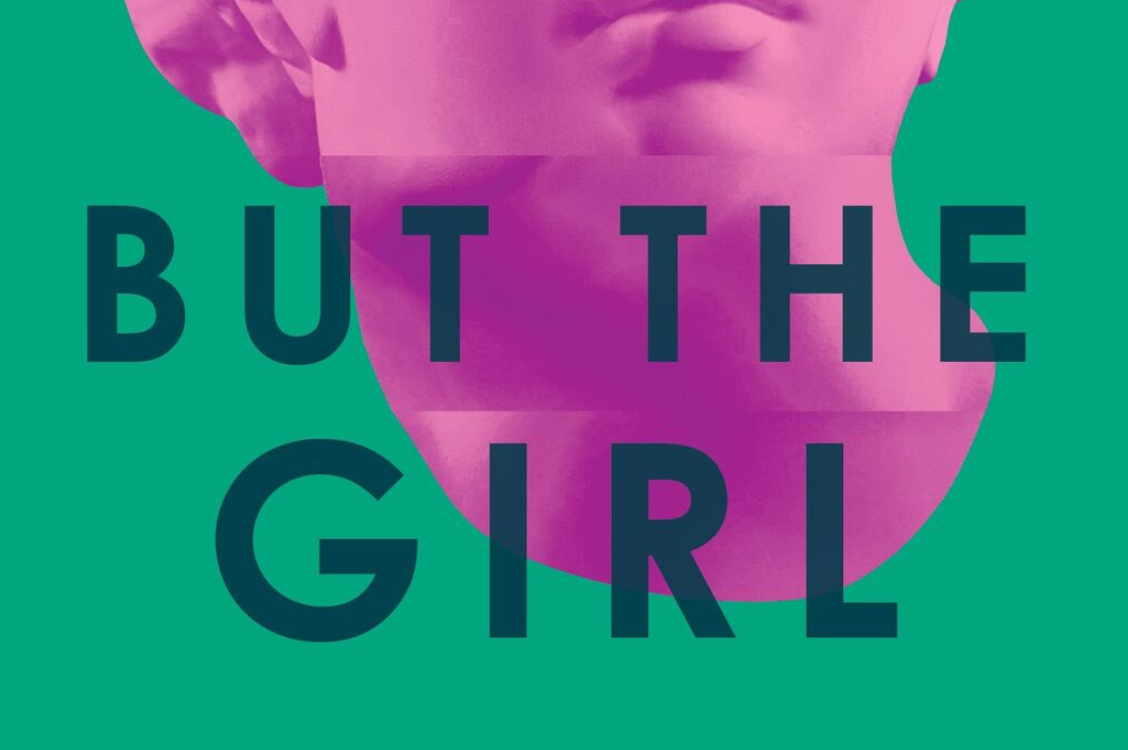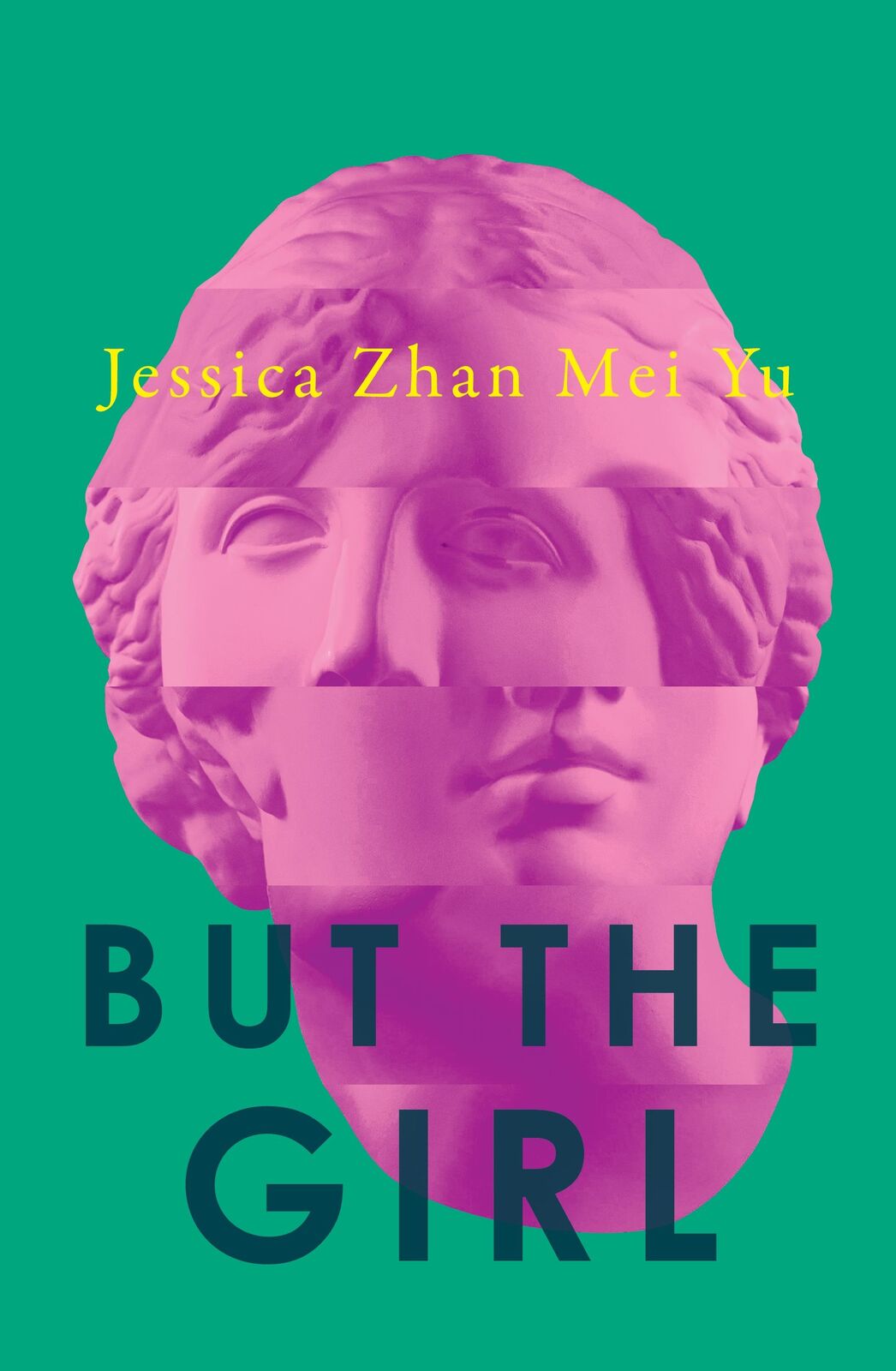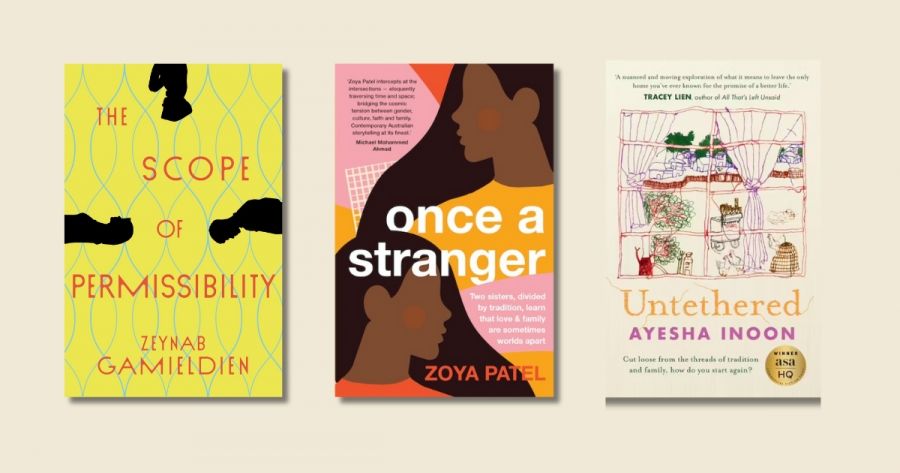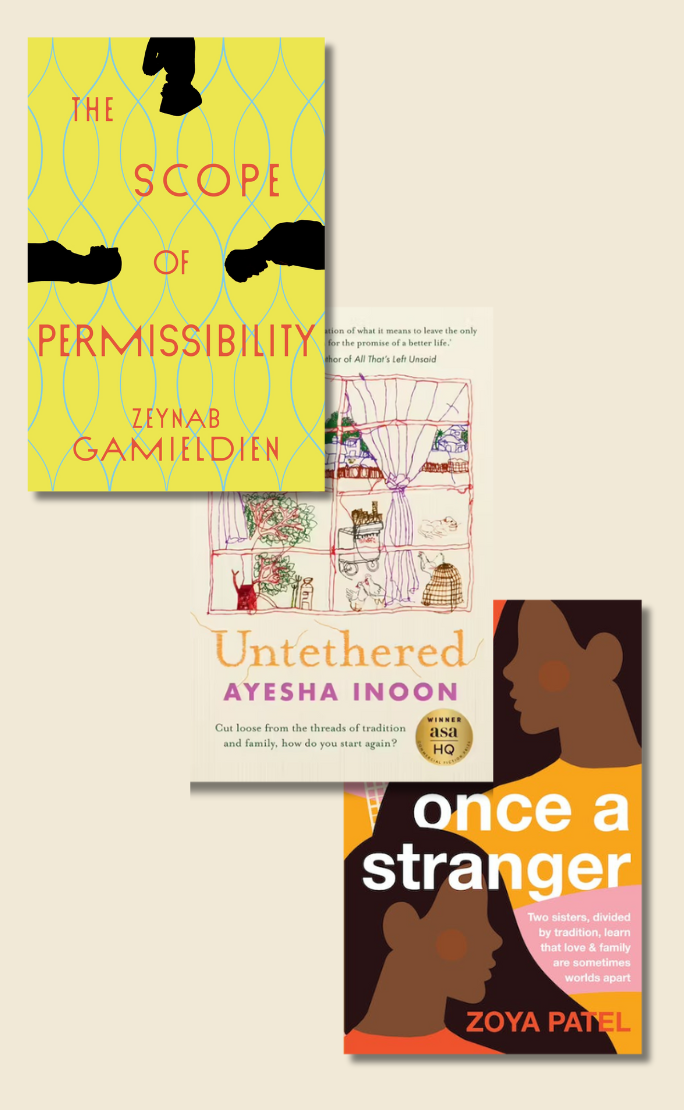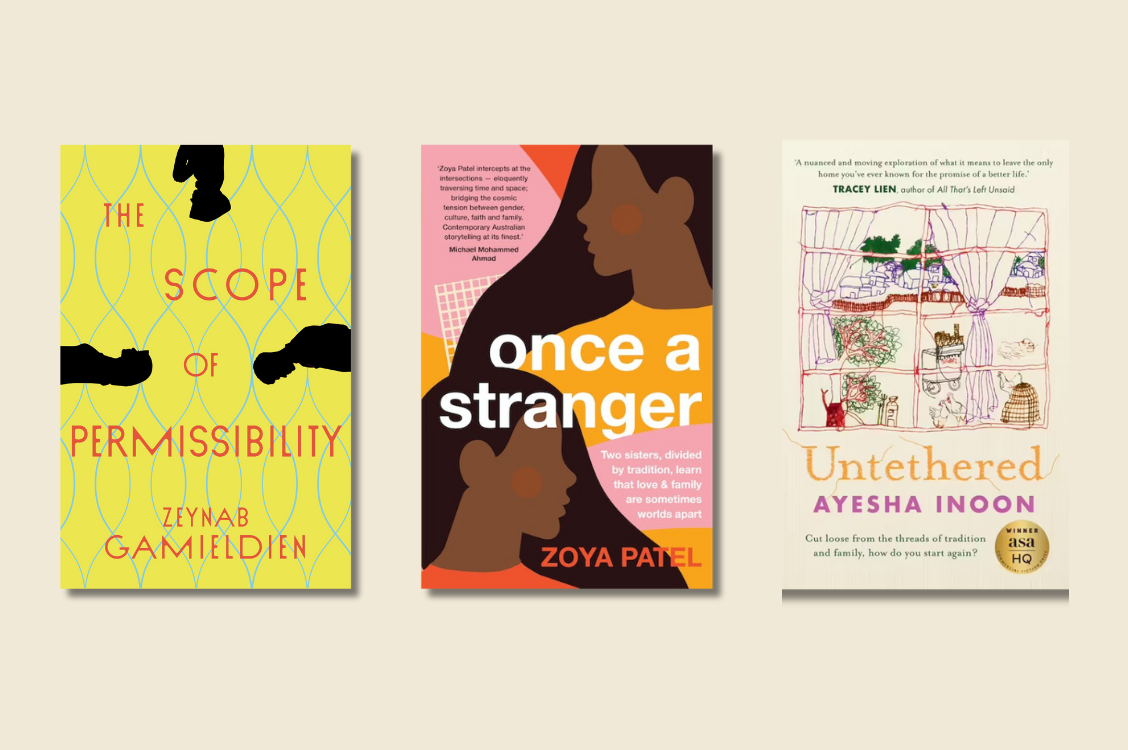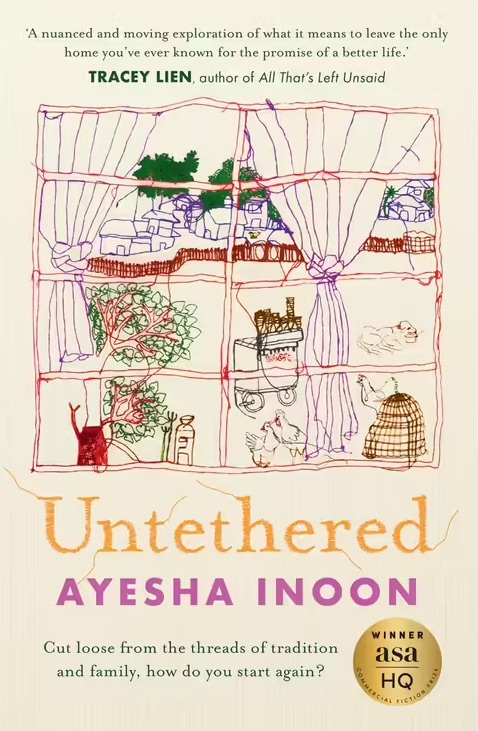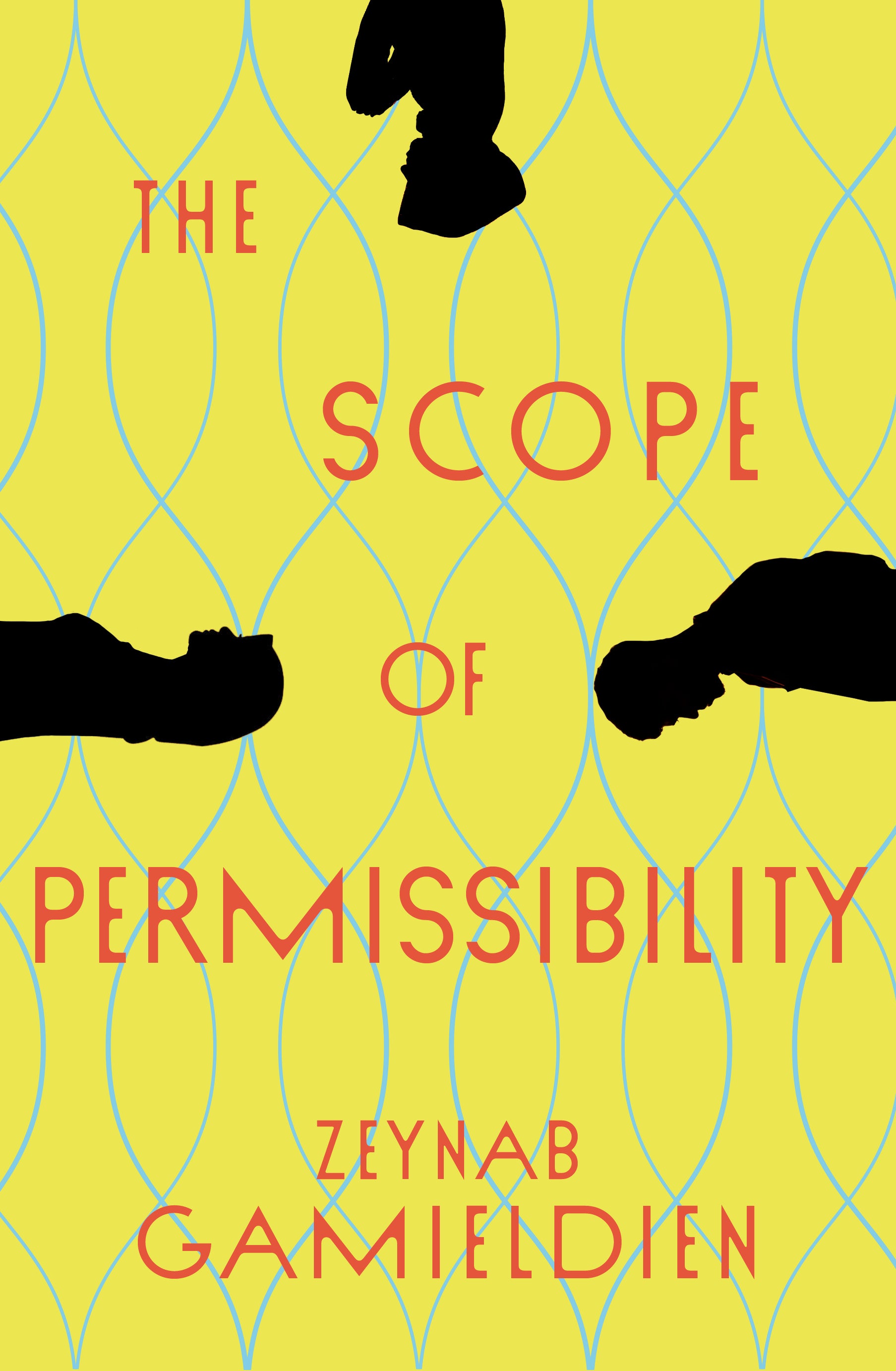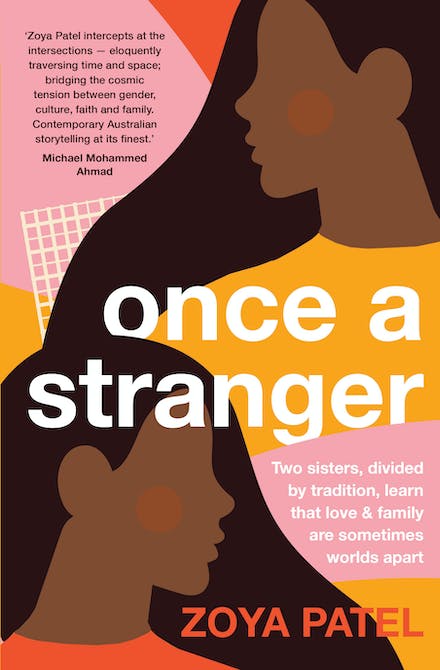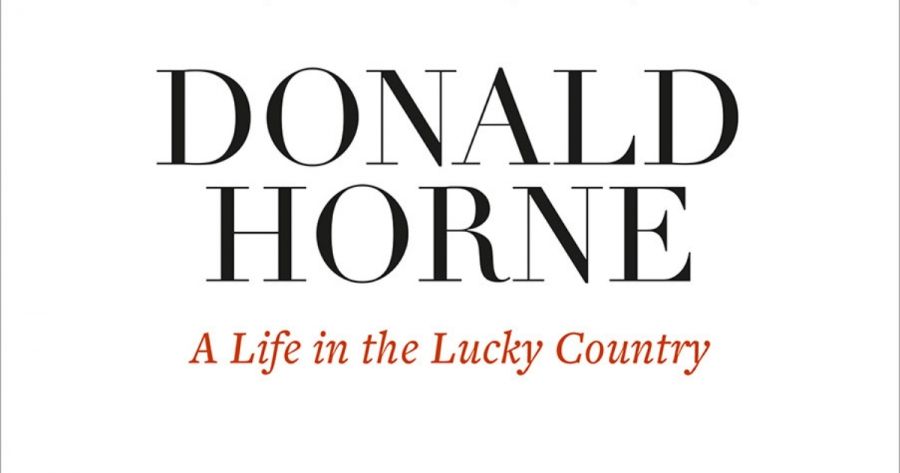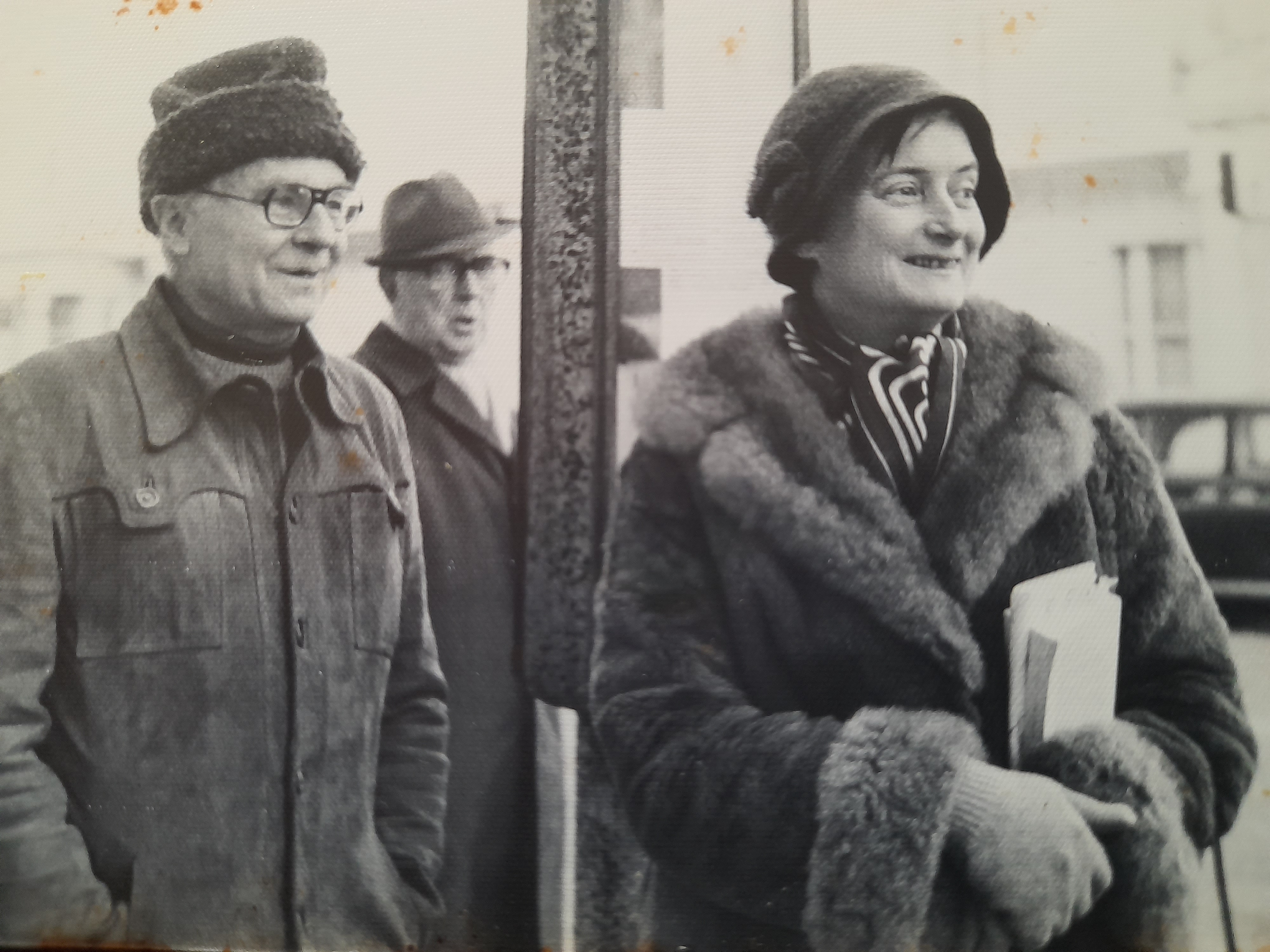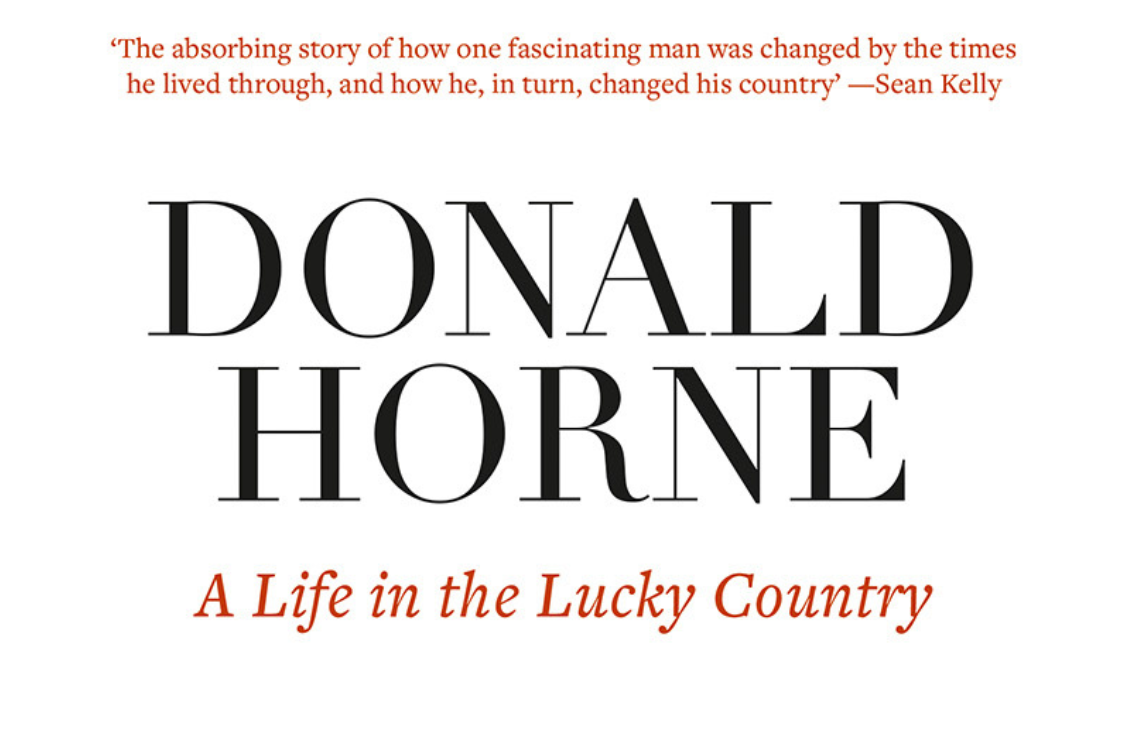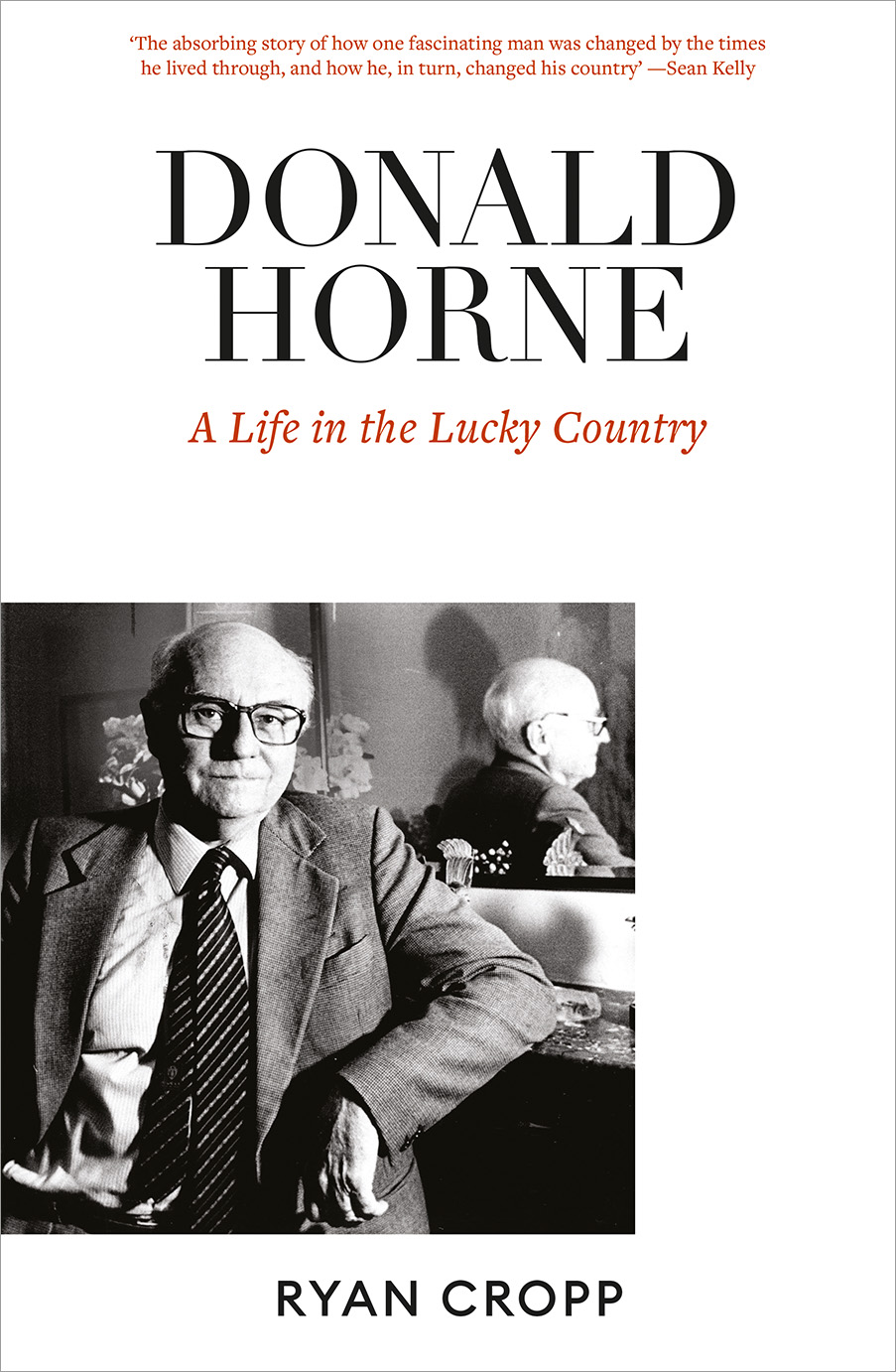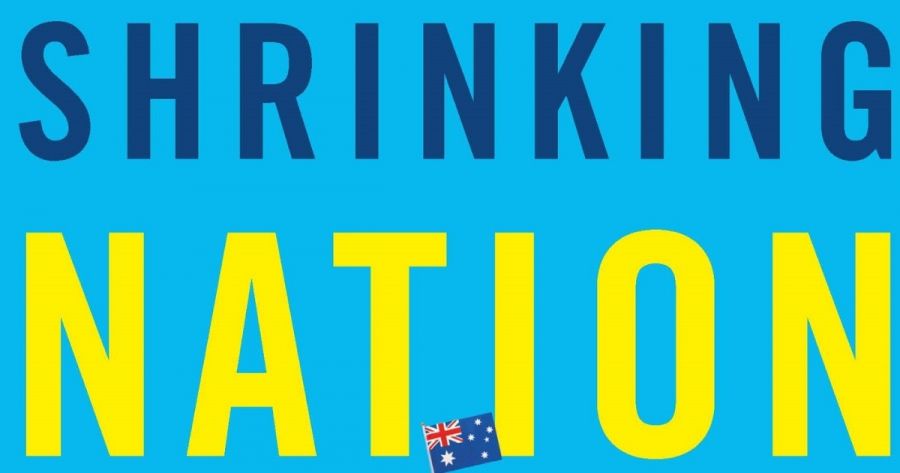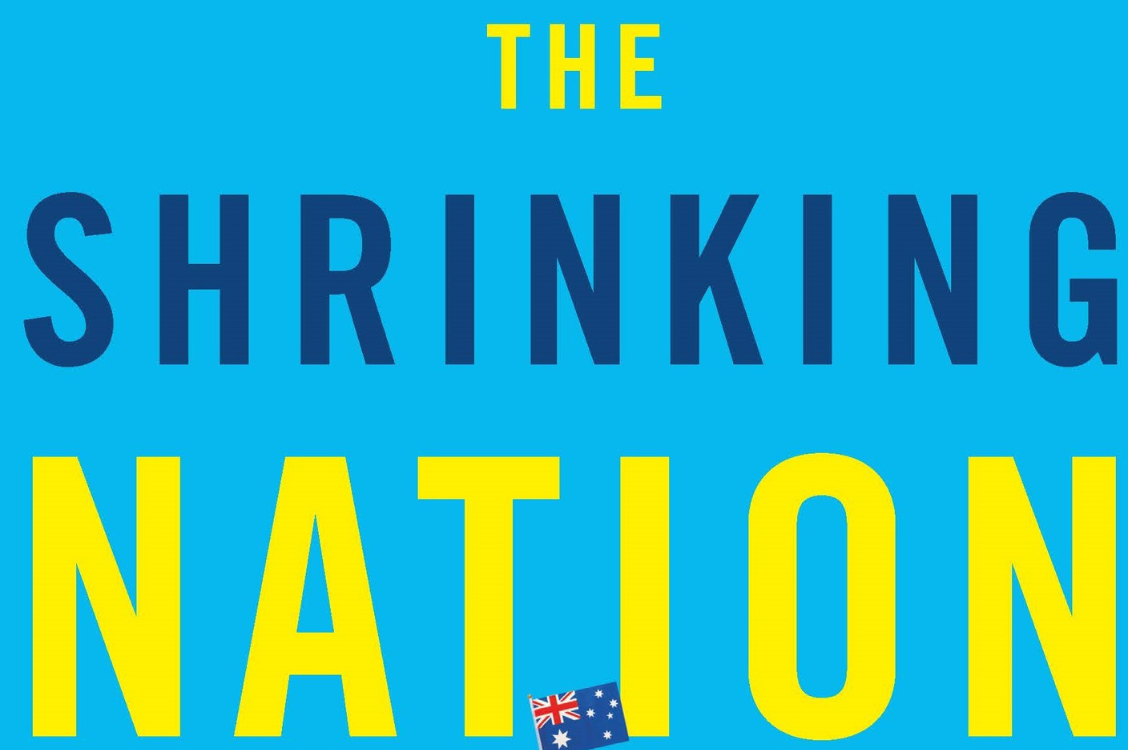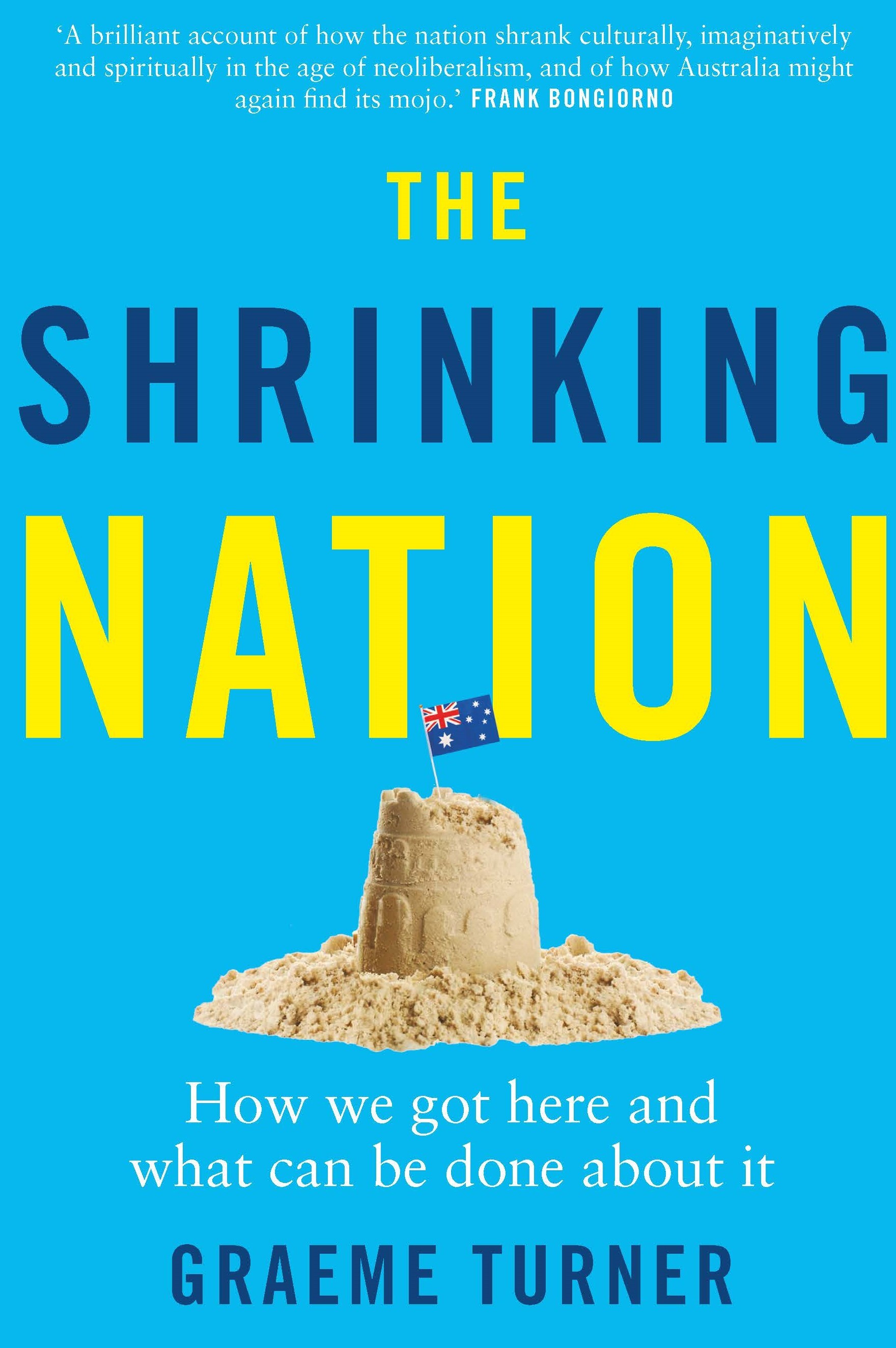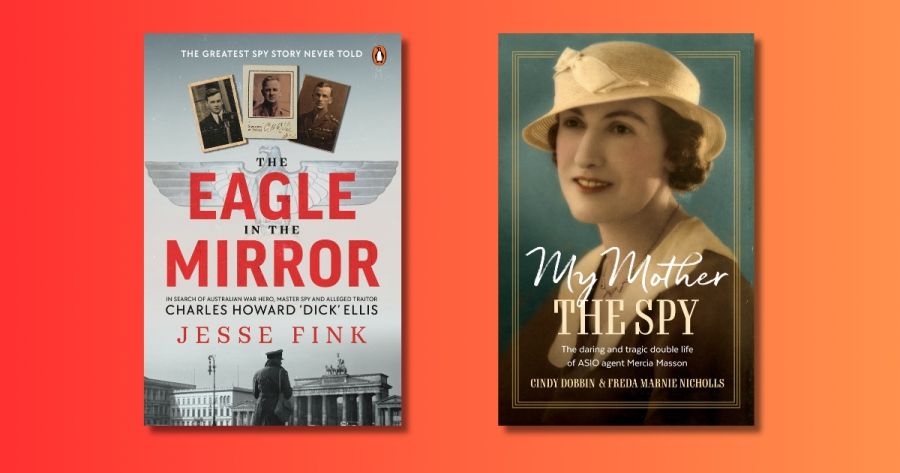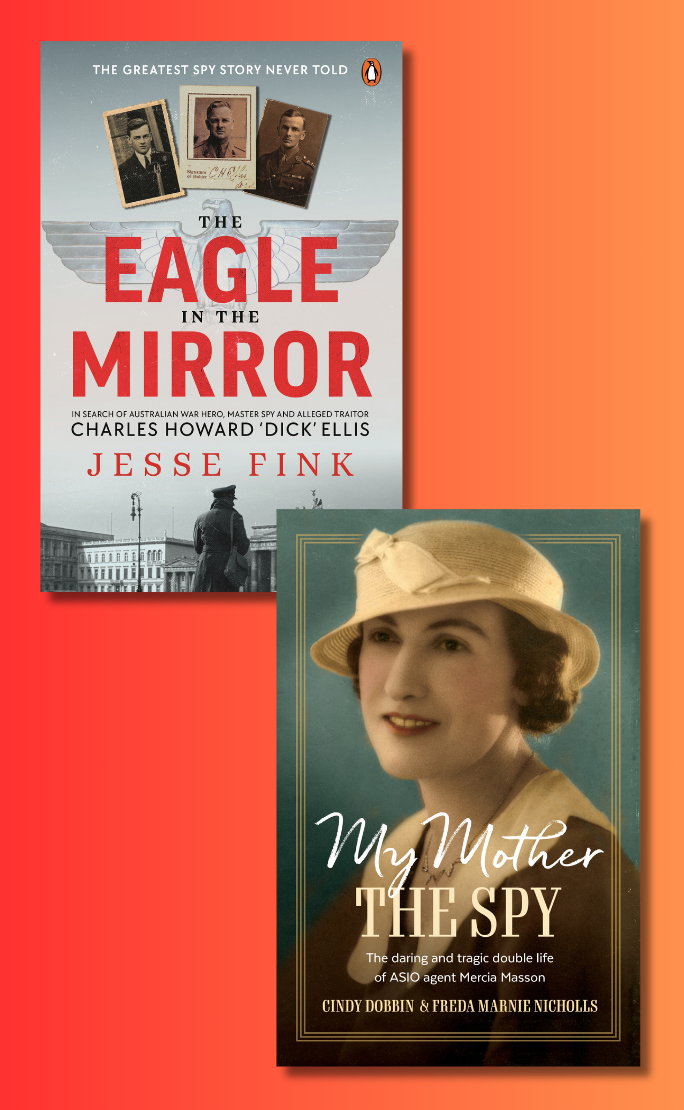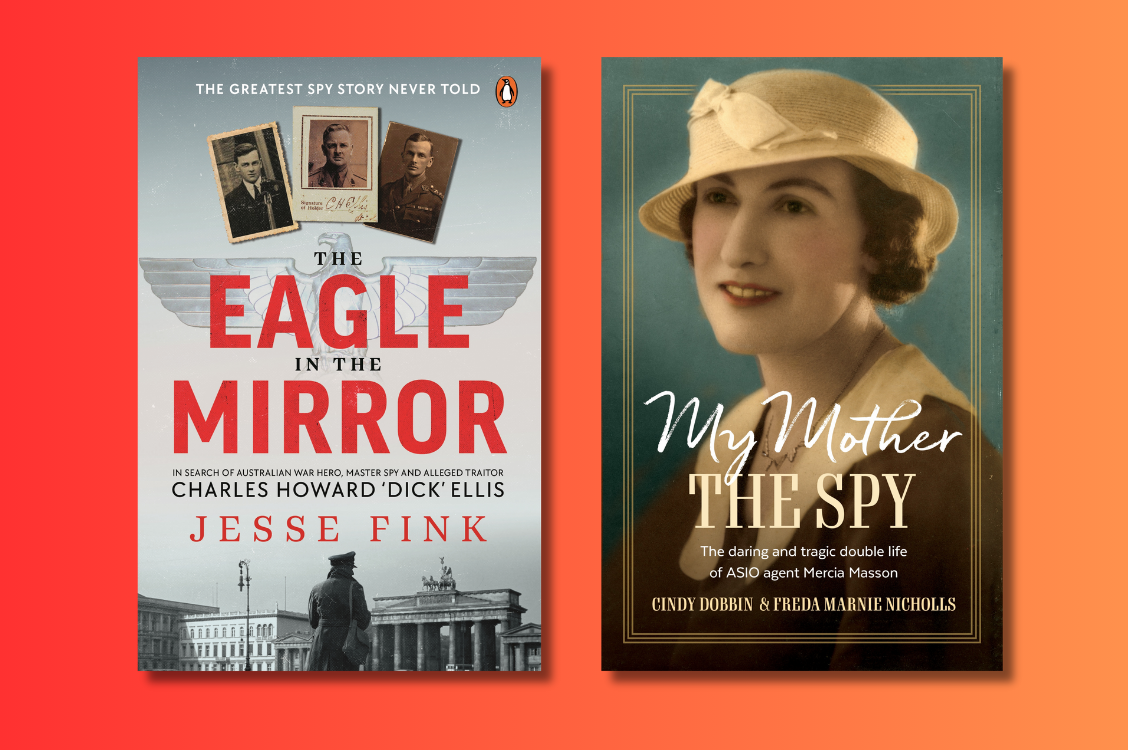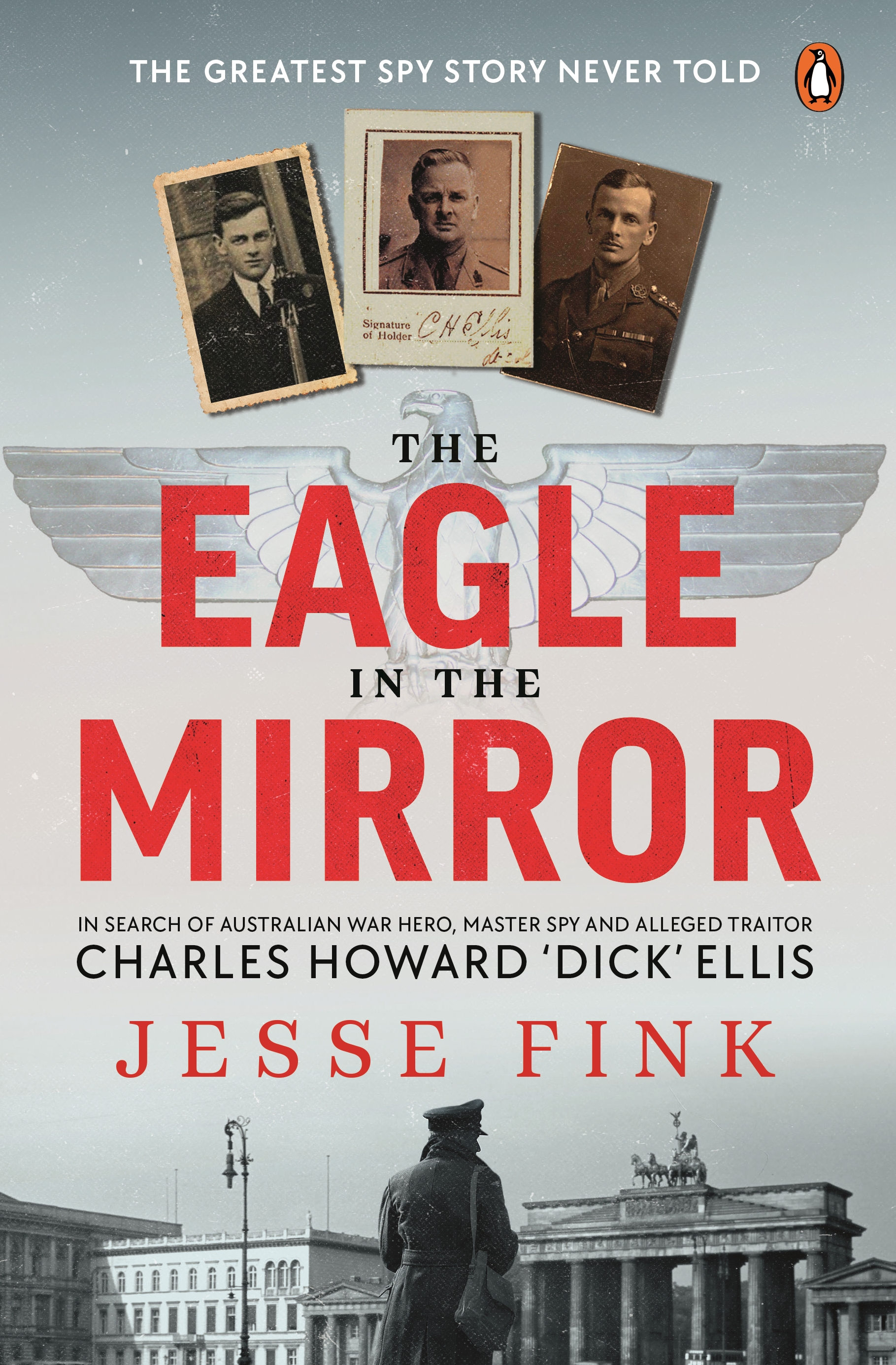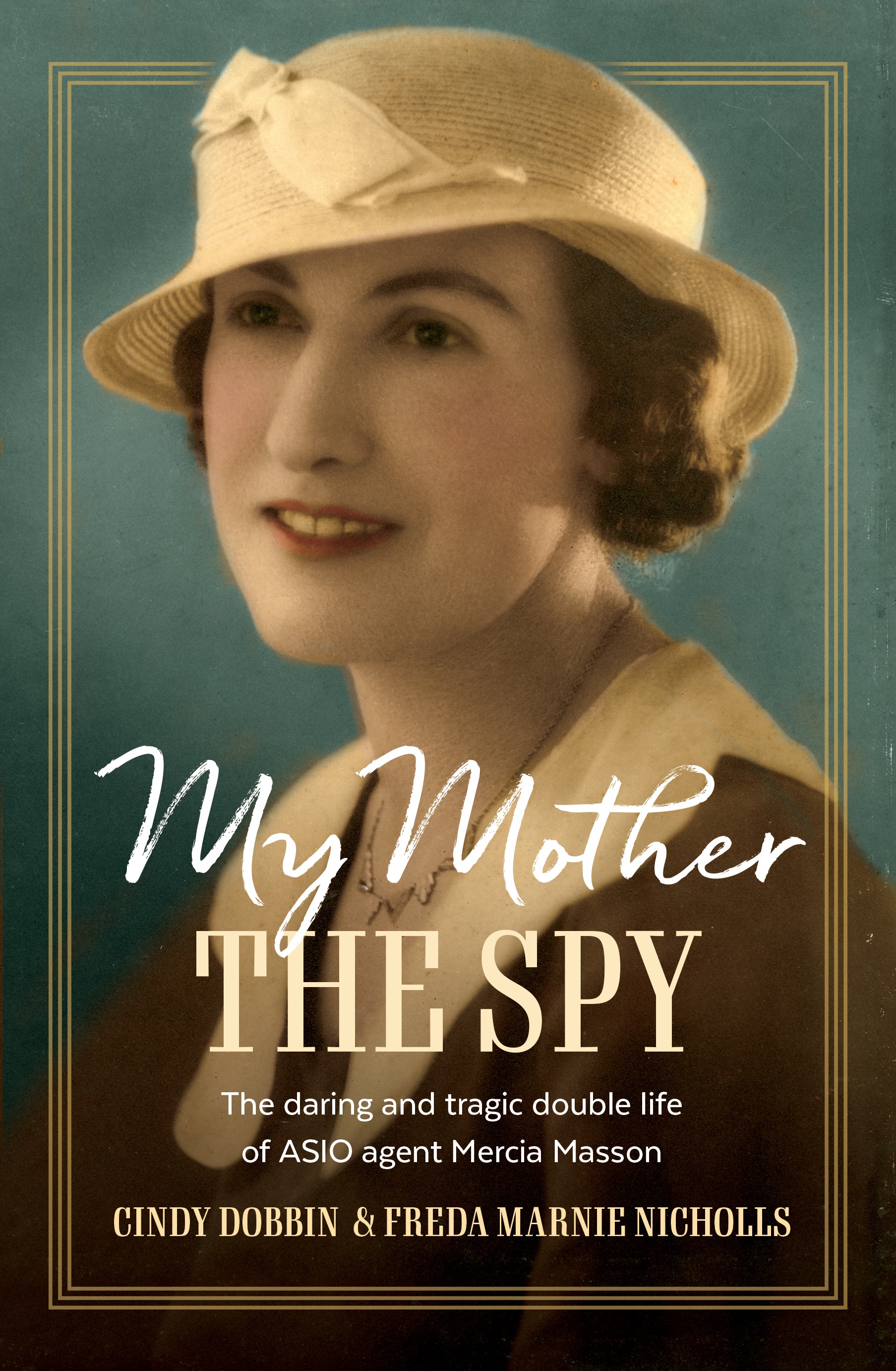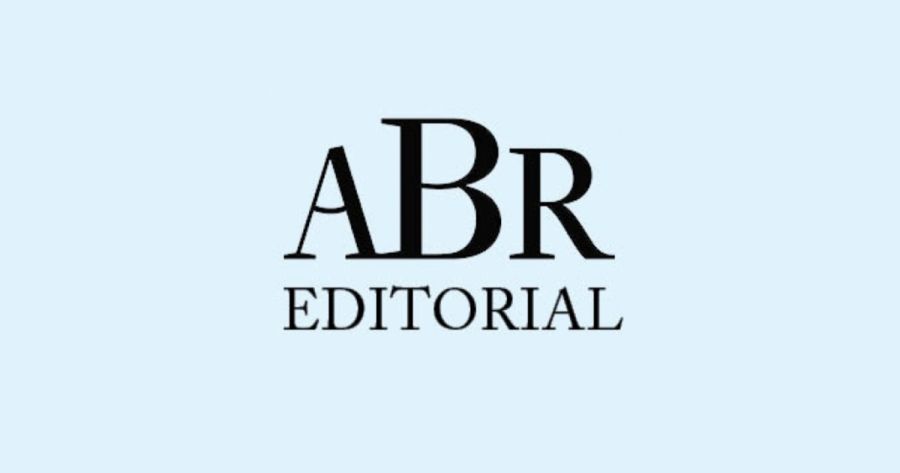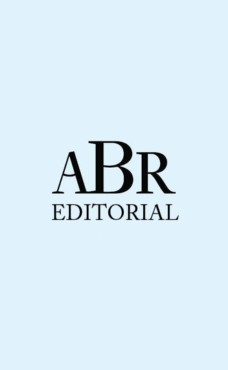In his 1968 Boyer Lectures, After the Dreaming, anthropologist W.E.H. Stanner lamented that Aboriginal and Torres Strait Islander Peoples had been omitted from narratives of the nation’s past. Contending that this omission was ‘a structural matter’, he likened Australian history to ‘a view from a window which has been carefully placed to exclude a whole quadrant of the landscape’. He proposed that the kinds of stories which could bring Indigenous history into view for Australian readers would focus on the lives of individuals.
The history I would like to see written would bring in the main flow of its narrative the life and times of men like David Unaipon, Albert Namatjira, Robert Tudawali, Durmagan, Douglas Nichols, Dexter Daniels and many others. Not to scrape up significance for them but because they typify so vividly the other side of a story over which the great Australian silence reigns.
Stanner was ahead of his time in his call for biographical approaches. Indigenous life writing did not flourish until the 1980s, when, in the lead-up to the nation’s Bicentenary, such works revealed that ‘white Australia has a black history’, as the National Aborigines and Islanders Day Observance Committee (NAIDOC) put it in 1987. Prior to 1968, few biographies of Aboriginal people had been published, and only two Aboriginal autobiographies: David Unaipon’s My Life Story (1951) and Theresa Clements’s From Old Maloga: The memoirs of an Aboriginal woman (1954).
The only other Aboriginal biographies published at that time were the handful included in the inaugural volumes of the Australian Dictionary of Biography (ADB). Volume I (1966) contained five Indigenous subjects in 575 entries – Arabanoo, Bennelong, Biraban, Bungaree, and Colebe – all men from early New South Wales who were either captured by, or seemingly served, the British. Of the 607 entries in volume II (1967), four were on Aboriginal individuals – Jackey Jackey, Wylie, Yuranigh, and Yagan – all of whom were categorised as ‘Aboriginal guides’, except for Yagan, who was outlawed by the colonists. While Stanner’s vision of the kinds of individuals who exemplified Indigenous history echoed the ADB’s exclusive focus on men, his list differed in significant ways. Rather than depicting figures mainly in terms of their contributions to or impact on the early colonies, Stanner’s selection of individuals comprised an inventor, an artist, an actor, a warrior, a pastor and future state governor, and a trade unionist. These were men who had achieved success, advocated for Indigenous rights, or striven to maintain cultural autonomy and connections to kin in the face of interventionist government policies.
In many respects these differences in approach reflect two broad trajectories in Indigenous history. One illustrates an outdated but not obsolete historiography that arguably homogenises Aboriginal and Torres Strait Islander people and only considers their lives in terms of colonisation (or settler-colonialism), while the other strives to illuminate individual agency and to understand the past in ways that are meaningful to Aboriginal and Torres Strait Islander Peoples in terms of Country and ancestors, or local languages, cultures, and knowledges. Thinking through these different approaches and their implications for the stories we tell has been a key driver of our research project, An Indigenous Australian Dictionary of Biography.
The project began formally in 2017. Our main aim was to redress the under-representation of Aboriginal and Torres Strait Islander people in the ADB, which by then had published nineteen volumes. This included a 2005 Supplement: an earlier ameliorative response to criticisms about the lack of entries on women and Indigenous people, including calls for change by Marduntjara and Pitjantjatjara historian Gordon Briscoe. Despite this earlier initiative, by 2017 the ADB, over the course of its fifty-year history, had still published only 210 Aboriginal and Torres Strait Islander entries out of some 13,000 biographies. This represented 1.5 per cent of entries, or about half of today’s Indigenous proportion of the Australian population. Our initial target was to almost double the number of entries in the ADB and to produce 190 new biographies. Over the course of our project, we have prioritised First Nations involvement in our project. In order to achieve this, we have revised our target to one hundred new articles, with a high proportion written and edited in collaboration with Indigenous people.
Another key aim of the project was to ensure that it was Indigenous-led and represented community interests. The Indigenous Working Party (IWP) comprises First Nations researchers from across Australia (including the authors of this essay). It has played a crucial role in these endeavours by overseeing the project, being actively involved in producing the biographies, and advocating for the project to communities and families of potential biographical subjects. To this end, we have had significant involvement from First Nations contributors who have authored or co-authored more than forty per cent of our published and in-press articles, including several who have written multiple entries, such as Yuwaalaraay/Gamilaraay historian and filmmaker Frances Peters-Little and Quandamooka scholar Galiina Ellwood. While the ADB had previously commissioned Aboriginal authors such as IWP member Steve Kinnane, a Mirriwoong scholar, and Yugambeh writer Ysola Best, who wrote five biographies, our current project has considerably added to the number of First Nations contributors, several of whom are first-time biographers.
Moreover, many authors are related to the people they are writing about, or have consulted with families for their input. This was also a significant departure for the ADB, which embraced Western traditions privileging impartiality and distance. From Aboriginal and Torres Strait Islander perspectives, however, identifying connections and relatedness are precursors to dialogue (i.e, ‘Who’s your mob?’), and crucial to building trust, including trust in the biographers’ account. Intent on highlighting such relationships, we insisted that our entries include author biographies, usually omitted from ADB articles. Further, to acknowledge traditional owners and remind readers of Indigenous sovereignty, these usually include the Country on which the author resides. Finally, we urged the ADB to implement a cultural warning on its website. Such initiatives strive to encourage First Nations readers to feel that the ADB is for us too, that our ancestors are part of Australia’s history, and that we are welcomed as expected readers. All too often Indigenous people are not imagined as part of the audience; we are made to feel spoken about, rather than spoken to.
Our imagined Indigenous reader also guides how we prepare our biographies in collaboration with the ADB research editors Rani Kerin and Kiera Donnelly. In addition to the ADB’s usual fact-checking and stylistic protocols, we strive to ‘Indigenise’ the entries in subtle yet significant ways. It is important to identify the person’s Indigenous name(s), as well as their language group or clan and the names of their kin, and to use local language terms if appropriate. We try to avoid ‘normalising’ colonial perspectives, which often inflect non-Indigenous sources and can include euphemistic terms for violence or back-handed colonial stereotypes.
Our project has also faced several challenges. Some we anticipated but underestimated, such as the difficulty in commissioning biographies of Aboriginal and Torres Strait Islander women. While women in general are grossly under-represented in the ADB, we only managed to improve the representation of Indigenous women from twenty-two to twenty-six per cent (of our new entries). This is partly an effect of colonial sources paying more attention to men than women, as evident in Stanner’s biographical list, but is also arguably a consequence of greater sensitivity towards female figures who might be apical ancestors or have been subjected to doubly offensive racist and sexist treatment or depictions by colonisers. In these difficult or confronting cases, invited authors felt that consultation with all descendants would be essential before they could proceed, an impossible task with our available resources.
We also underestimated the difficulty of commissioning new biographies of Torres Strait Islander people, even with the exceptional expertise of Mabuiag Elder, Uncle John Whop. The ADB had published only eight entries, all on men, before our project began. To date we have added only four new biographical subjects – including one woman, the Mabuiag pioneer of Moa Island, Uraba Demag Ware, written by her descendant Moilang Ware – and Paralympian Harry Mosby, written by non-Indigenous sports historian Gary Osmond. We have commissioned a few more.
While we have identified further potential subjects, finding appropriate authors willing to write biographies has had its challenges. This may be due to the high demands on the relatively small number of scholars involved in Torres Strait Islander research. But it could also reflect the ADB’s long-term failure to foster Islander interest in its national biographical project: having been overlooked for five decades, and still represented by only a dozen individuals, it is unlikely that Torres Strait Islanders see themselves reflected in the ADB or feel compelled to contribute.
We have also faced unforeseen challenges such as the Covid epidemic, and growing concerns over the place of non-Indigenous scholars in the writing of First Nations biography. While the question of who should write Indigenous history has circulated since the early 1980s, it seems like a more pressing concern now, perhaps fuelled by growing calls to decolonise the academy in the wake of the Black Lives Matter movement, or the wider adoption of Indigenous research ethics protocols. Consequently, a not insignificant number of non-Indigenous historians are uncertain whether it is politically and ethically appropriate for them to engage in First Nations matters. While we encourage non-Indigenous researchers to write Indigenous biographies, we recognise that this is not a sentiment shared by all communities, and respect each community’s right to have a say in who tells their history. Some communities welcome new research to record their Elders’ stories to support cultural revitalisation initiatives, or to produce new histories, including biographies, to pass on to future generations. Other communities, stung perhaps by earlier exploitative research practices, are determined to control how research will be conducted in their community. Given the need for, and the value of, sharing the unique histories and diversity of Indigenous individuals and communities, instead of adopting a universal stance on whether or not to engage in Indigenous biography, we encourage scholars to critically reflect on their own research ethics and approach it on a case-by-case basis. Just as members of the IWP have done throughout our lives as we worked to share stories of our families and communities – our individual trials, collective triumphs, and sense of belonging – here we seek recognition of Indigenous agency and support understandings of the past in ways that are meaningful to Aboriginal and Torres Strait Islander people.
More than fifty years ago, Stanner drew our attention to ‘the great Australian silence’. While Aboriginal and Torres Strait Islander histories and biographies have proliferated in important and innovative ways since then, the view onto our past is still partially obscured, sometimes wilfully, for example in the aggressively sceptical reception of works which seek to recast understandings of Indigenous land management practices. More significantly, there are still many aspects of our historical experience which remain untold, especially within the ADB. While this first phase of our project is drawing to a close, we remain committed to widening our view of Australia’s past to better include First Nations experience, particularly in terms of the lives of First Nations women and Torres Strait Islanders.
Shino Konishi, DAATSIA Fellow, Australian Catholic University; Julie Andrews, Academic Director (Indigenous Research), La Trobe University; Odette Best, Pro Vice-Chancellor (First Nations Education and Research), University of Southern Queensland; Brenda L. Croft, Professor, Indigenous Art History and Curatorship, Australian National University; Steve Kinnane, Co-Chair of Indigenous Studies, University of Notre Dame; Greg Lehman, Pro Vice-Chancellor Indigenous Leadership, University of Tasmania; and Uncle John Whop, PhD Candidate, Batchelor Institute.
This research was supported by the Australian Government through the Australian Research Council’s Discovery Projects funding scheme (Project IN170100012). The views expressed herein are those of the authors and not necessarily those of the Australian Government or of the Australian Research Council.
This article is one of a series of ABR commentaries on cultural and political subjects being funded by the Copyright Agency’s Cultural Fund.
